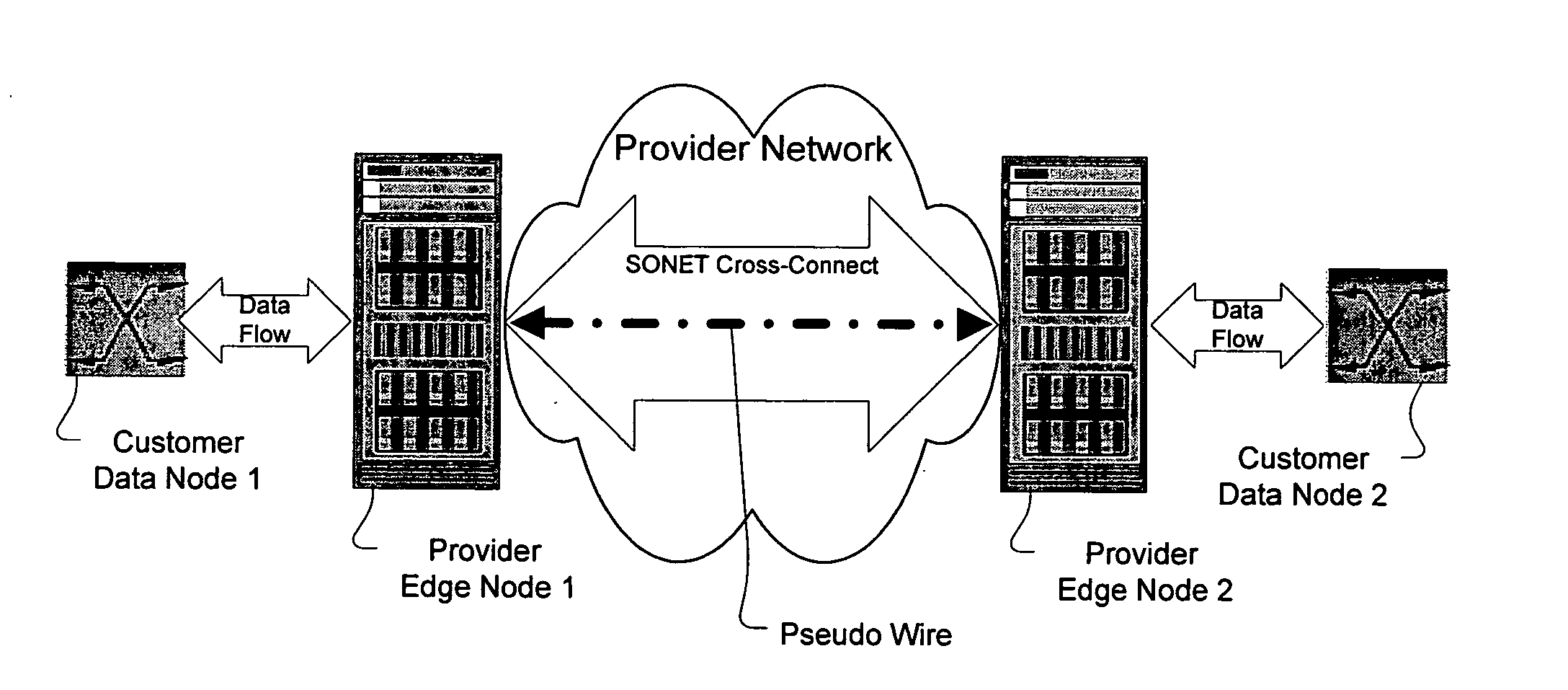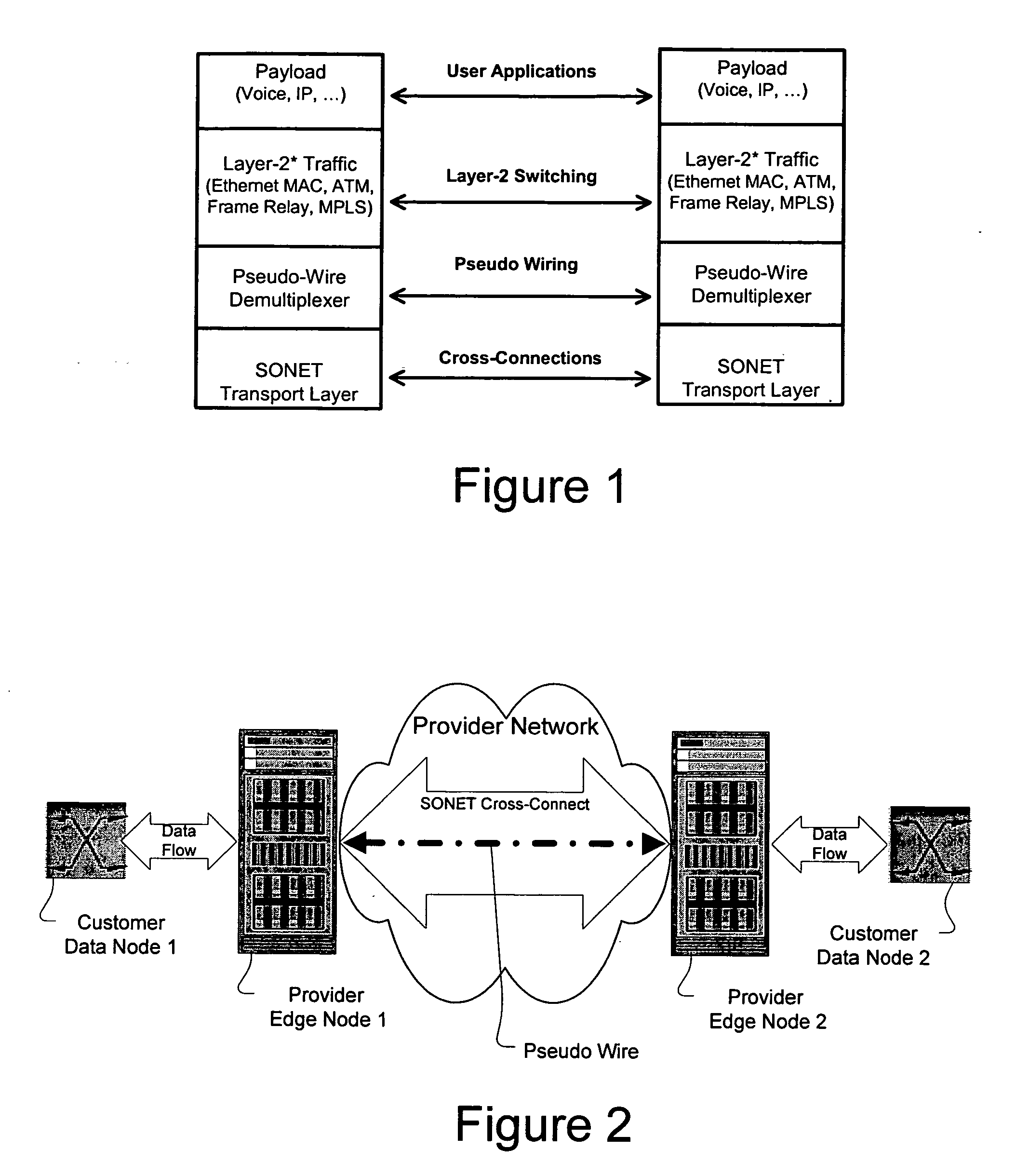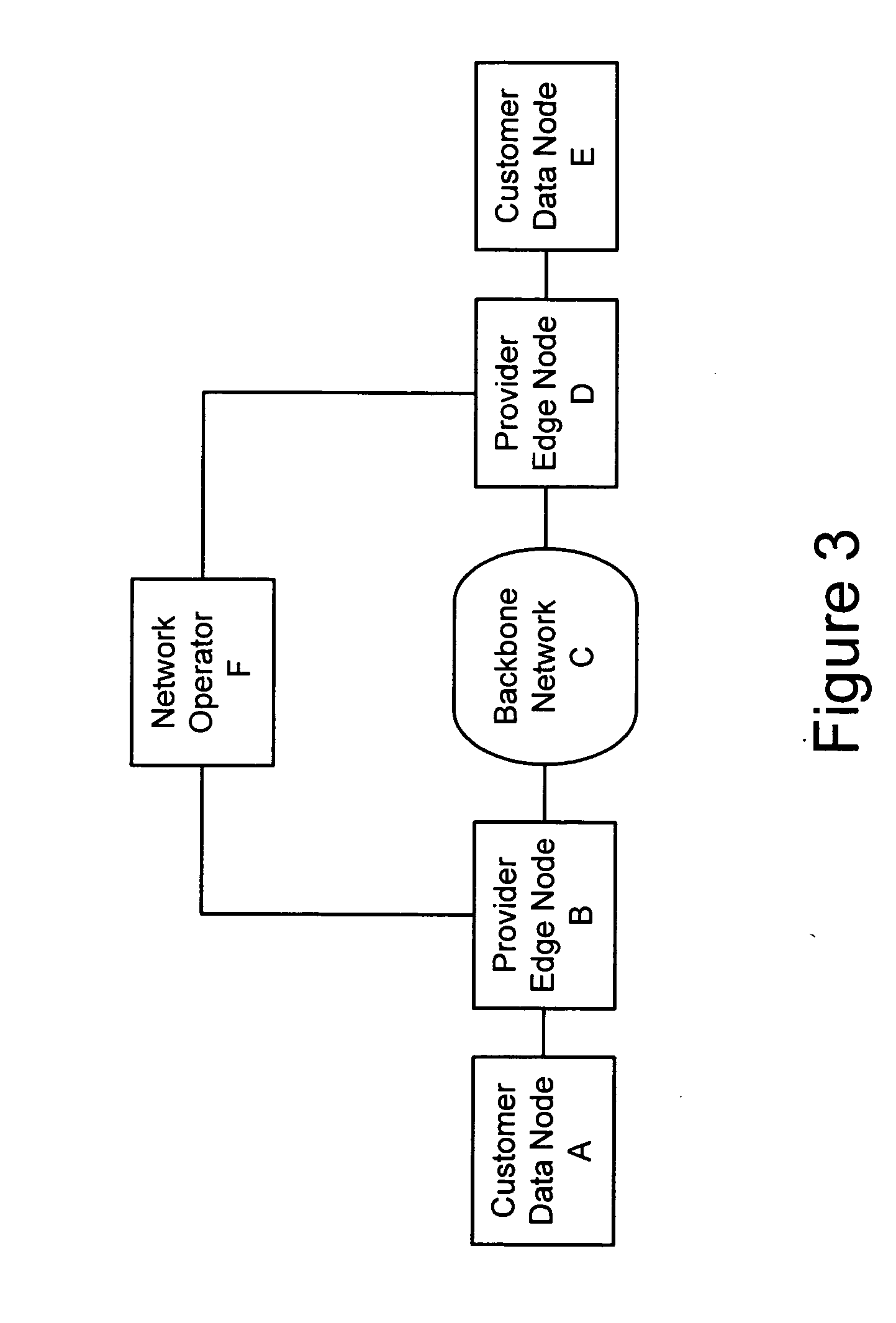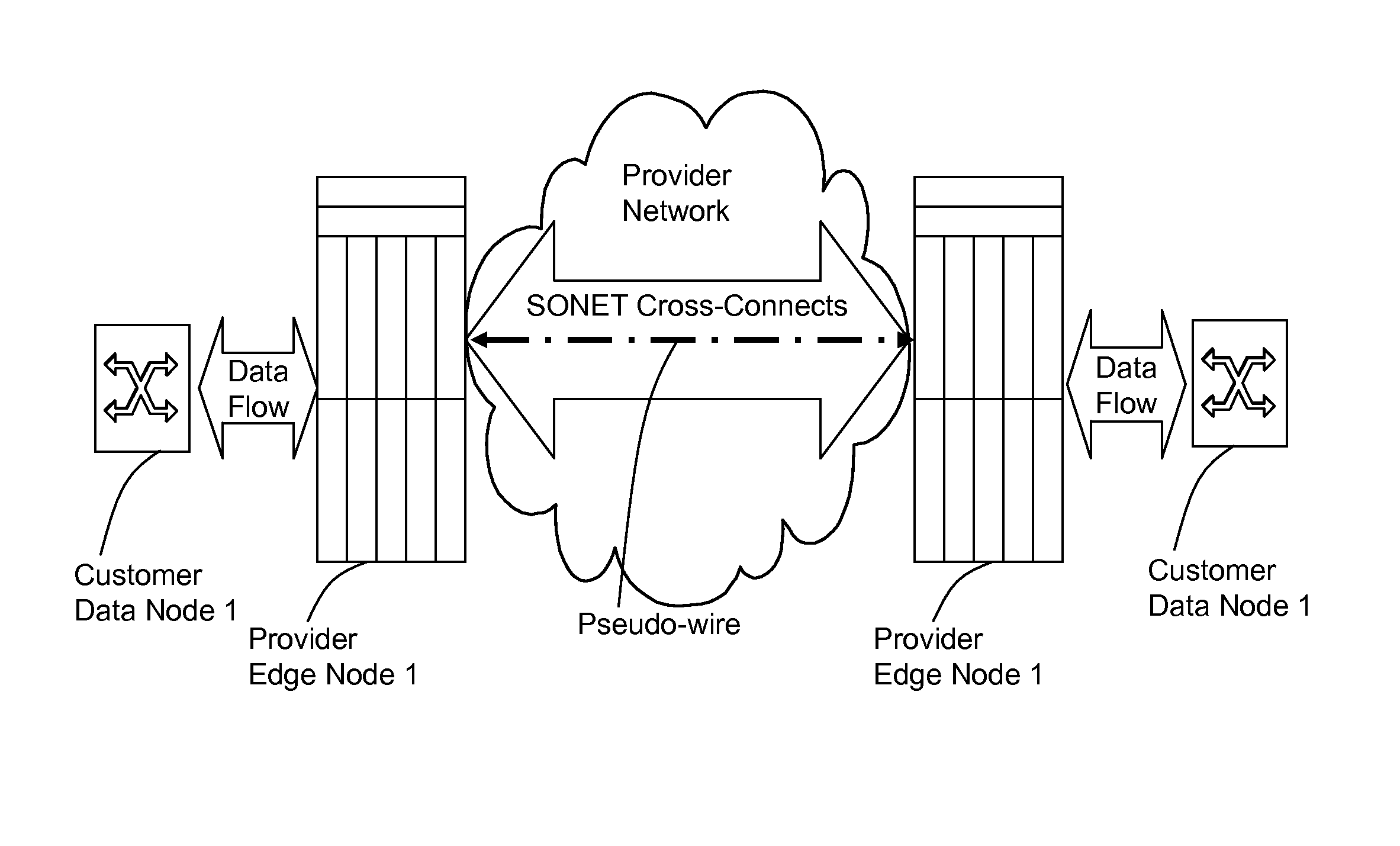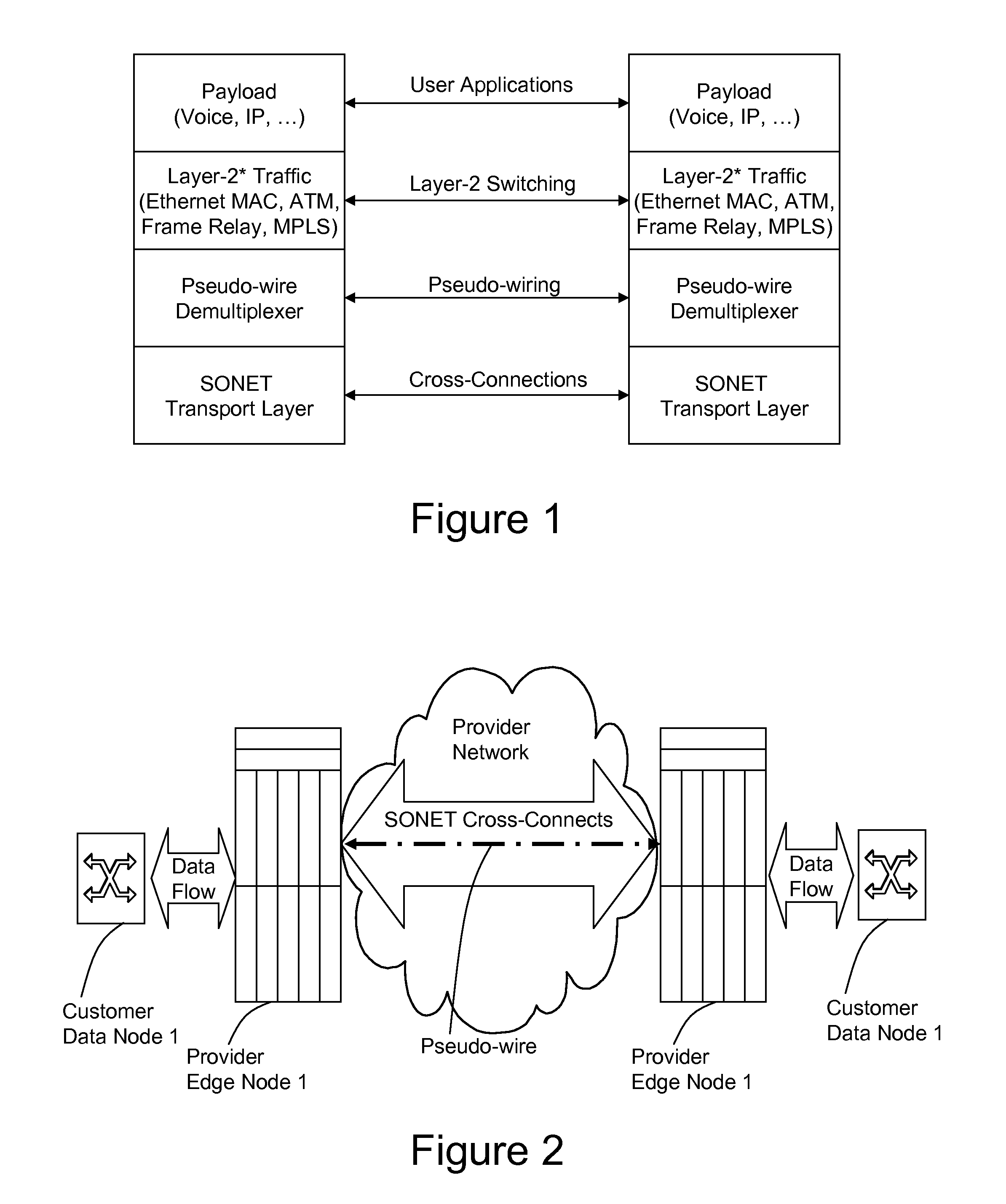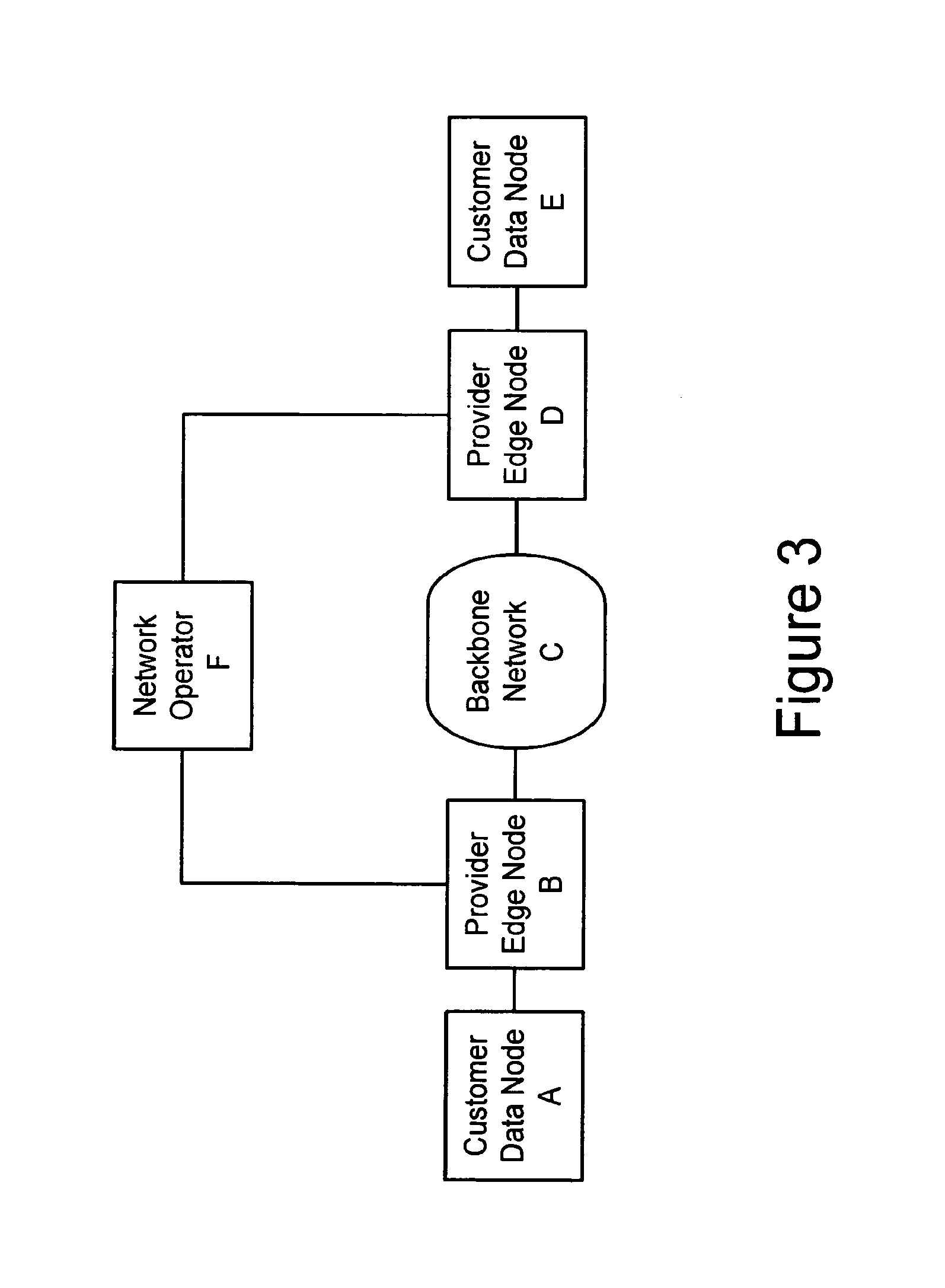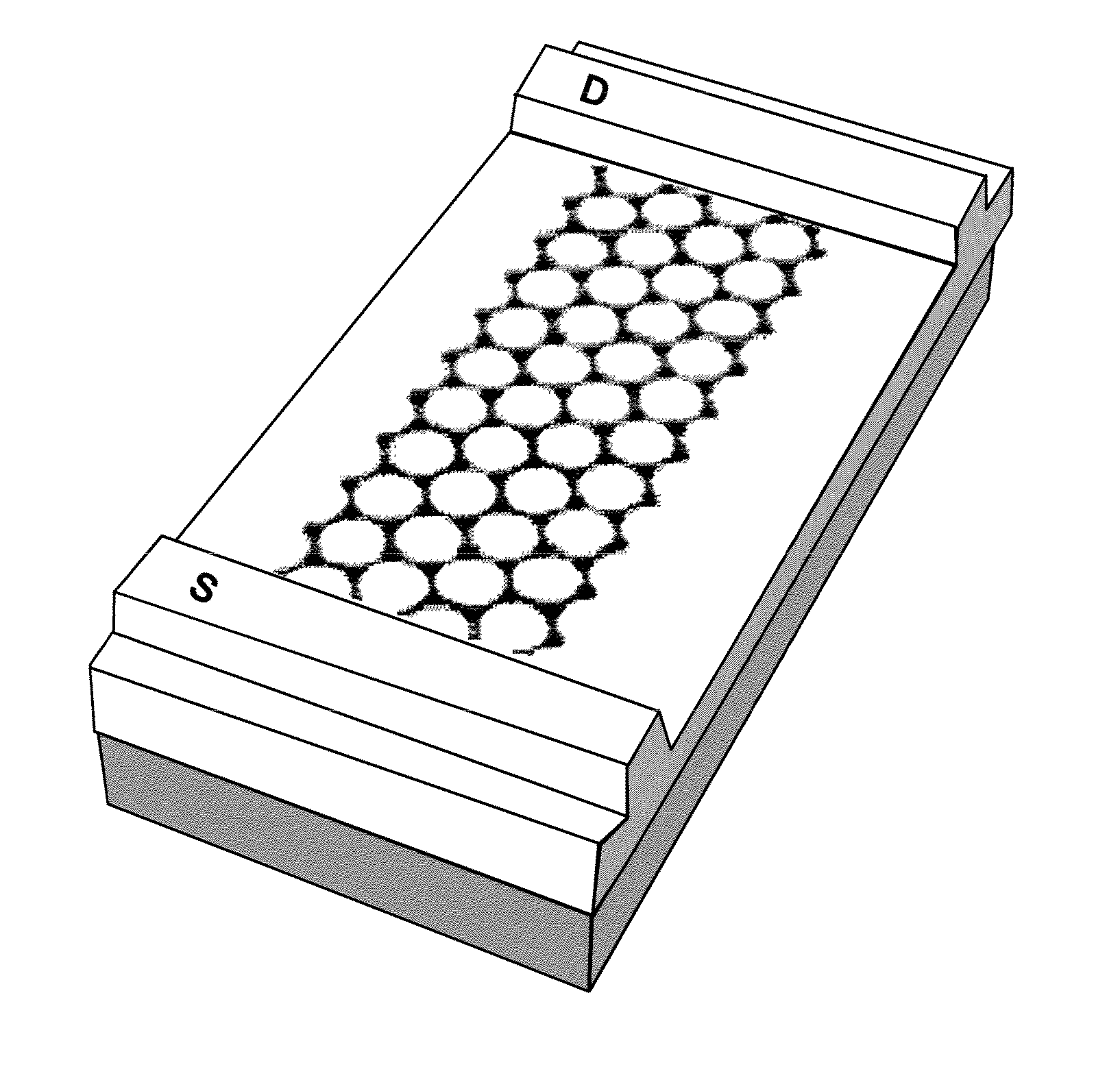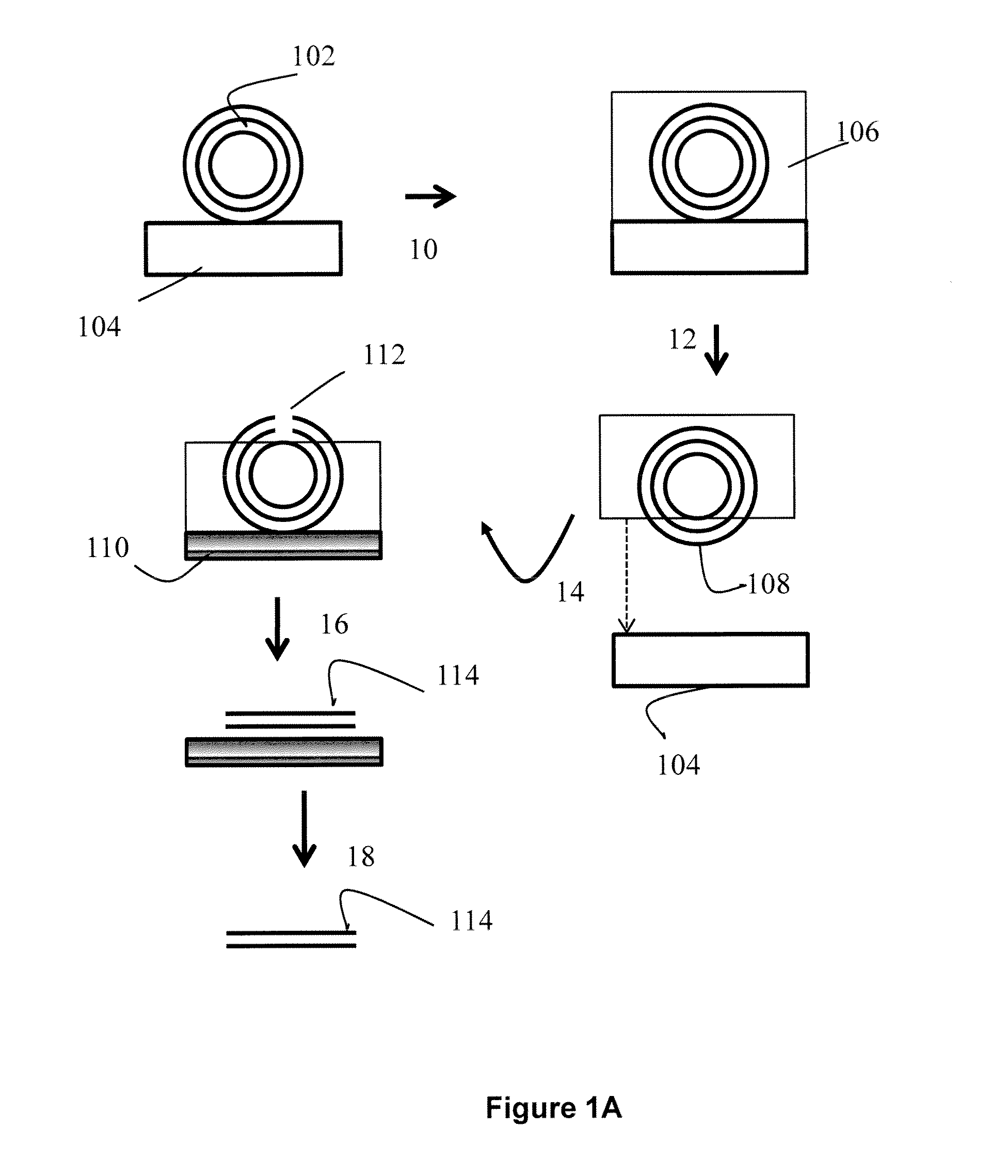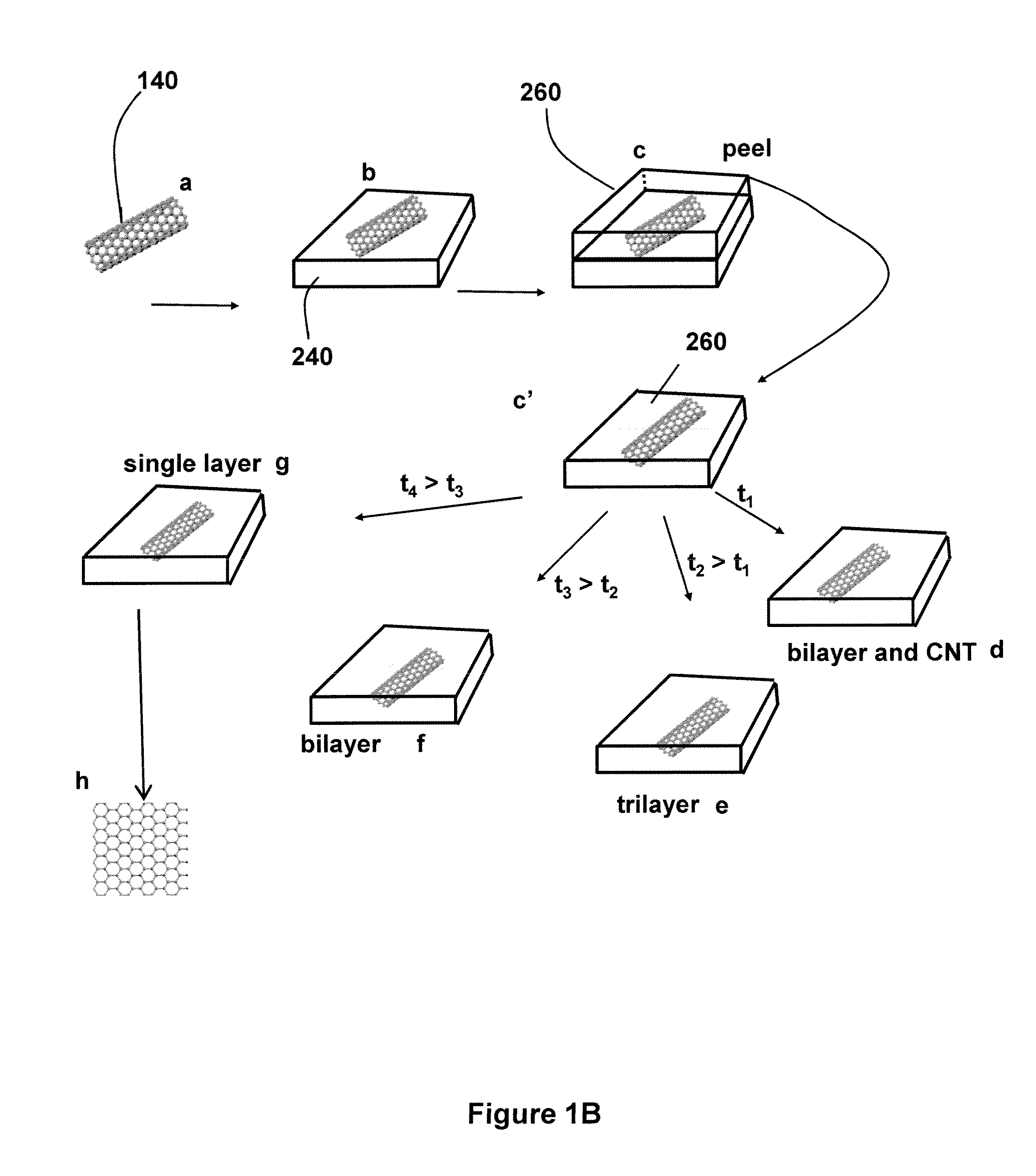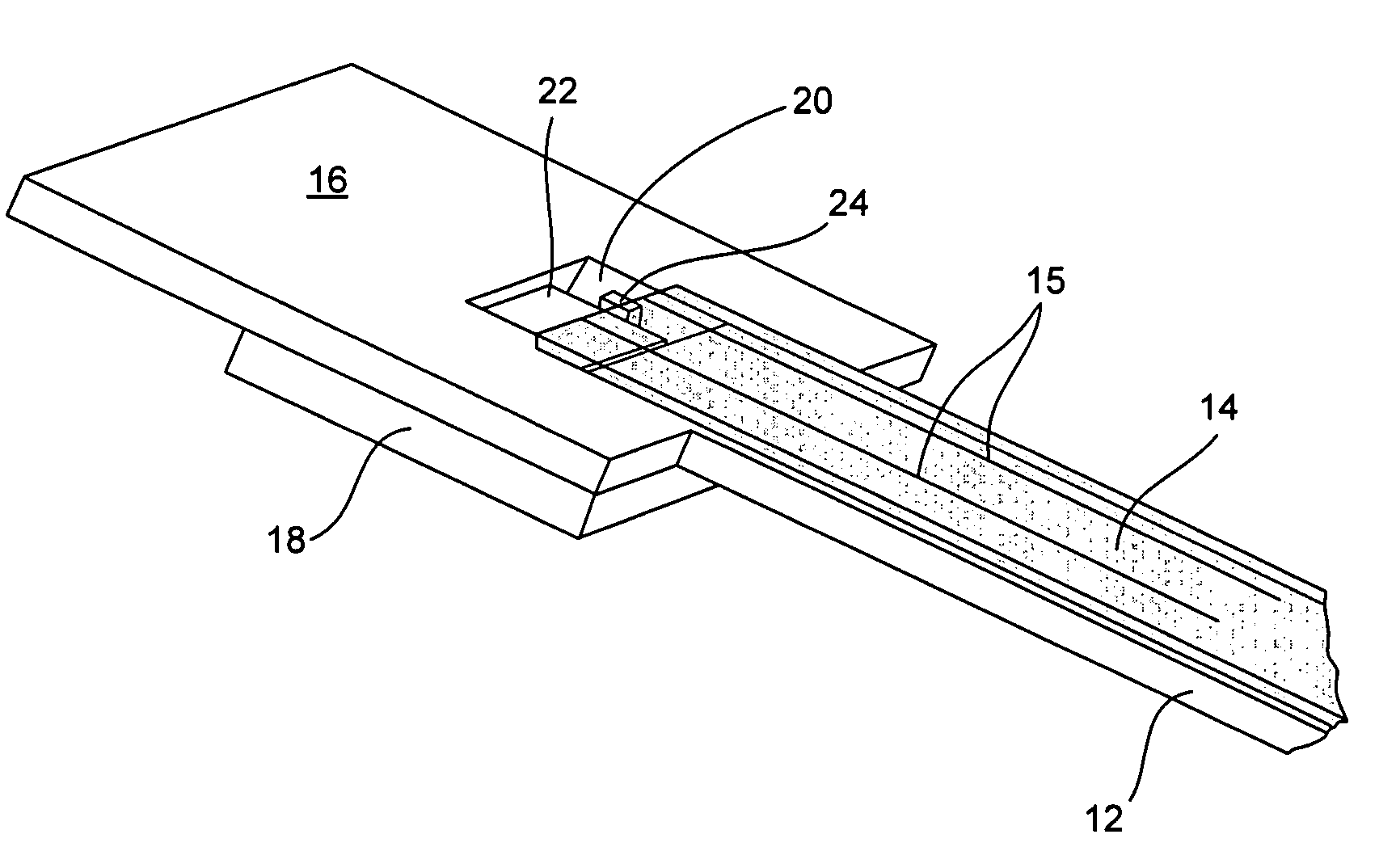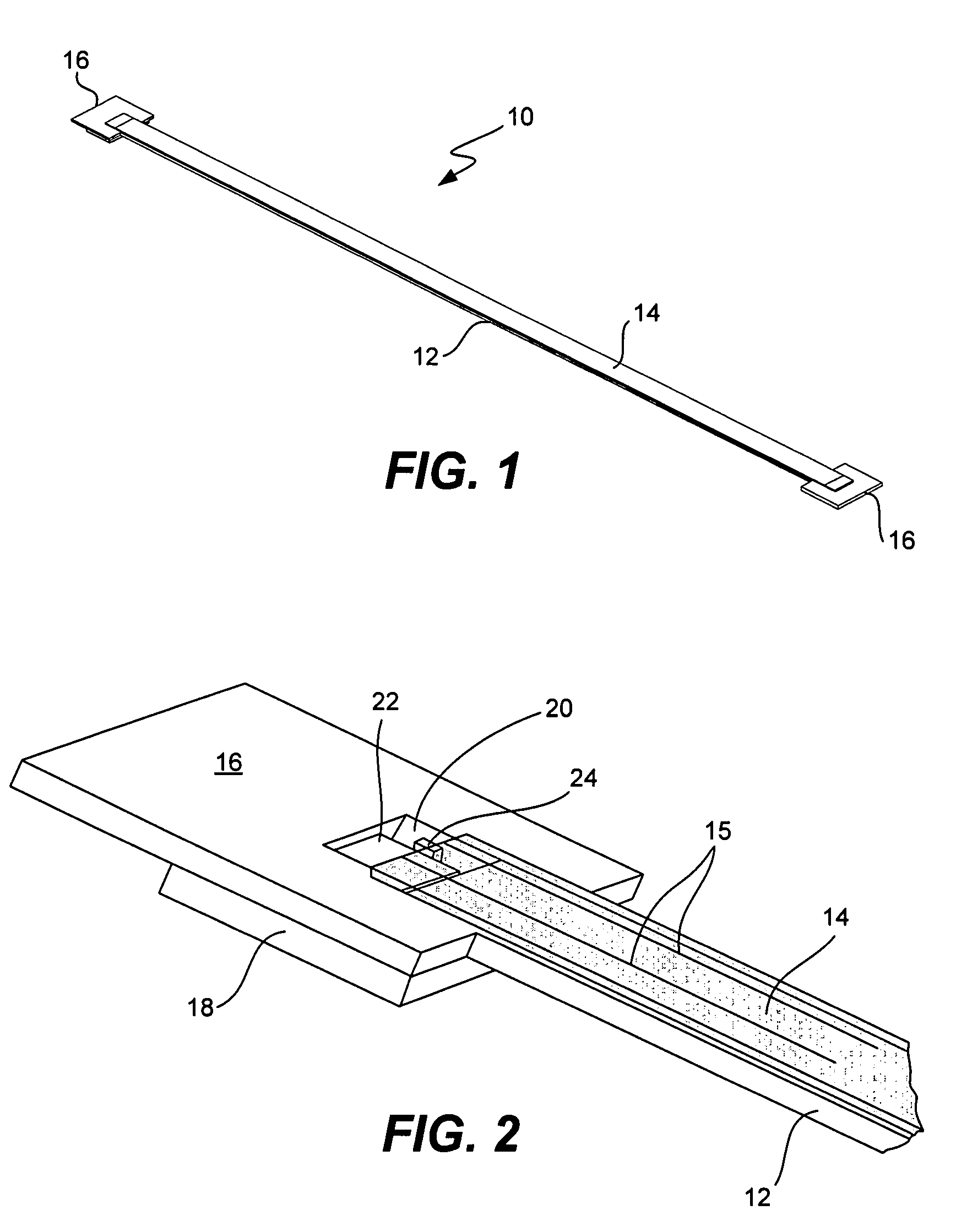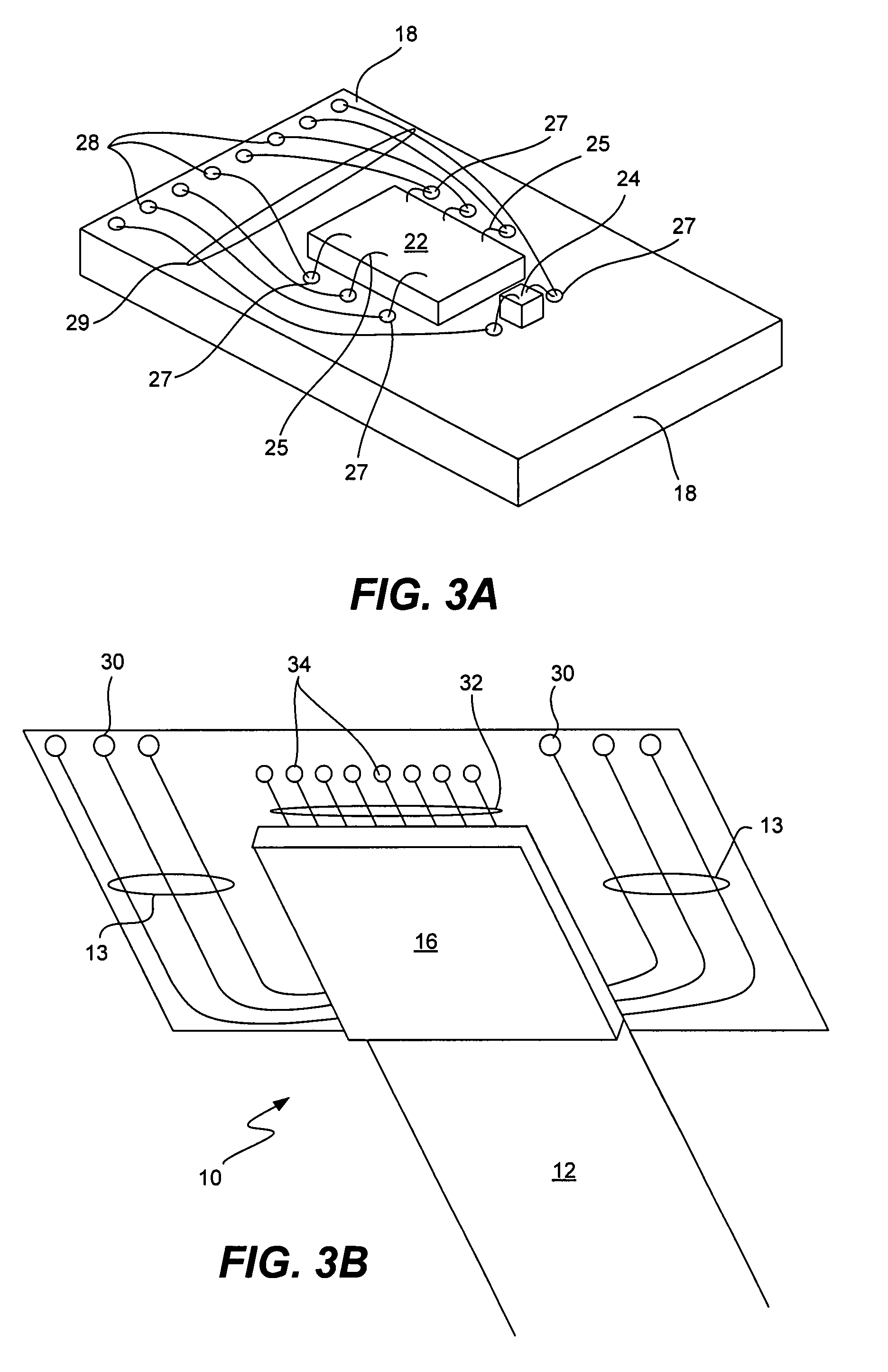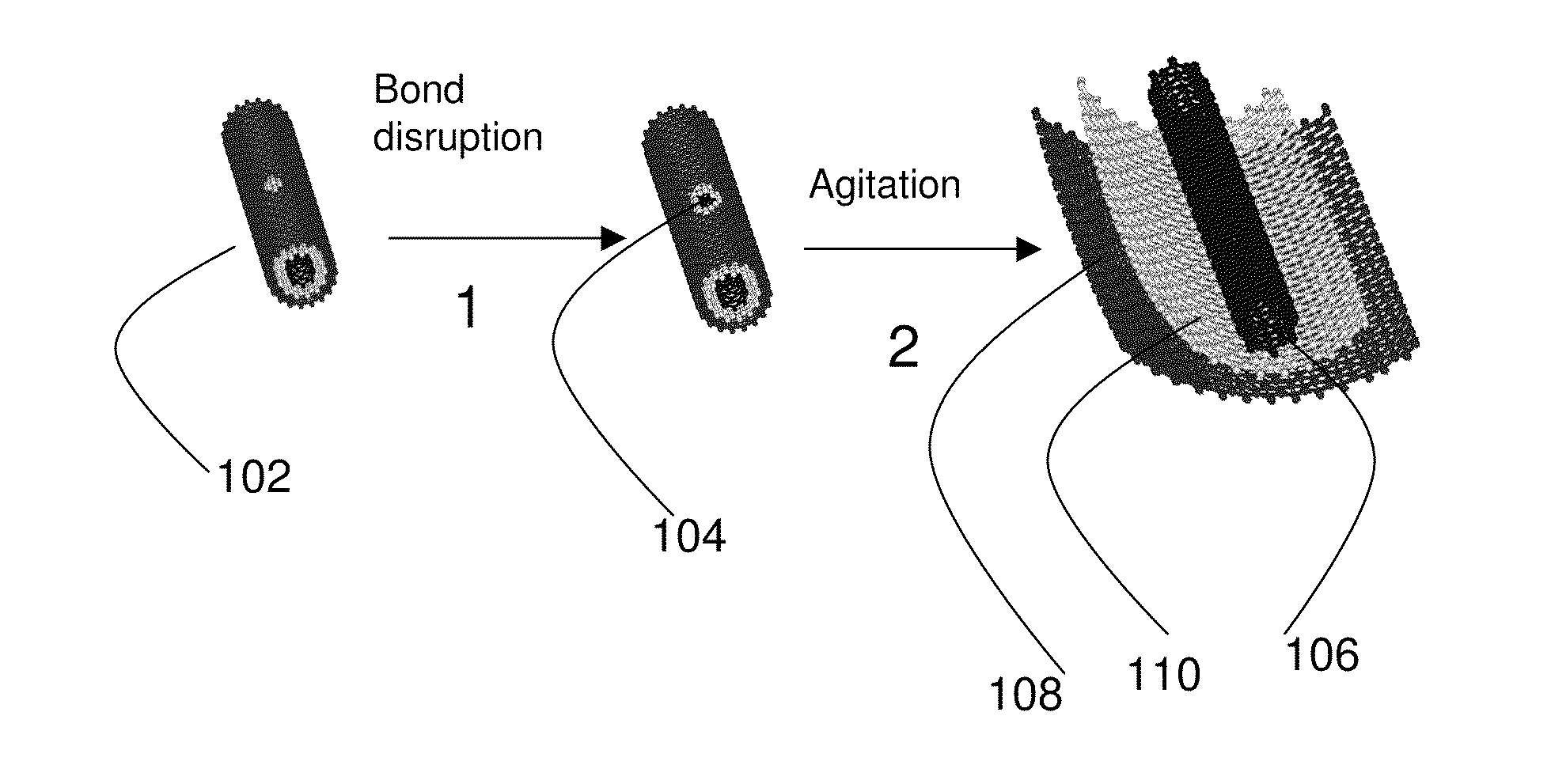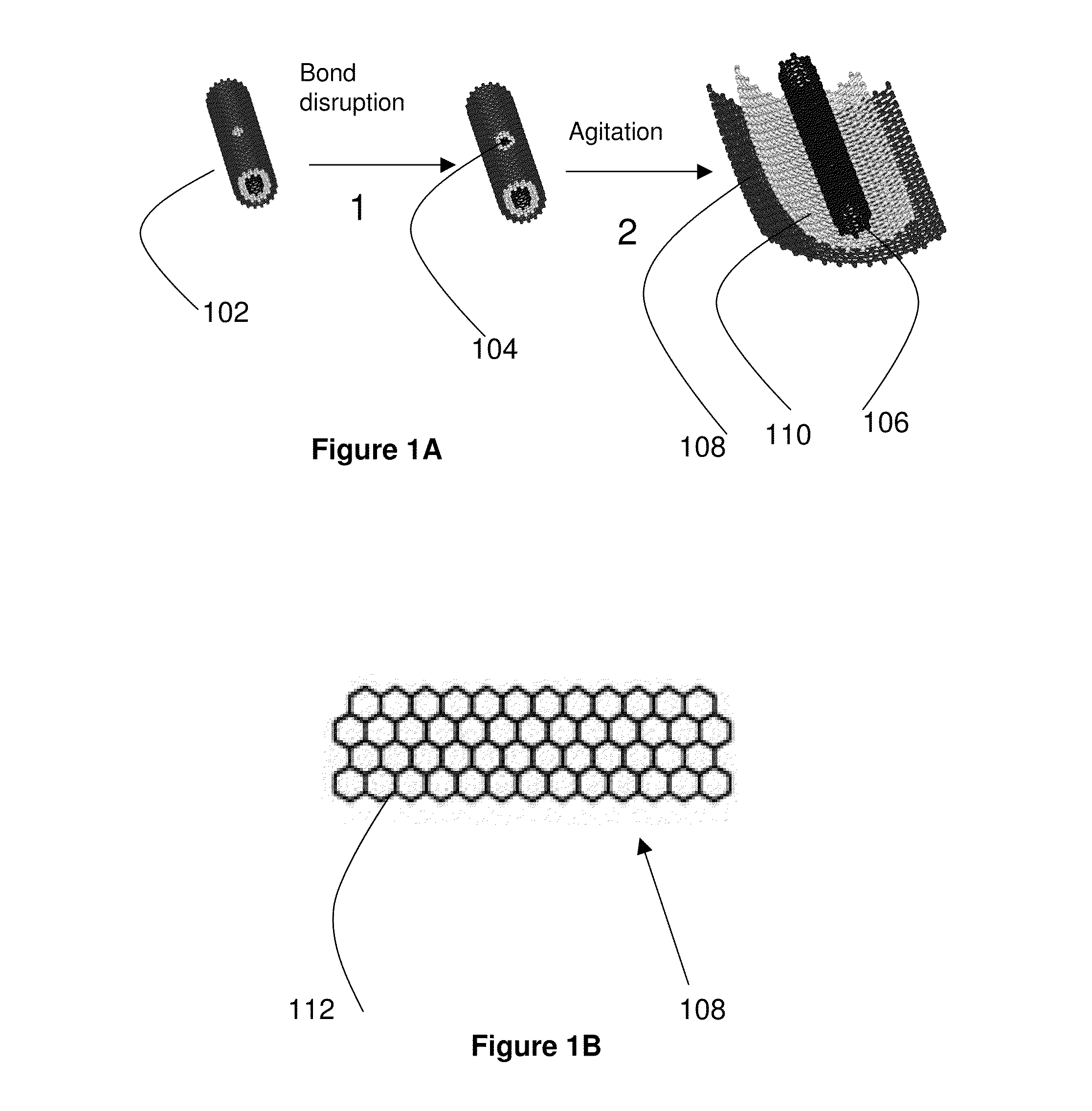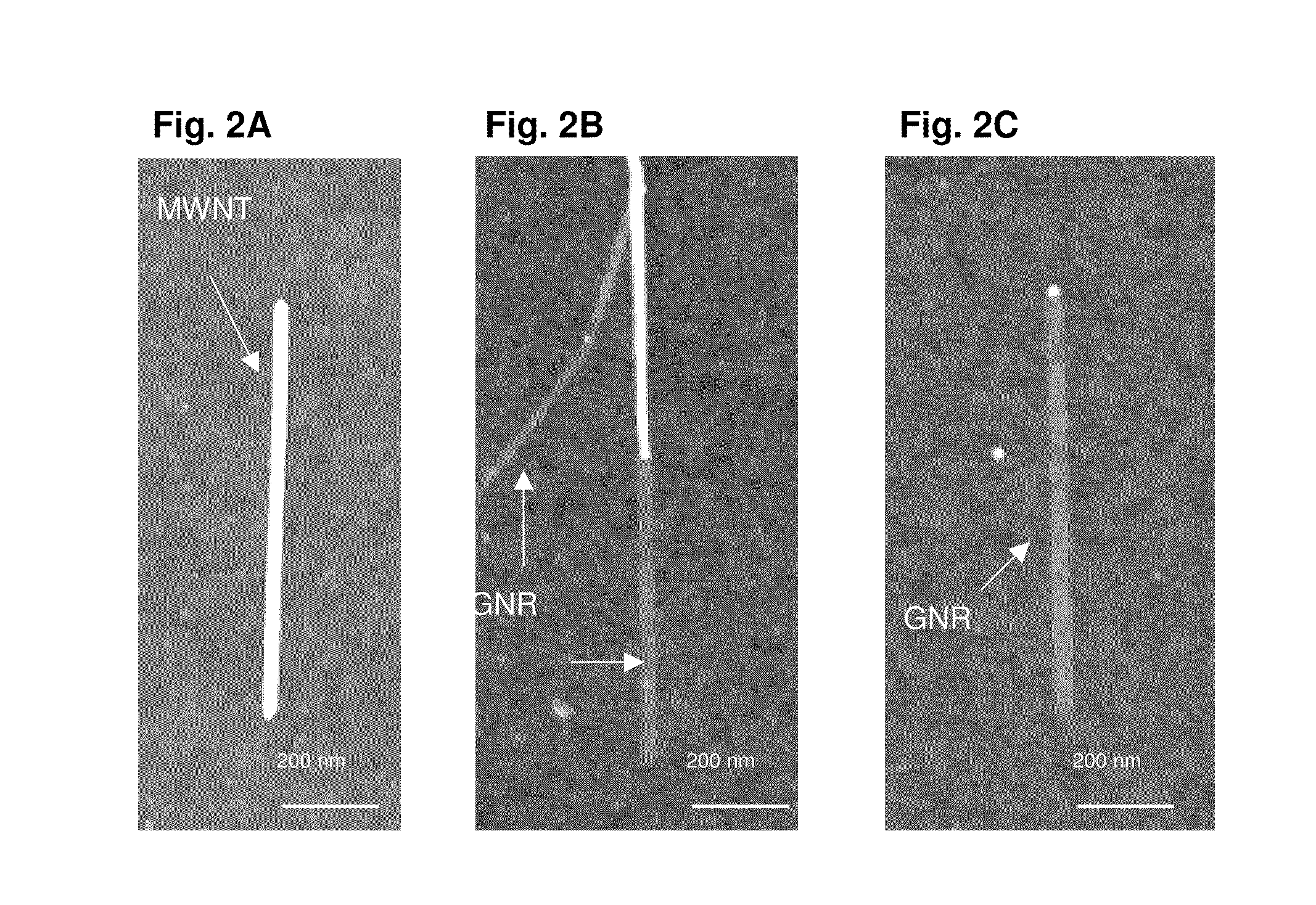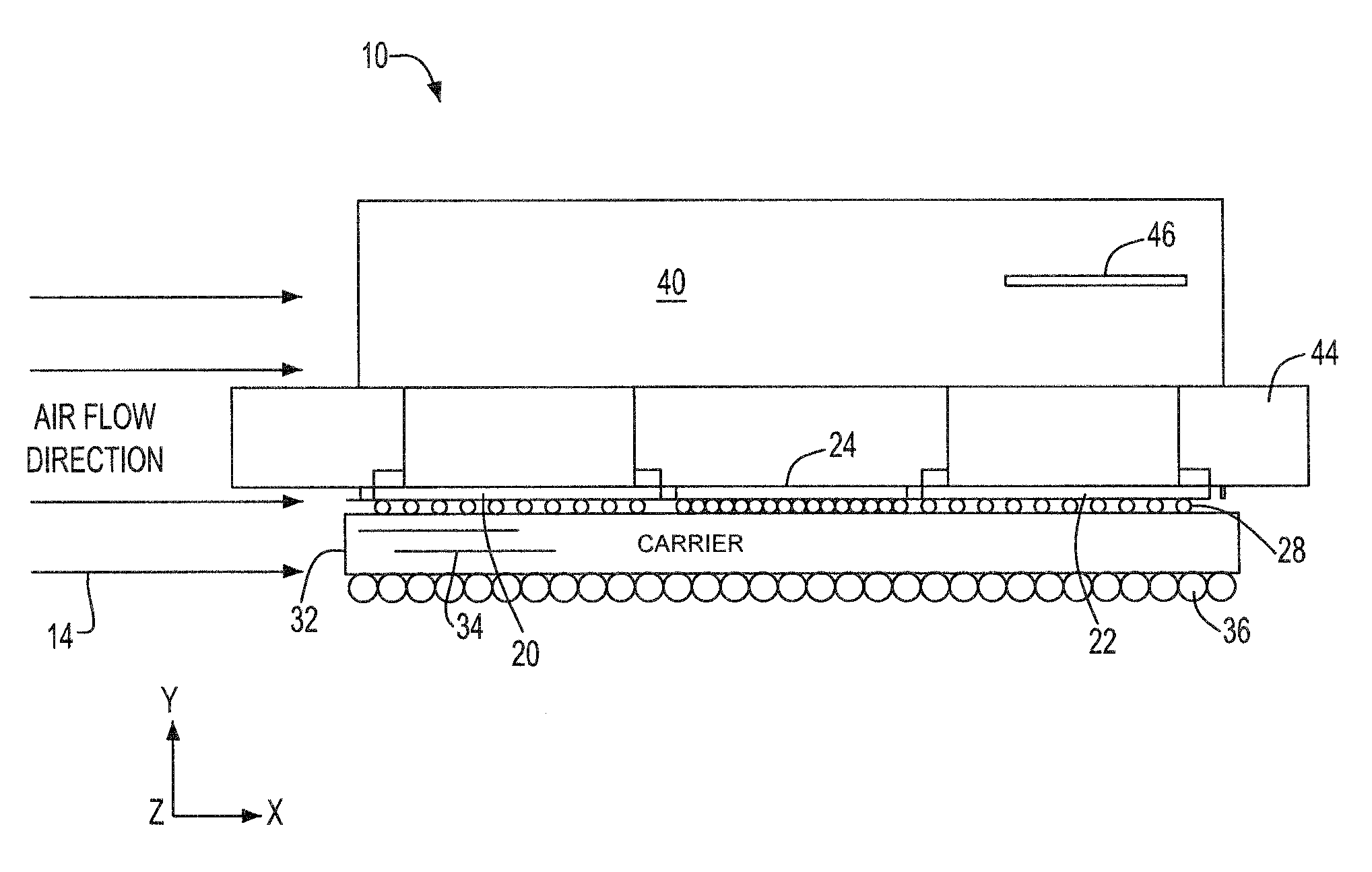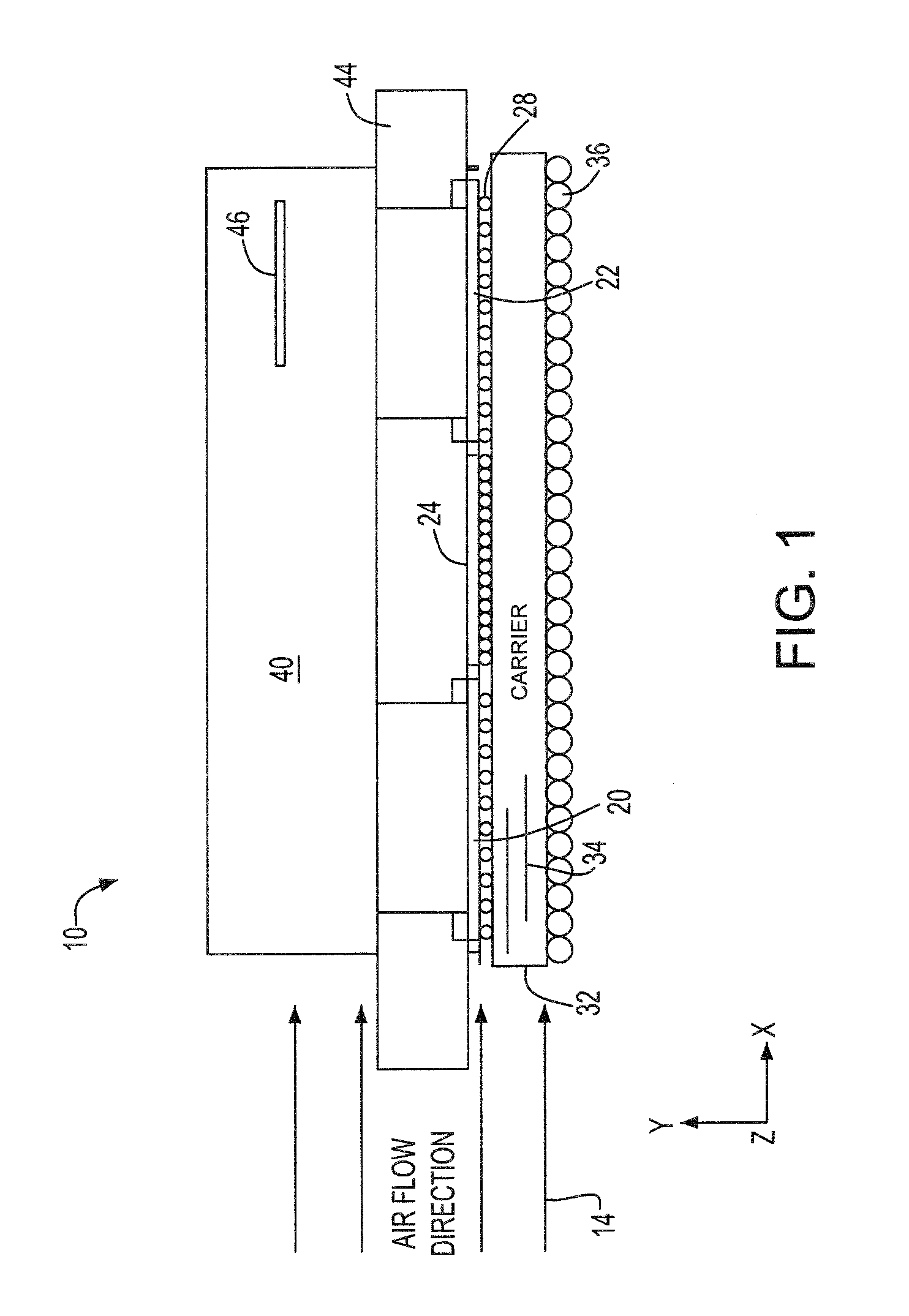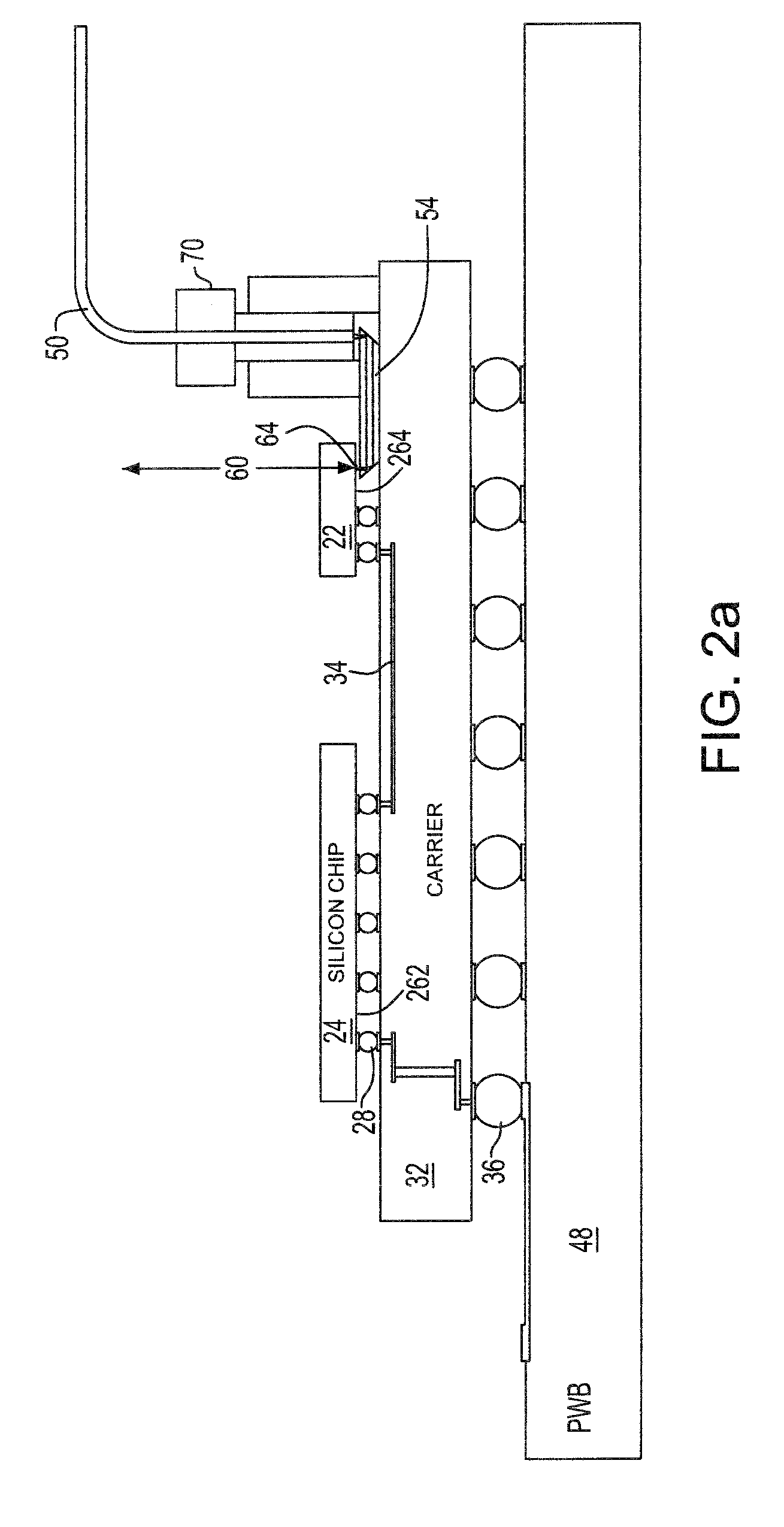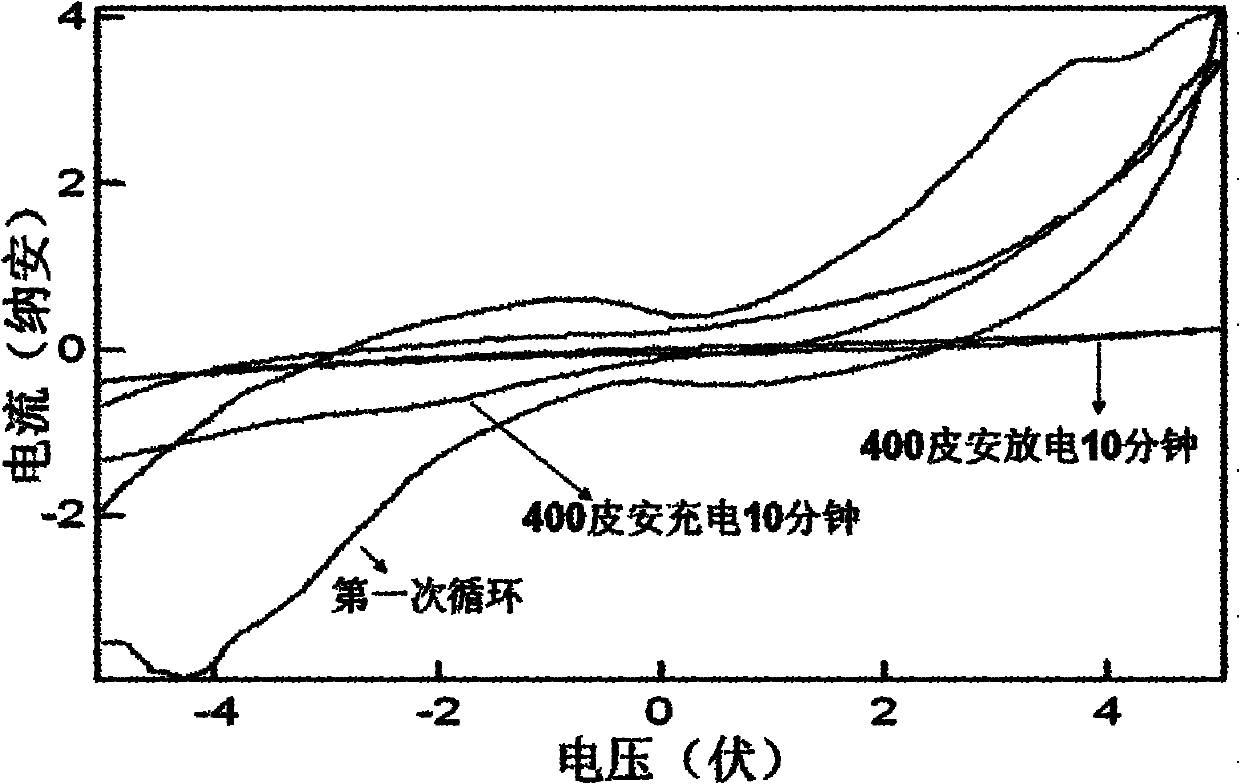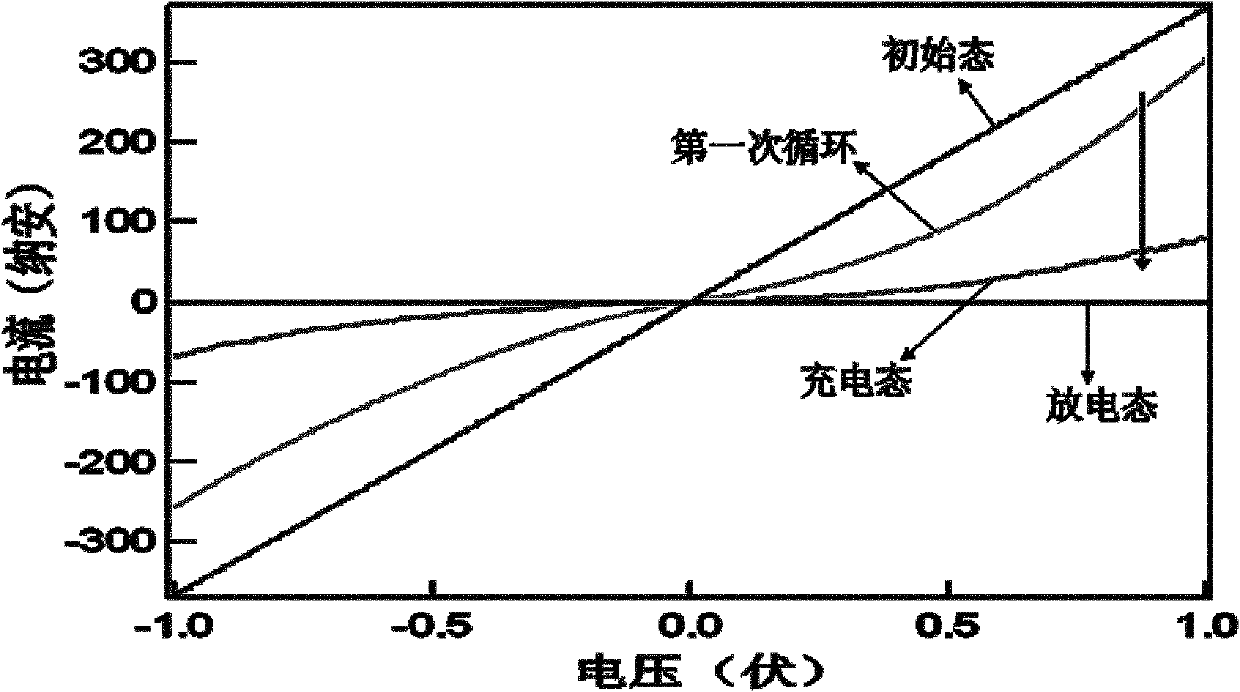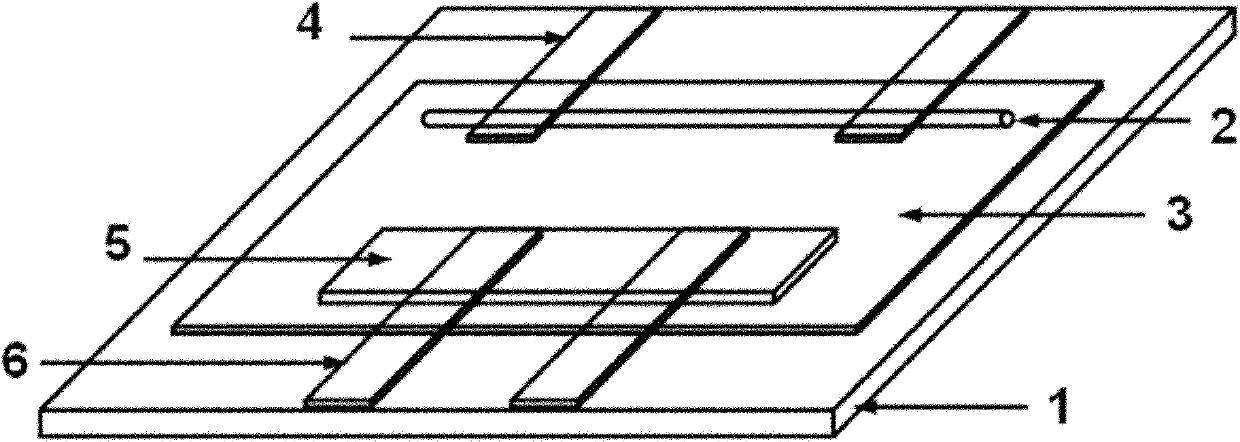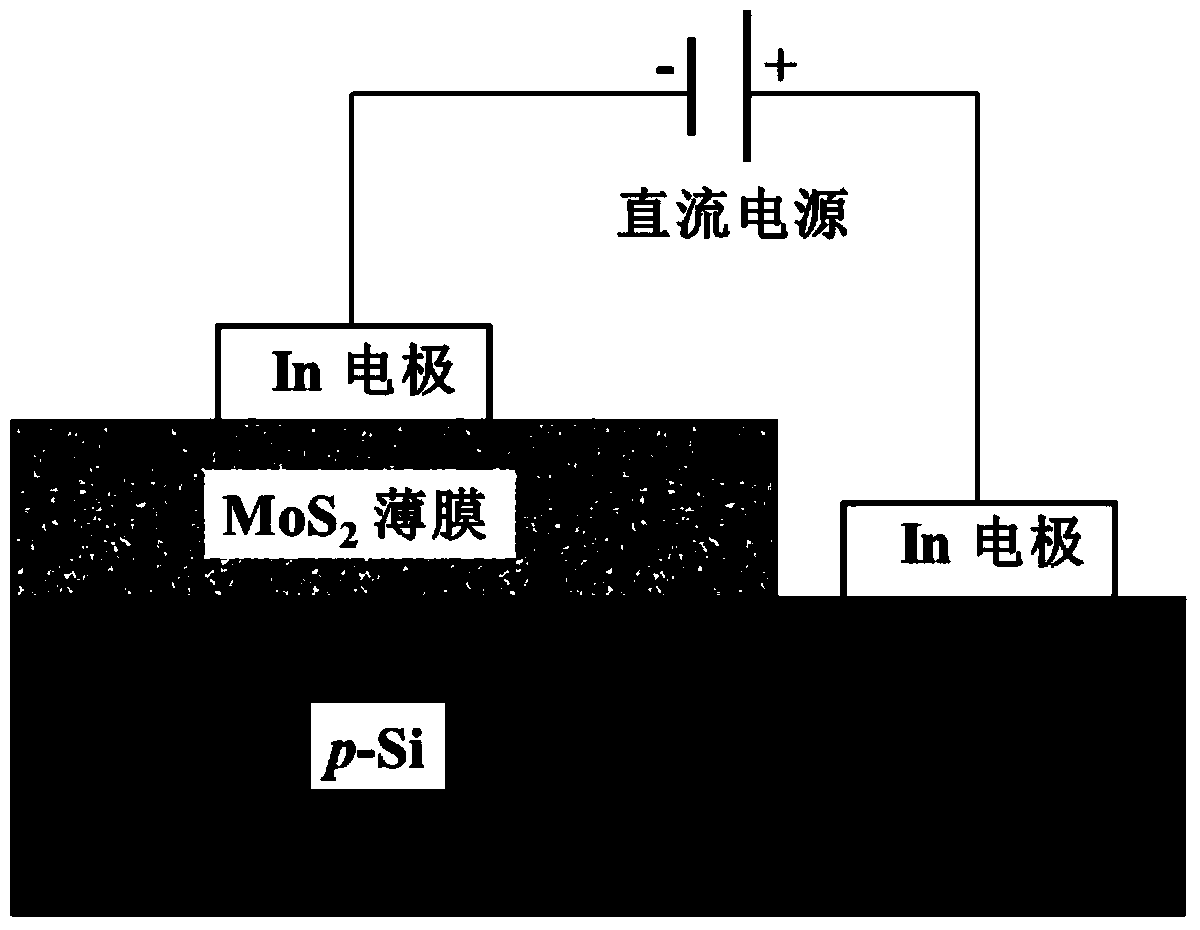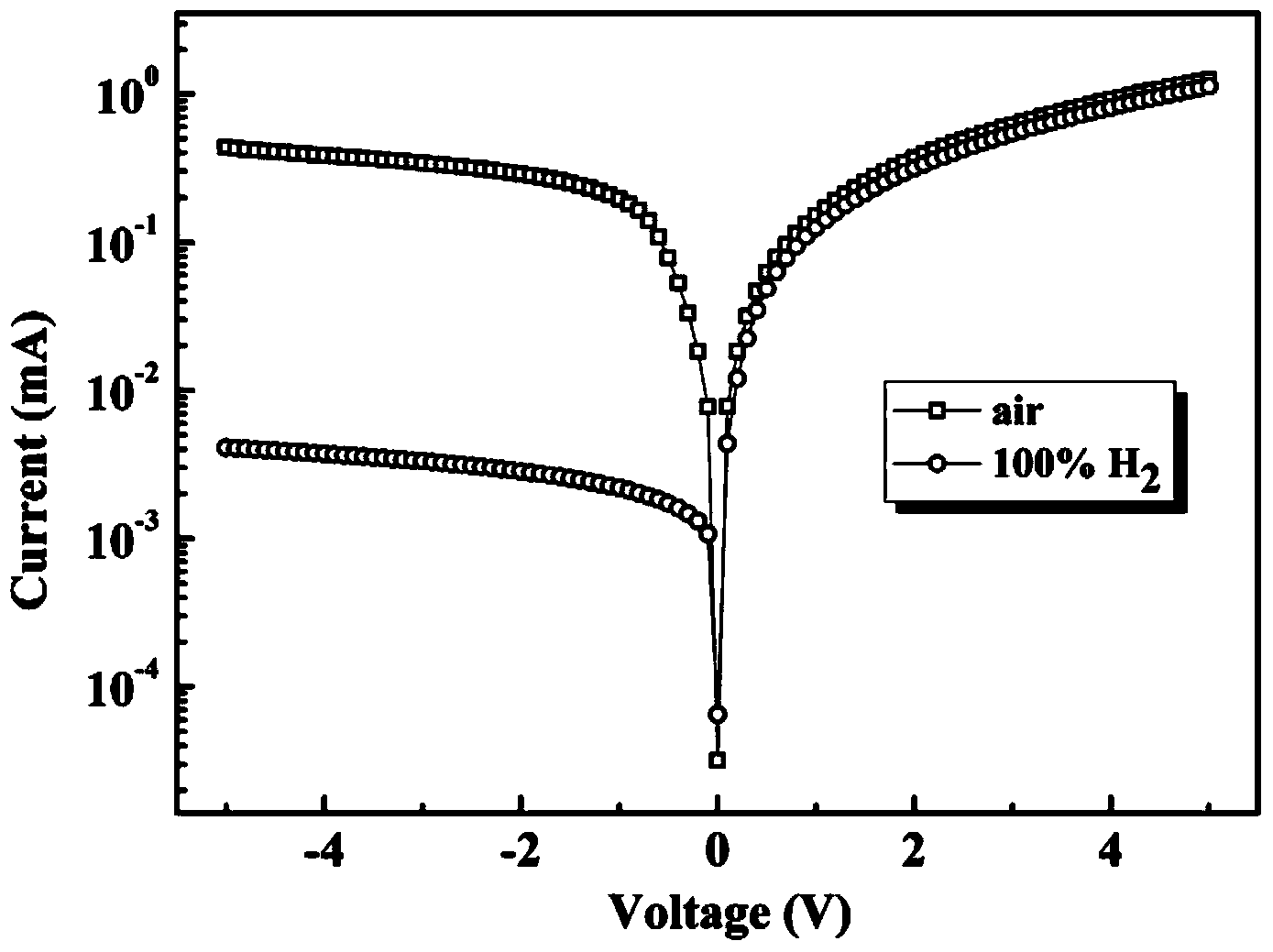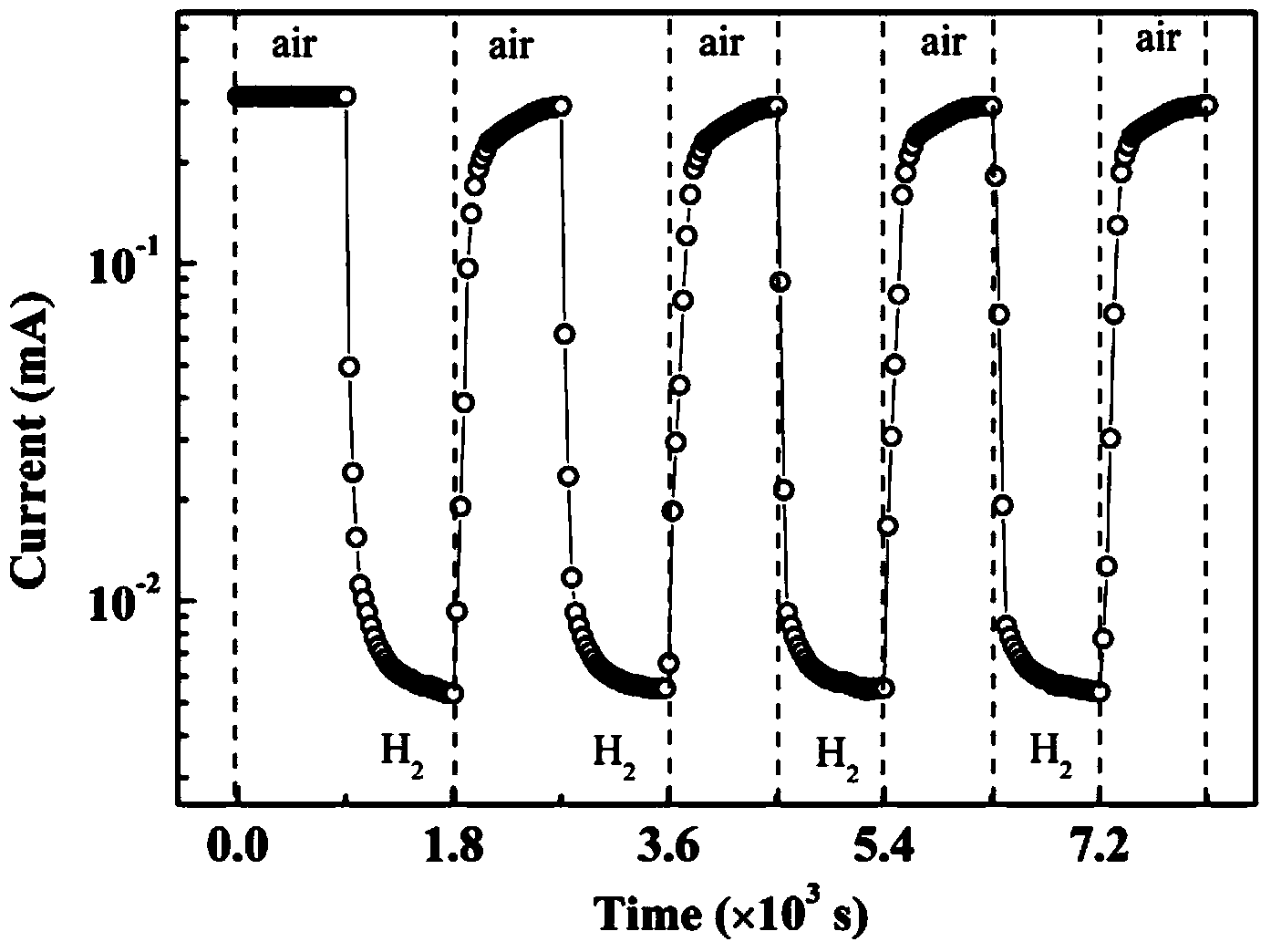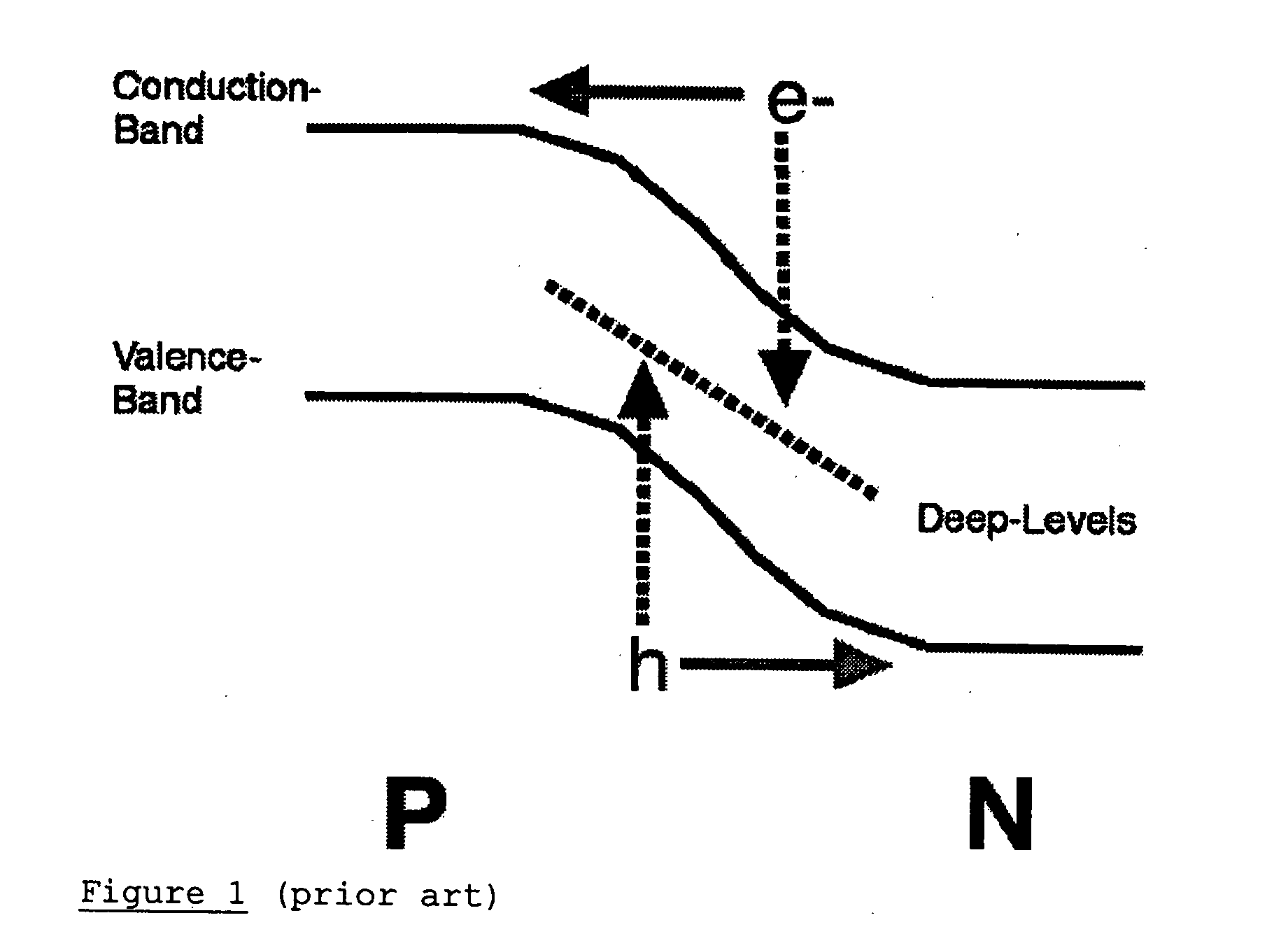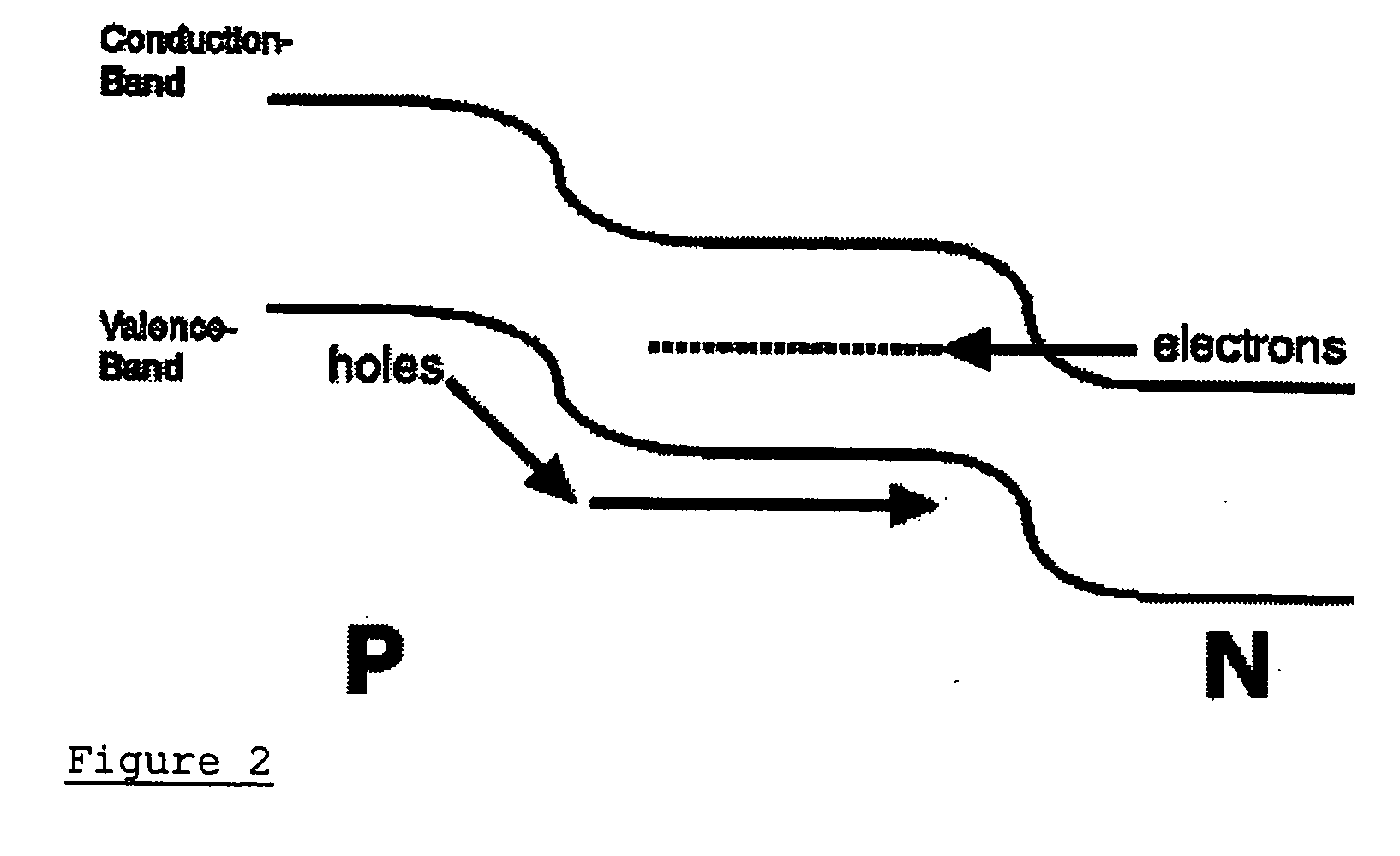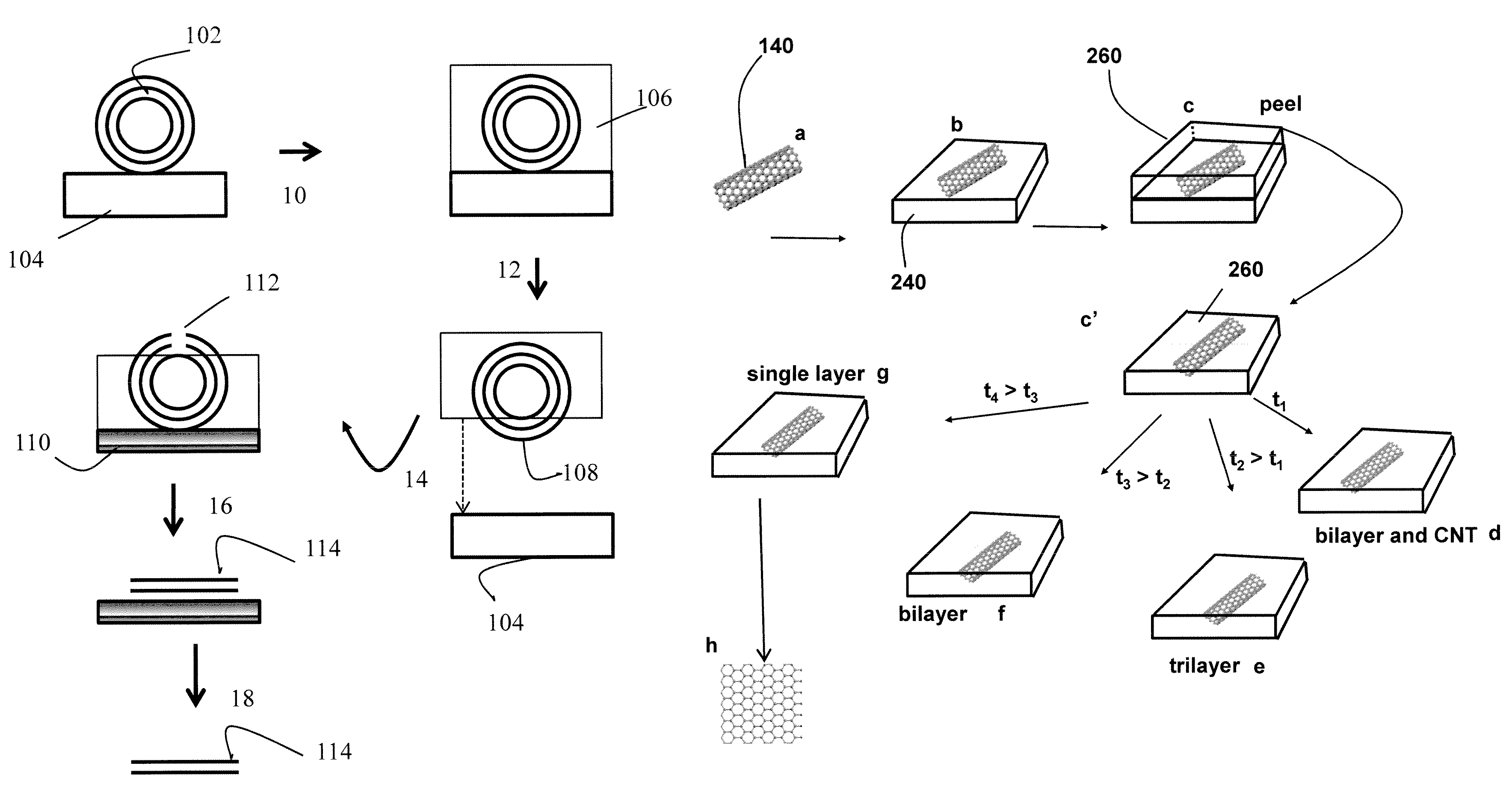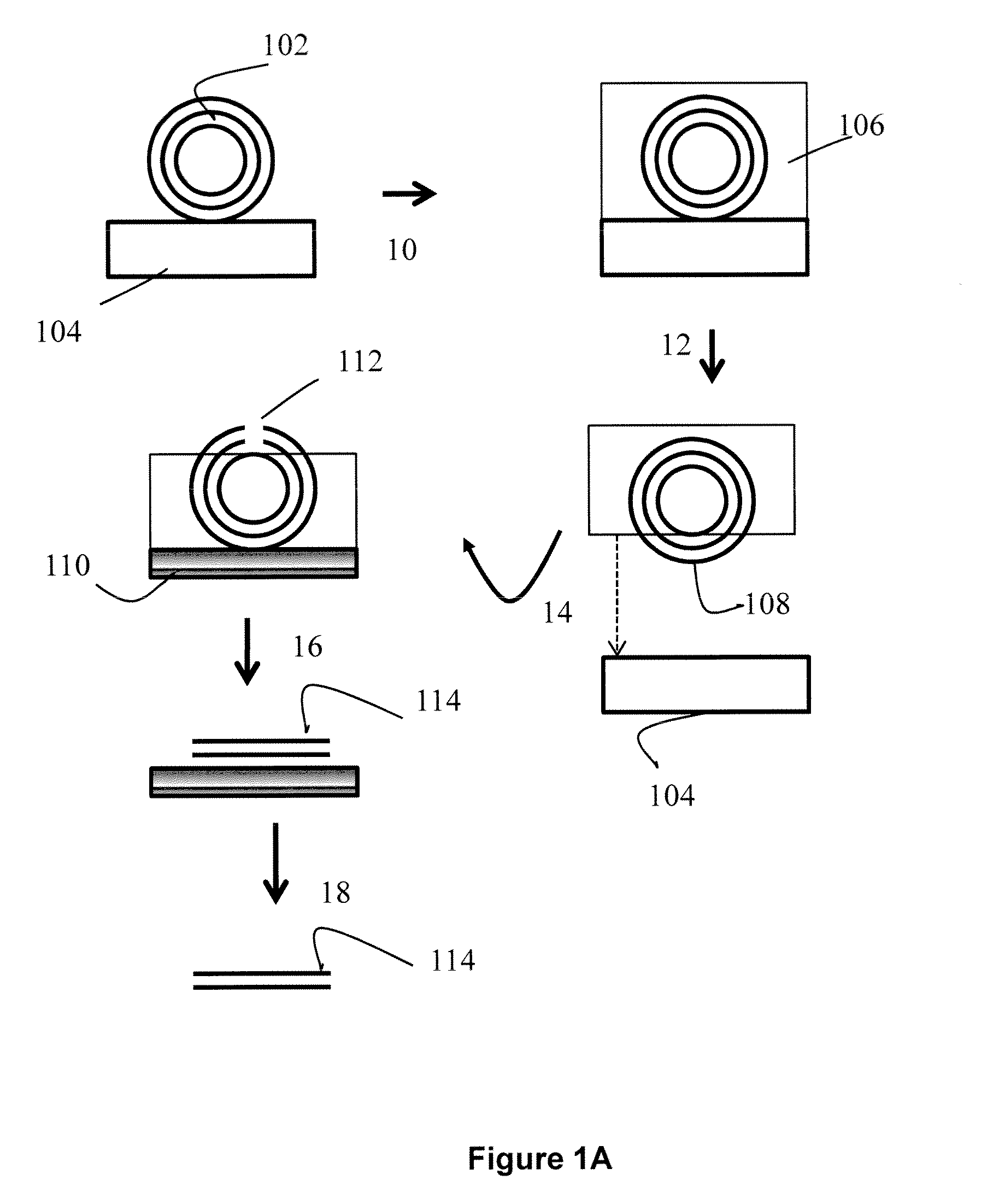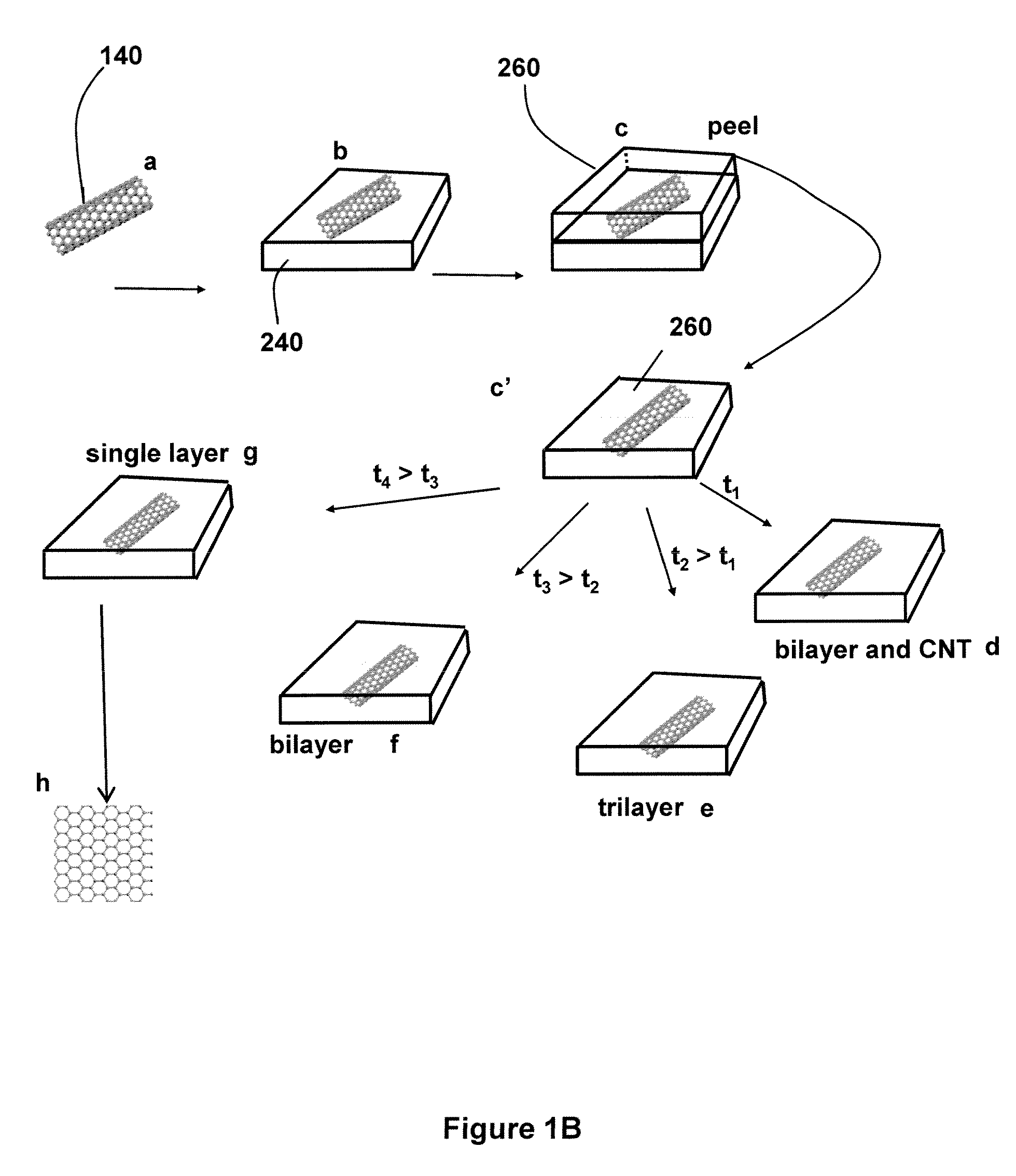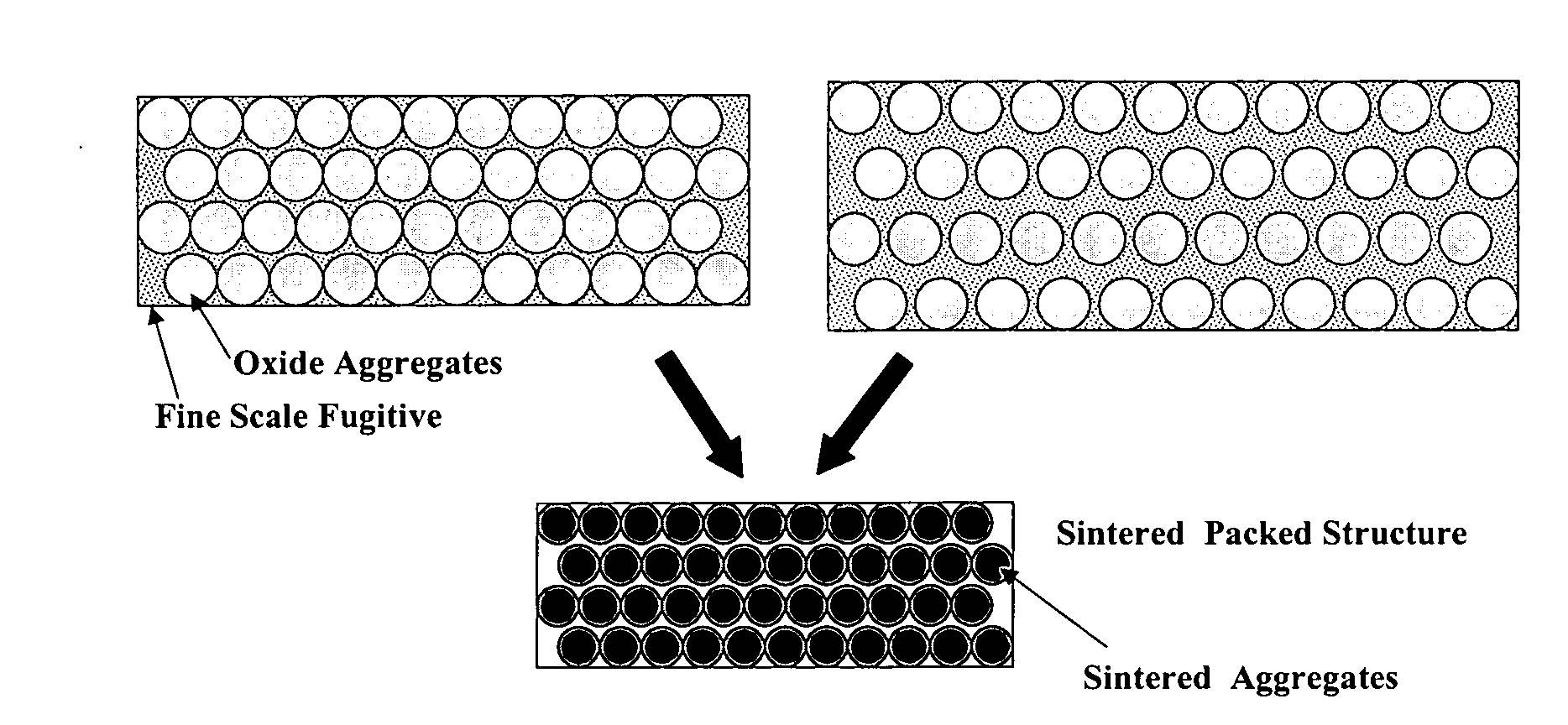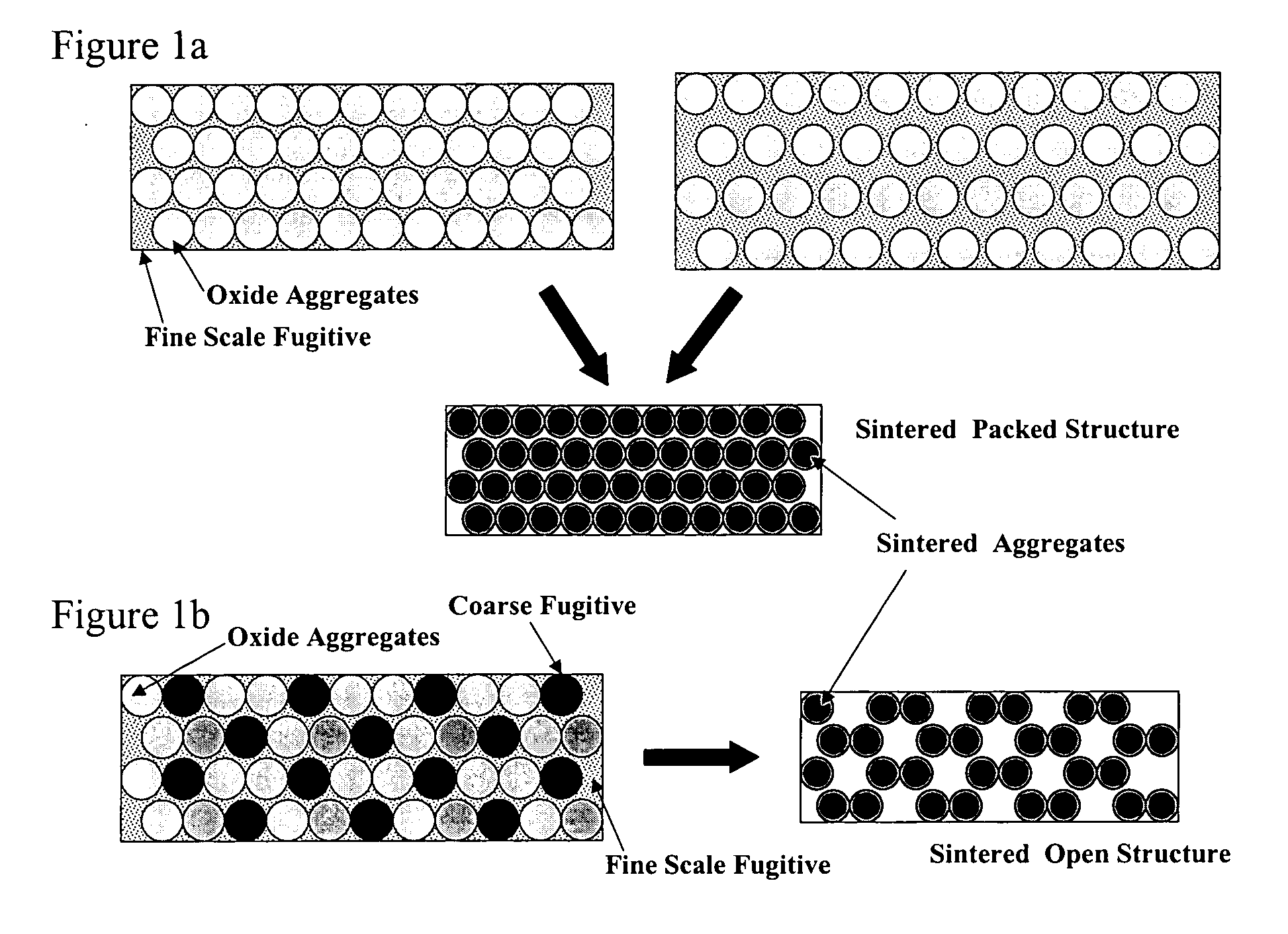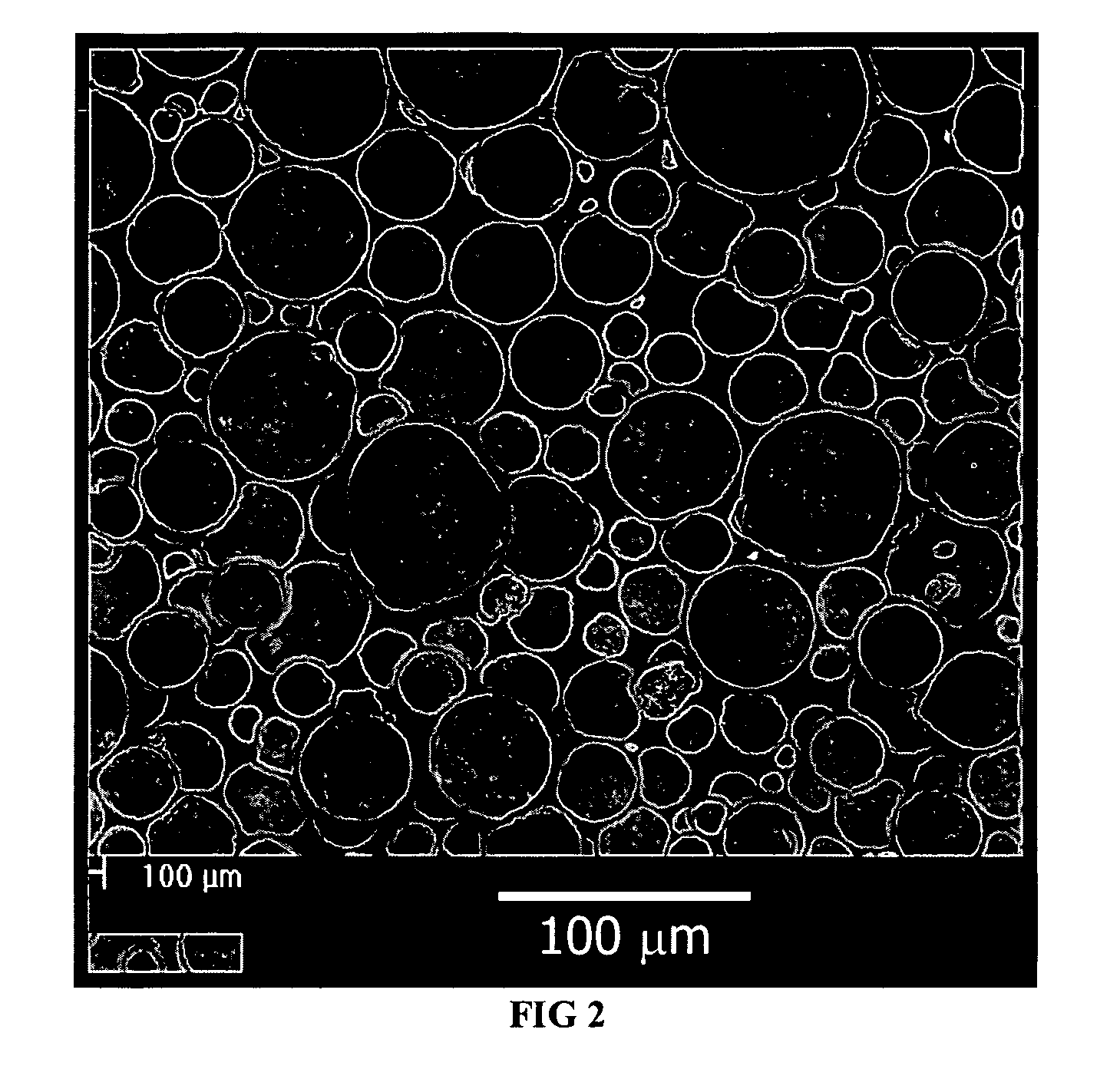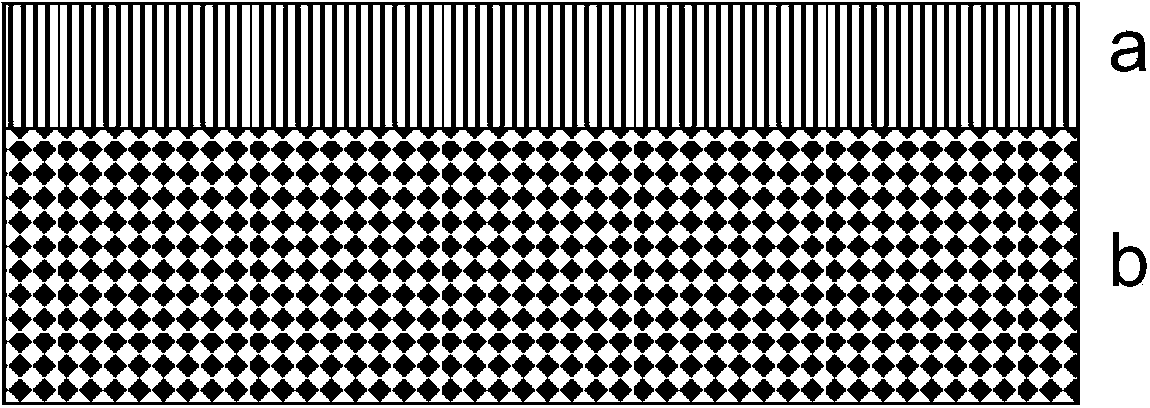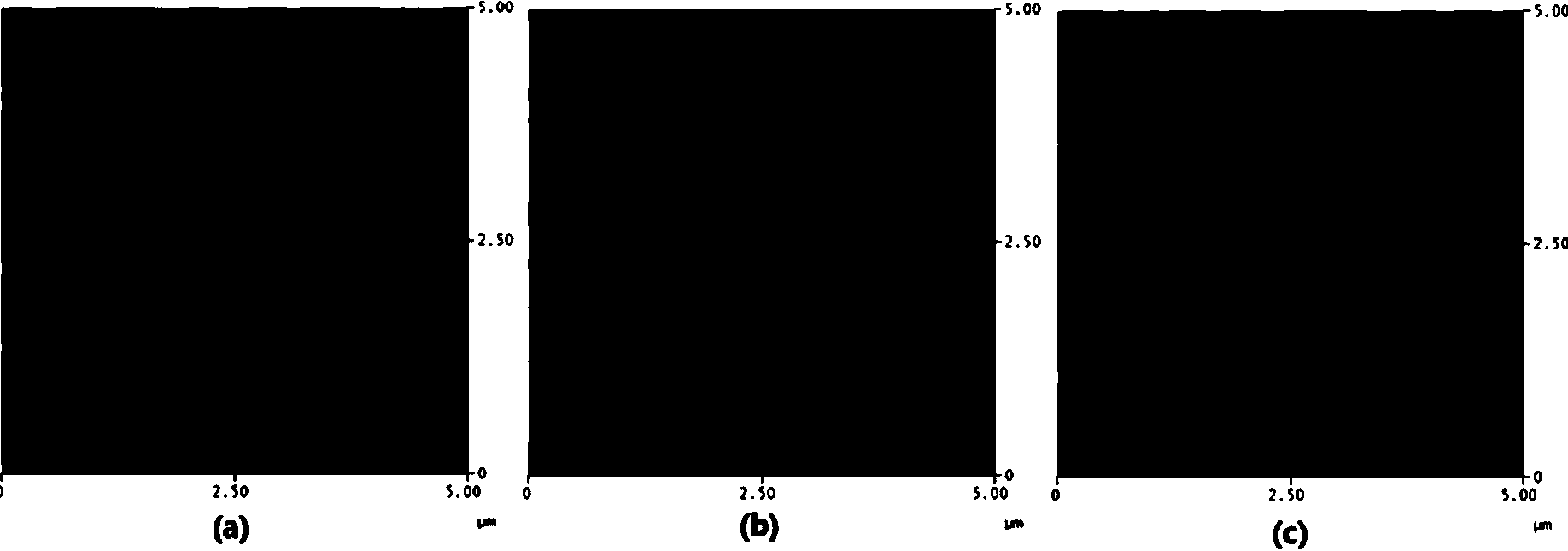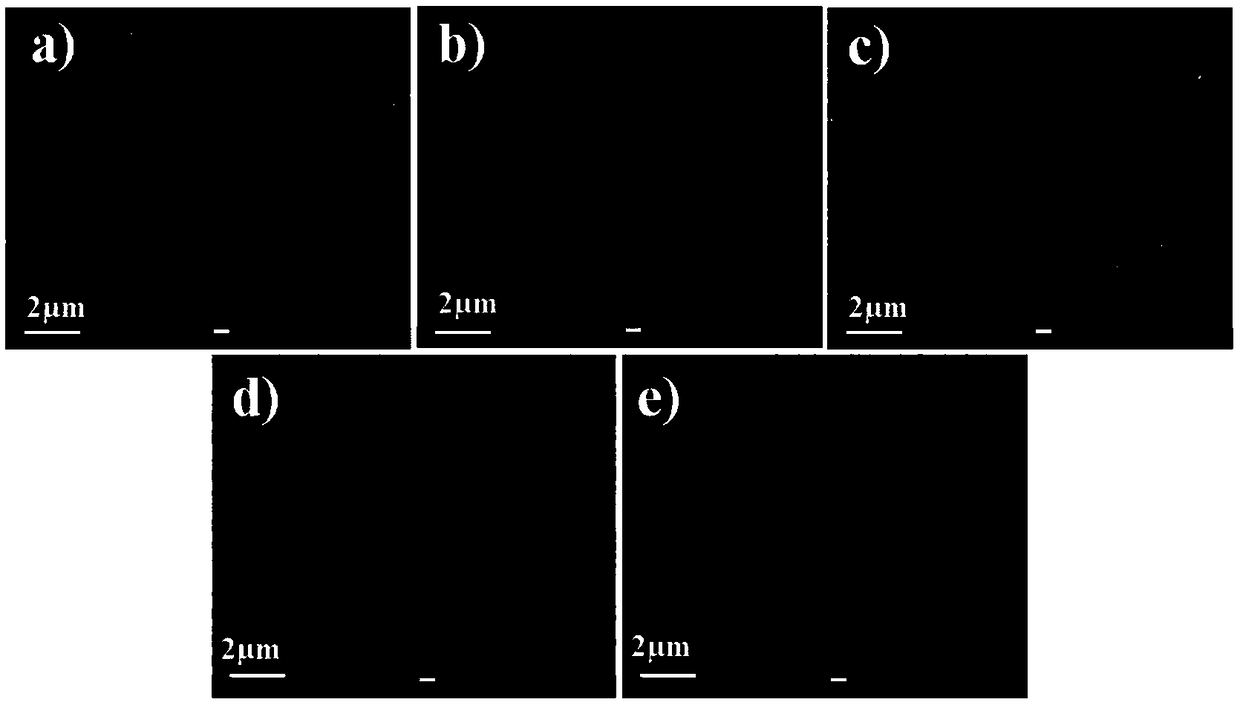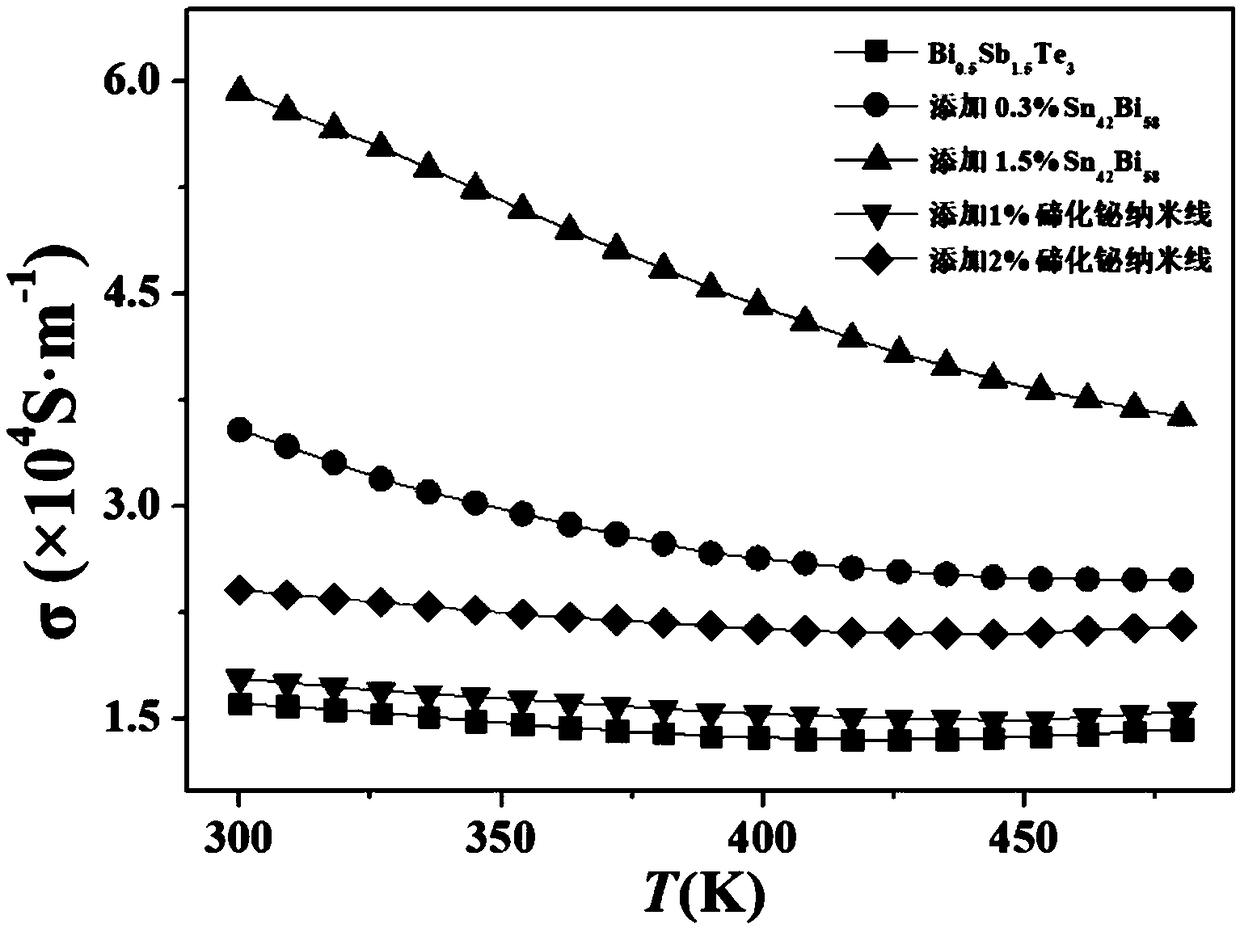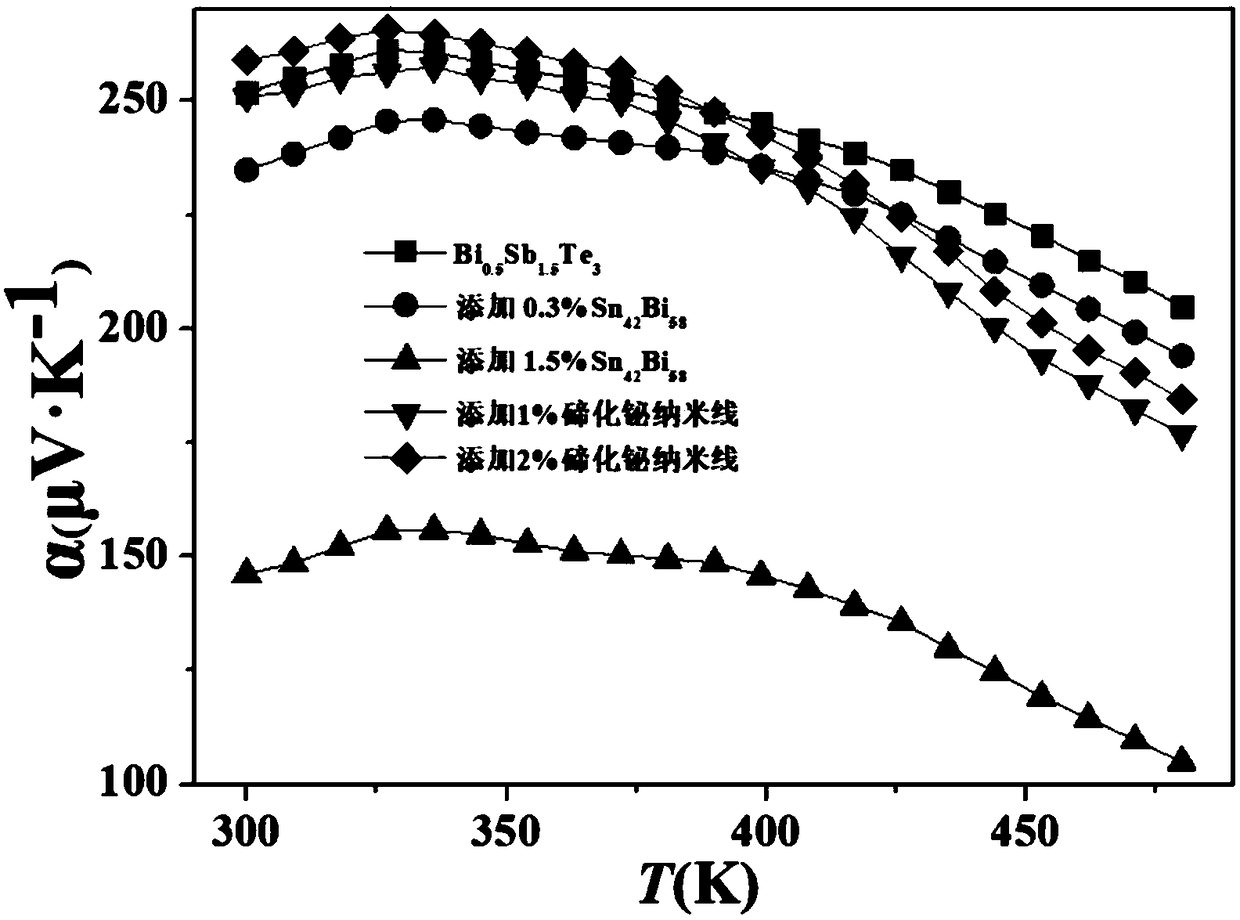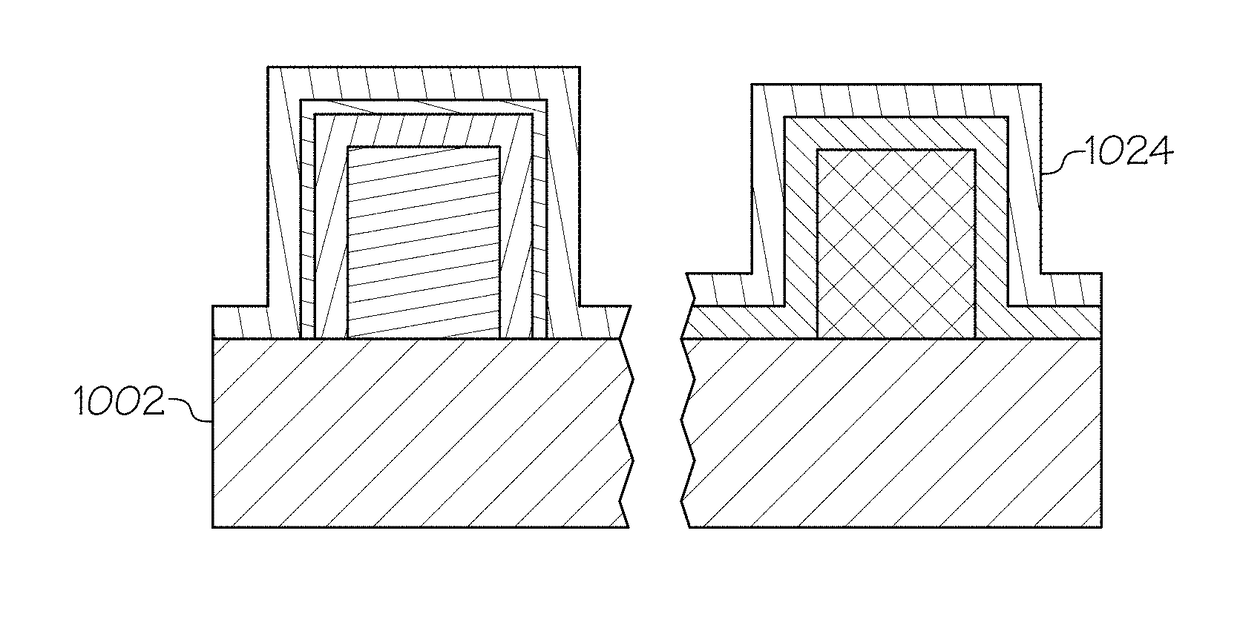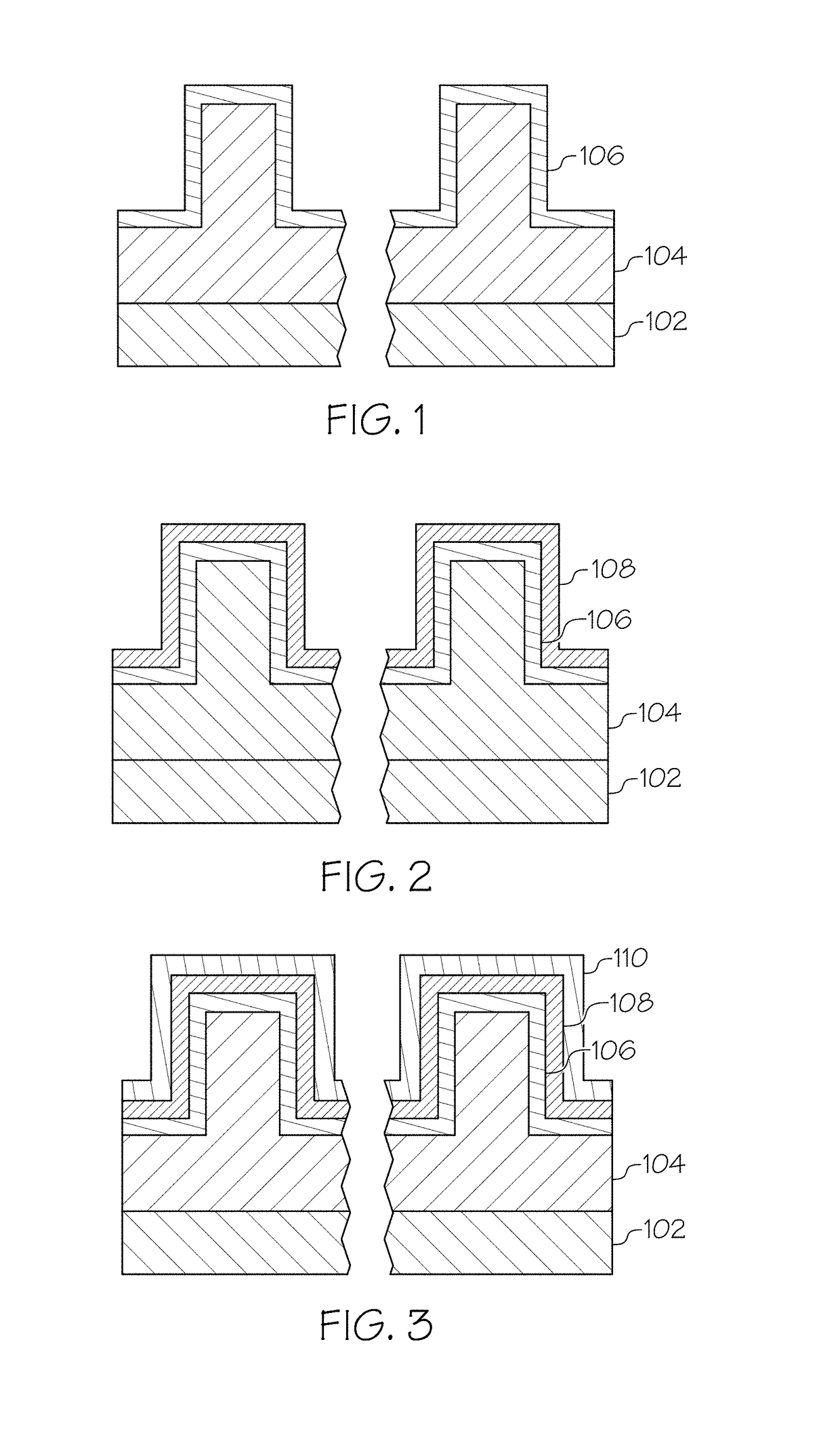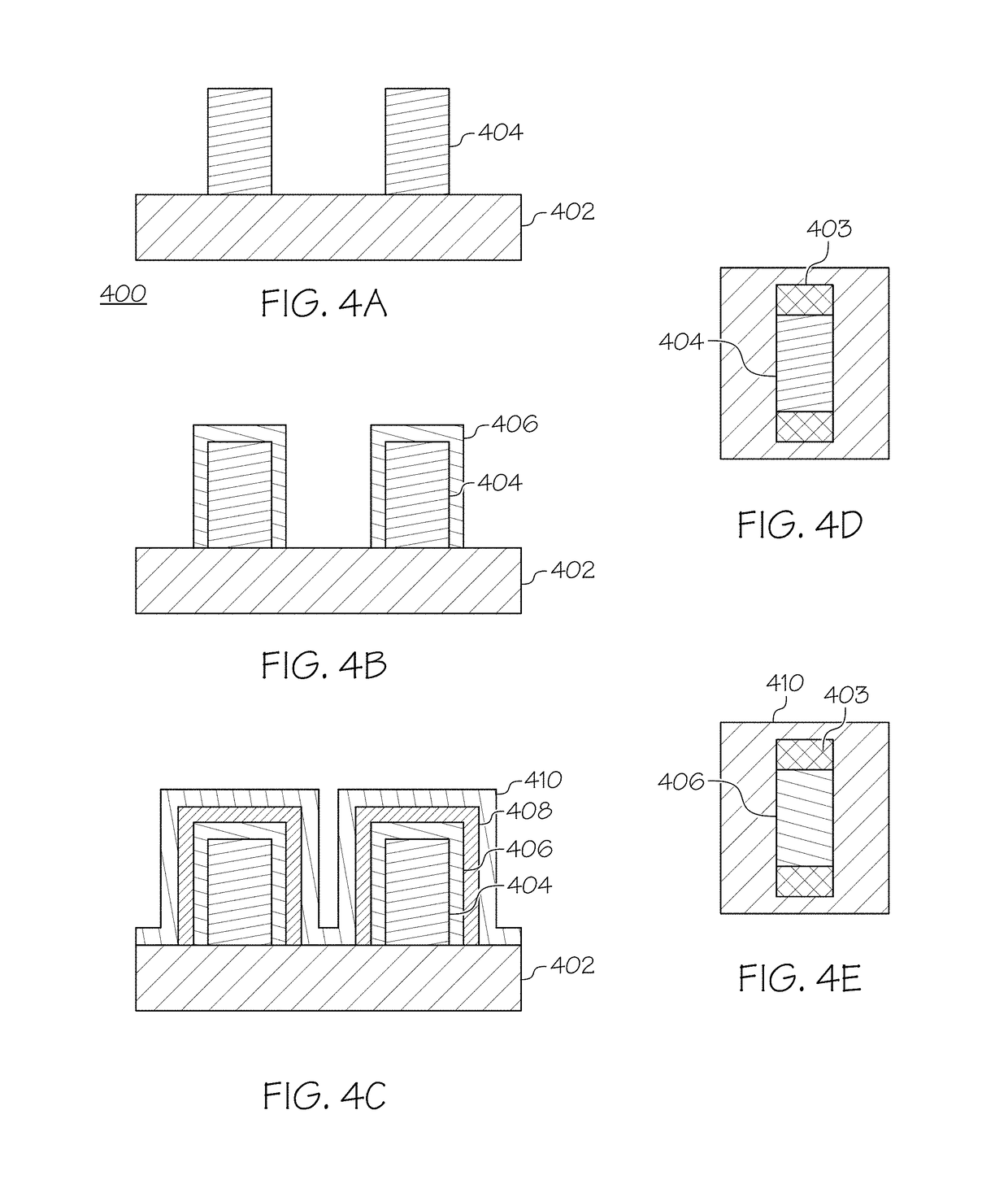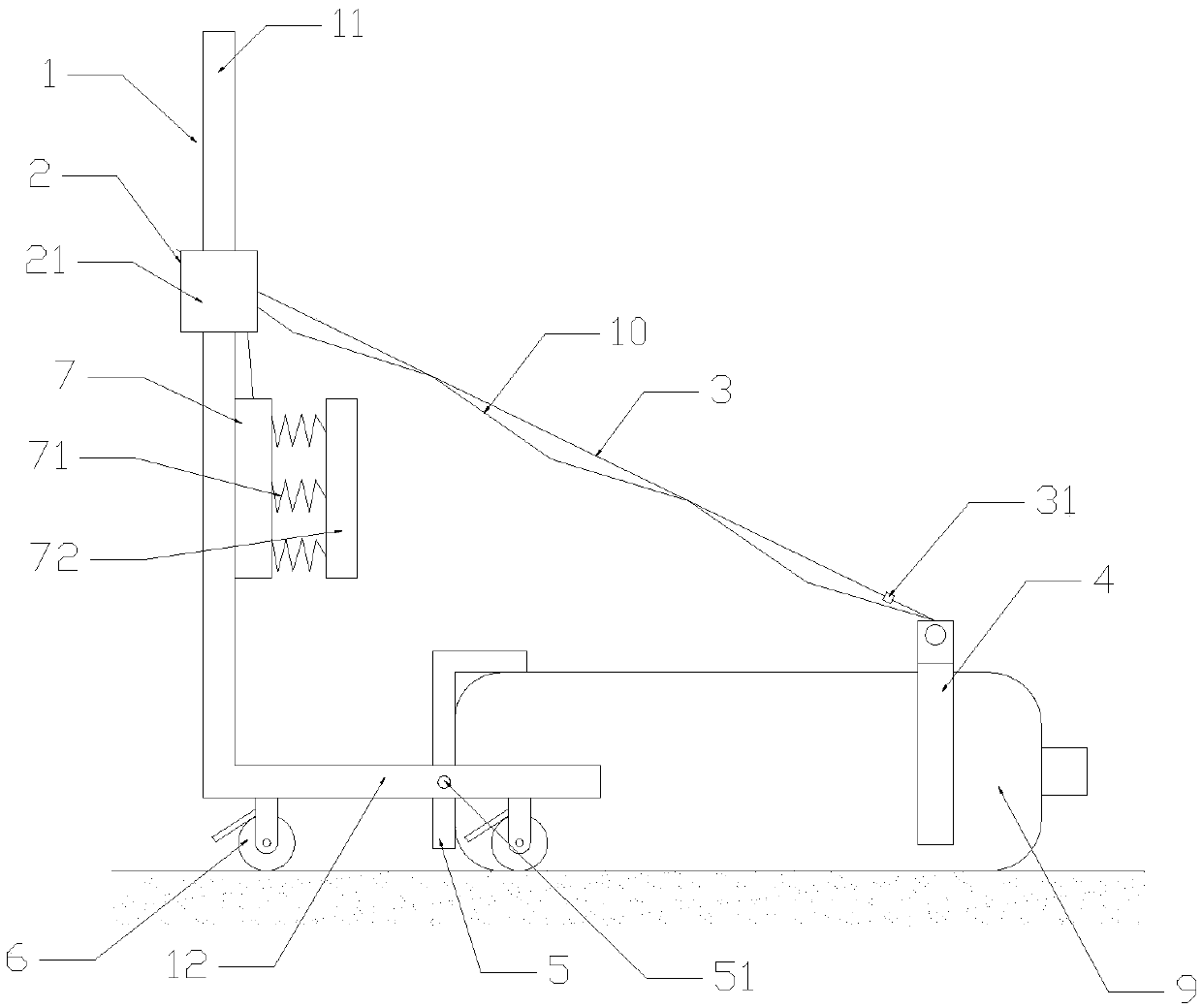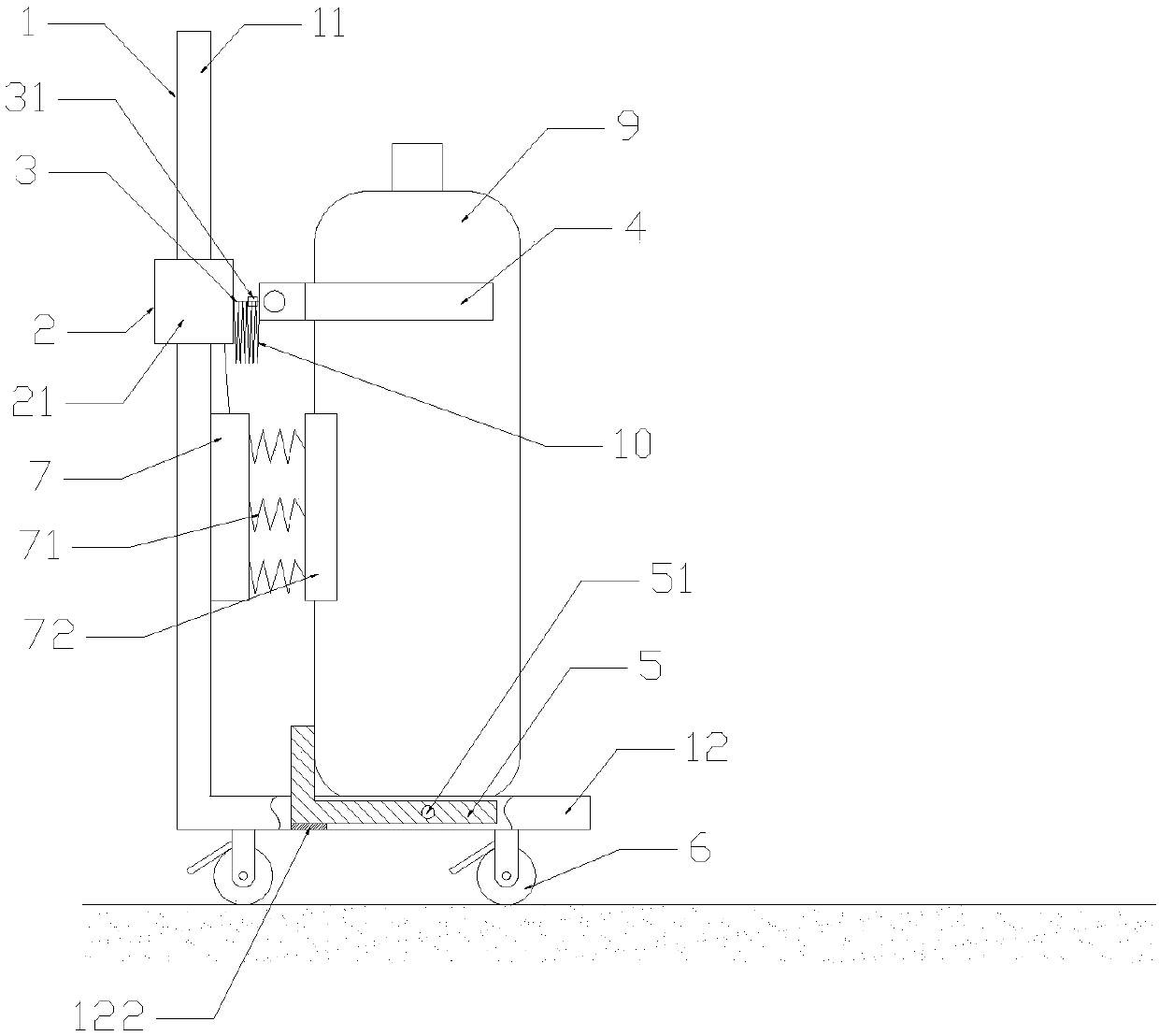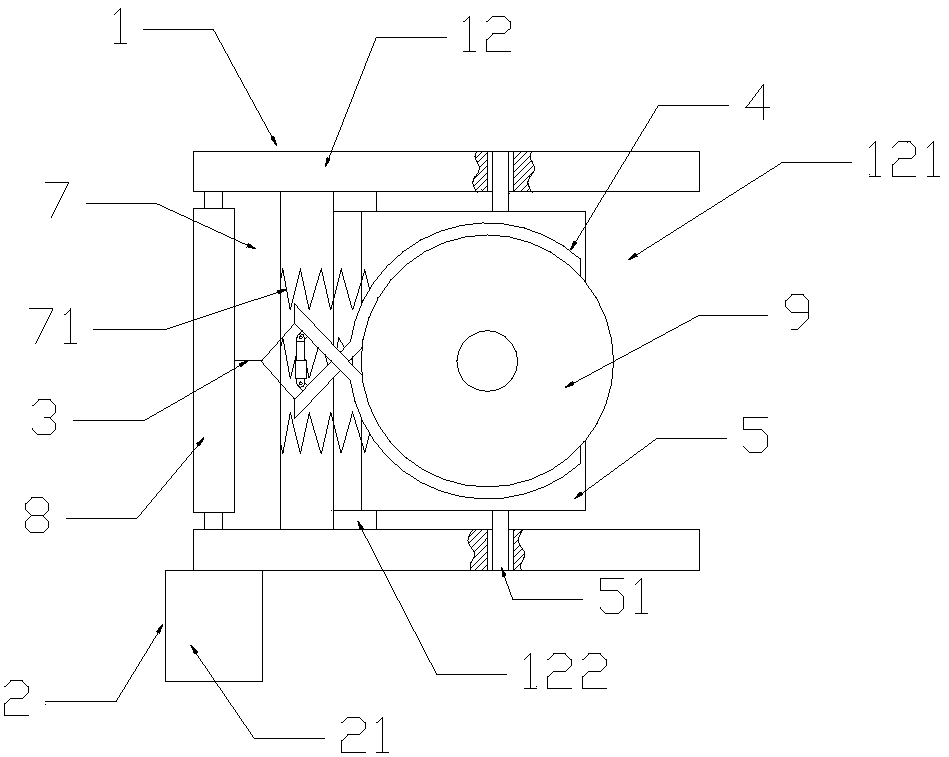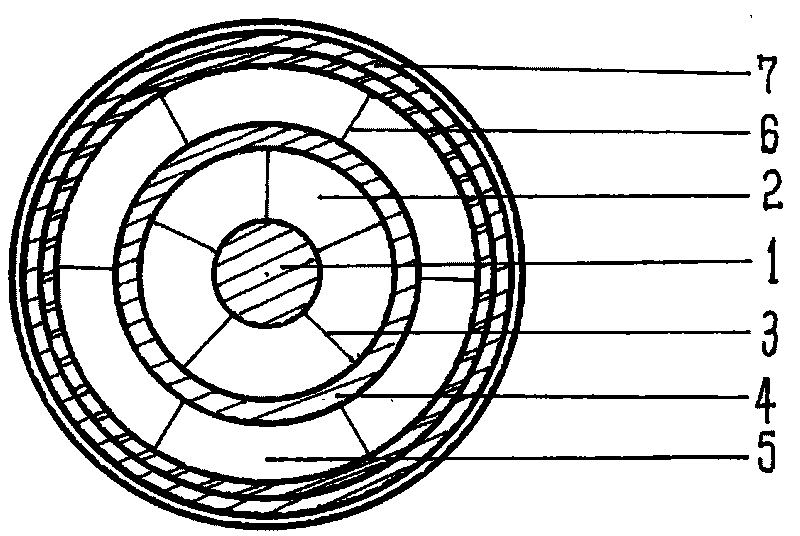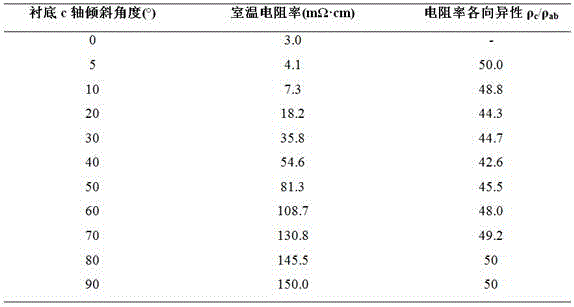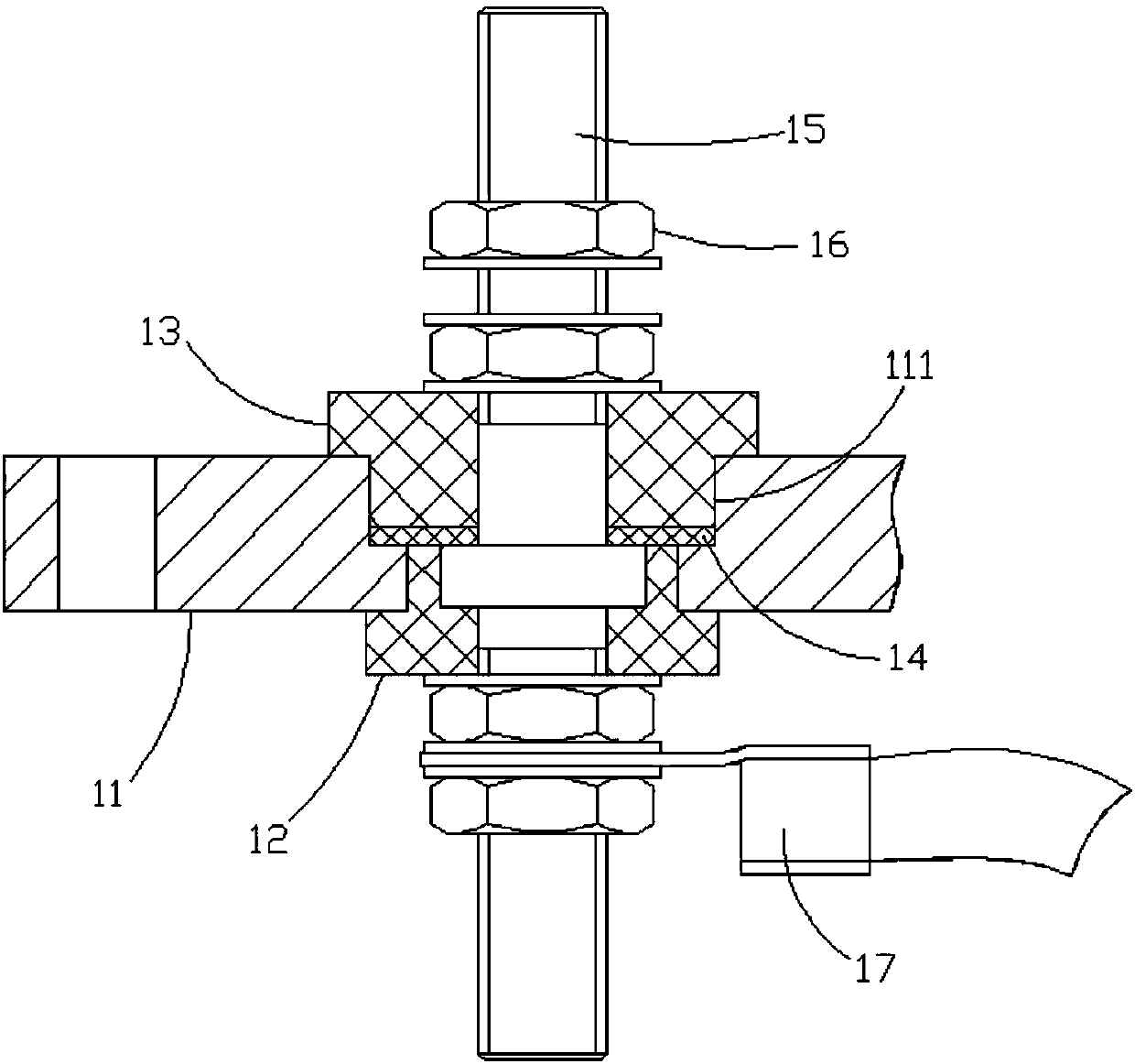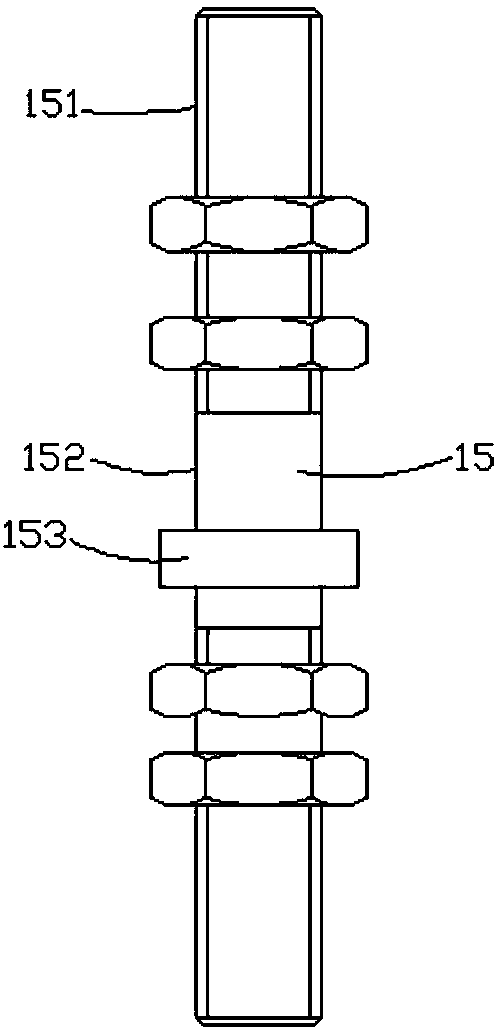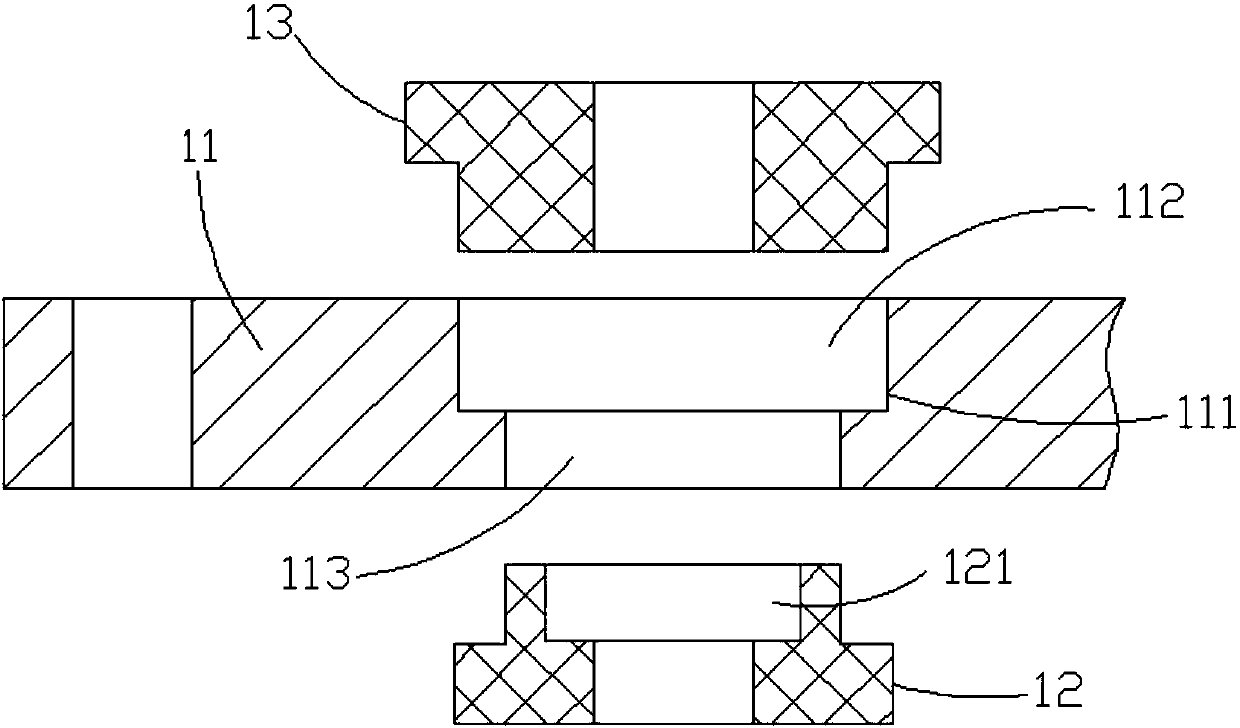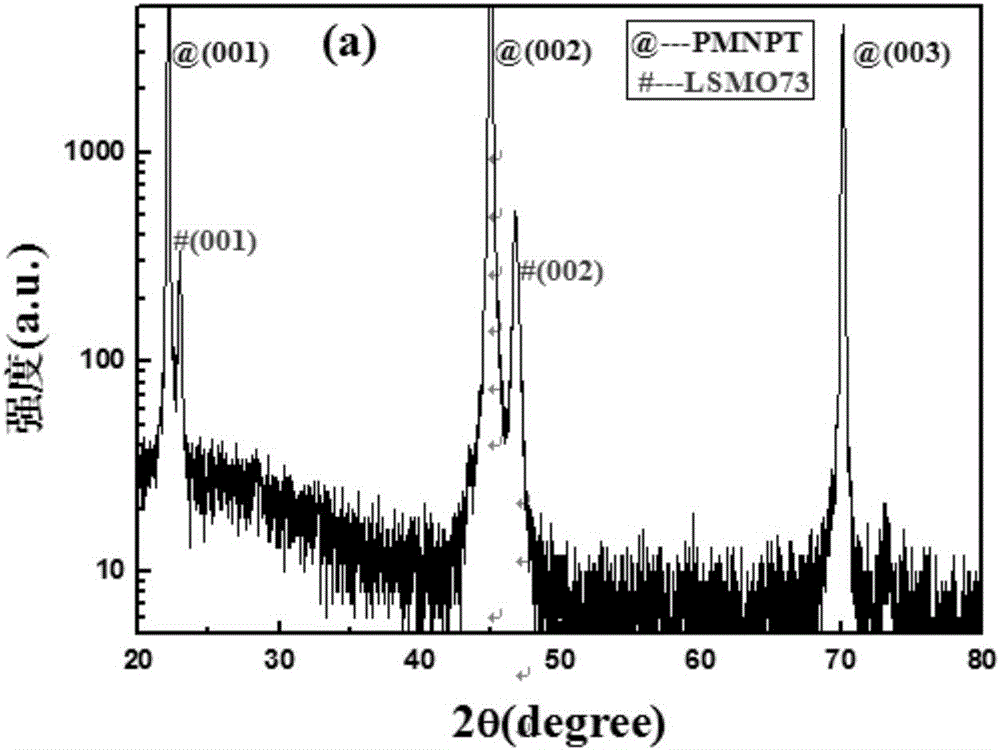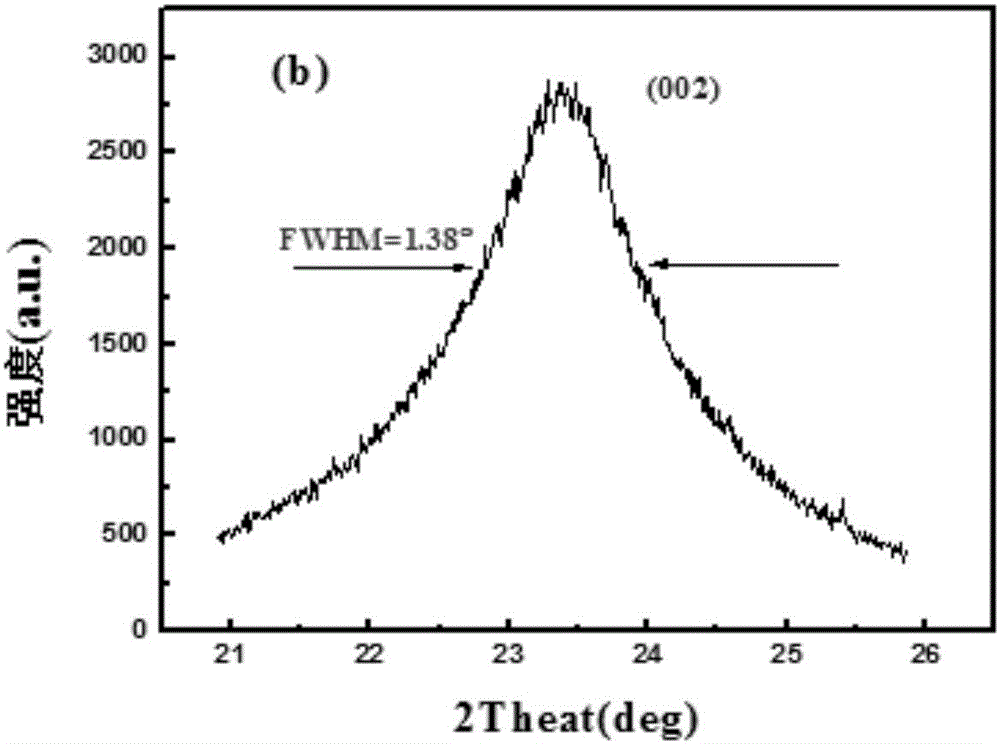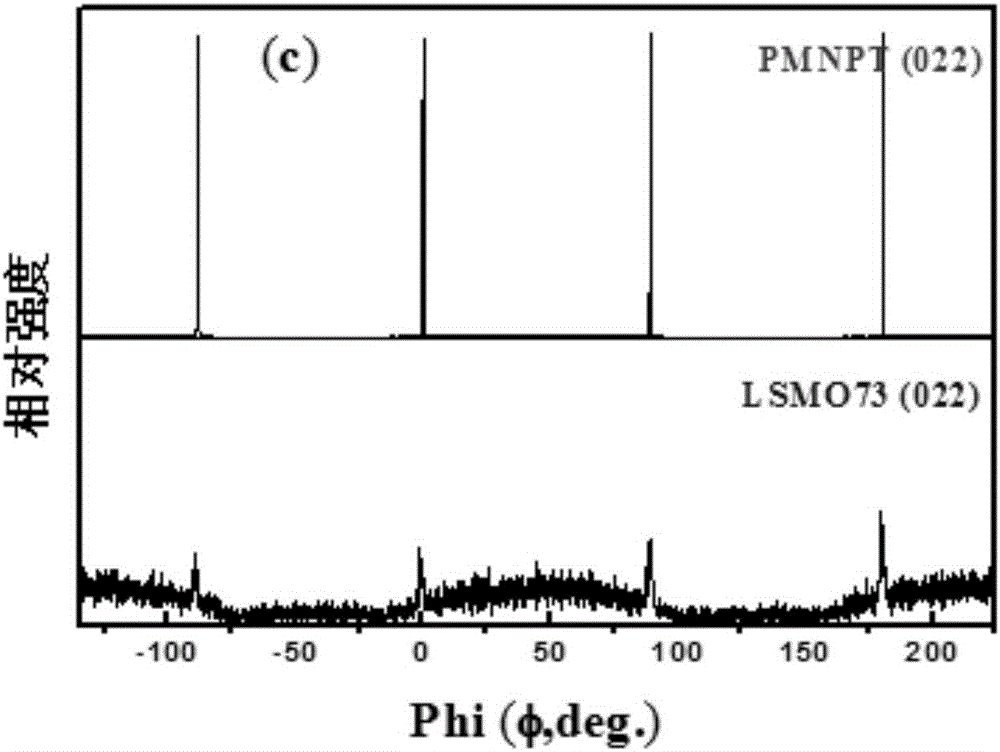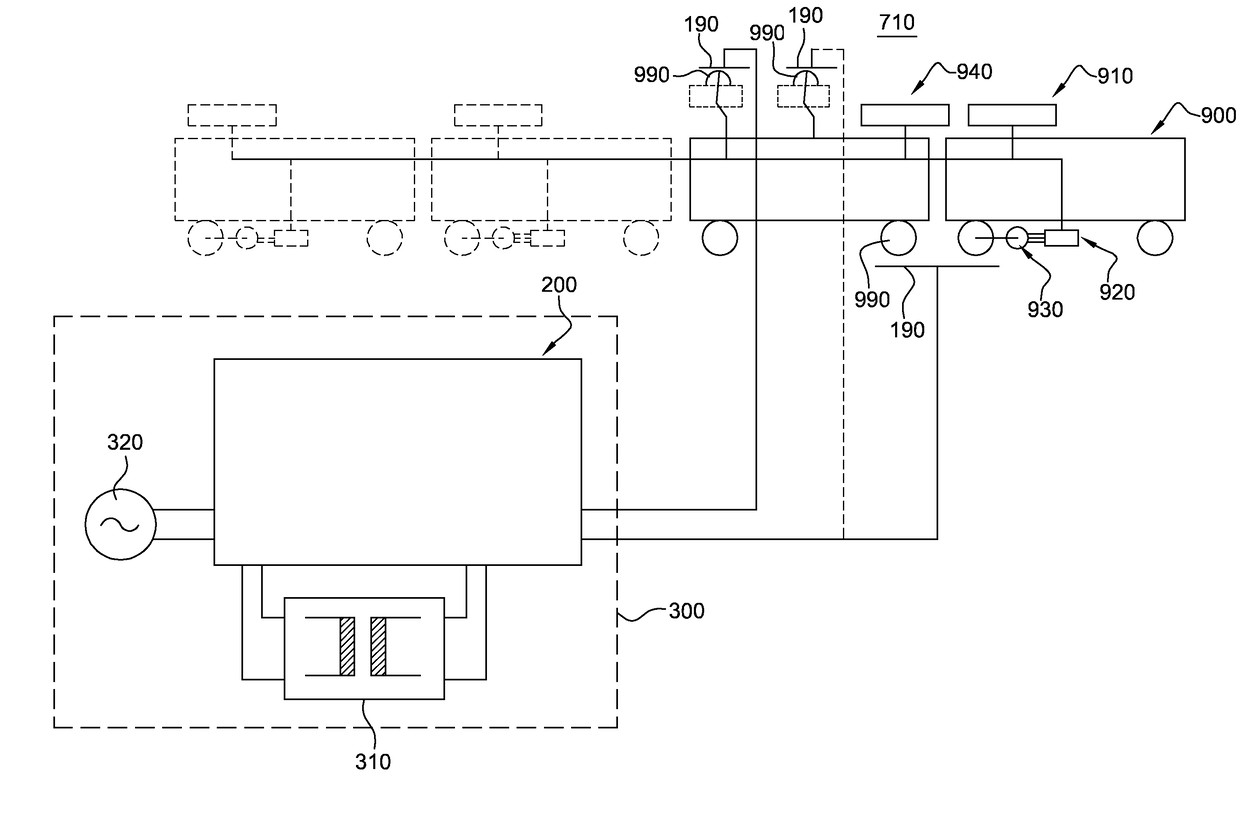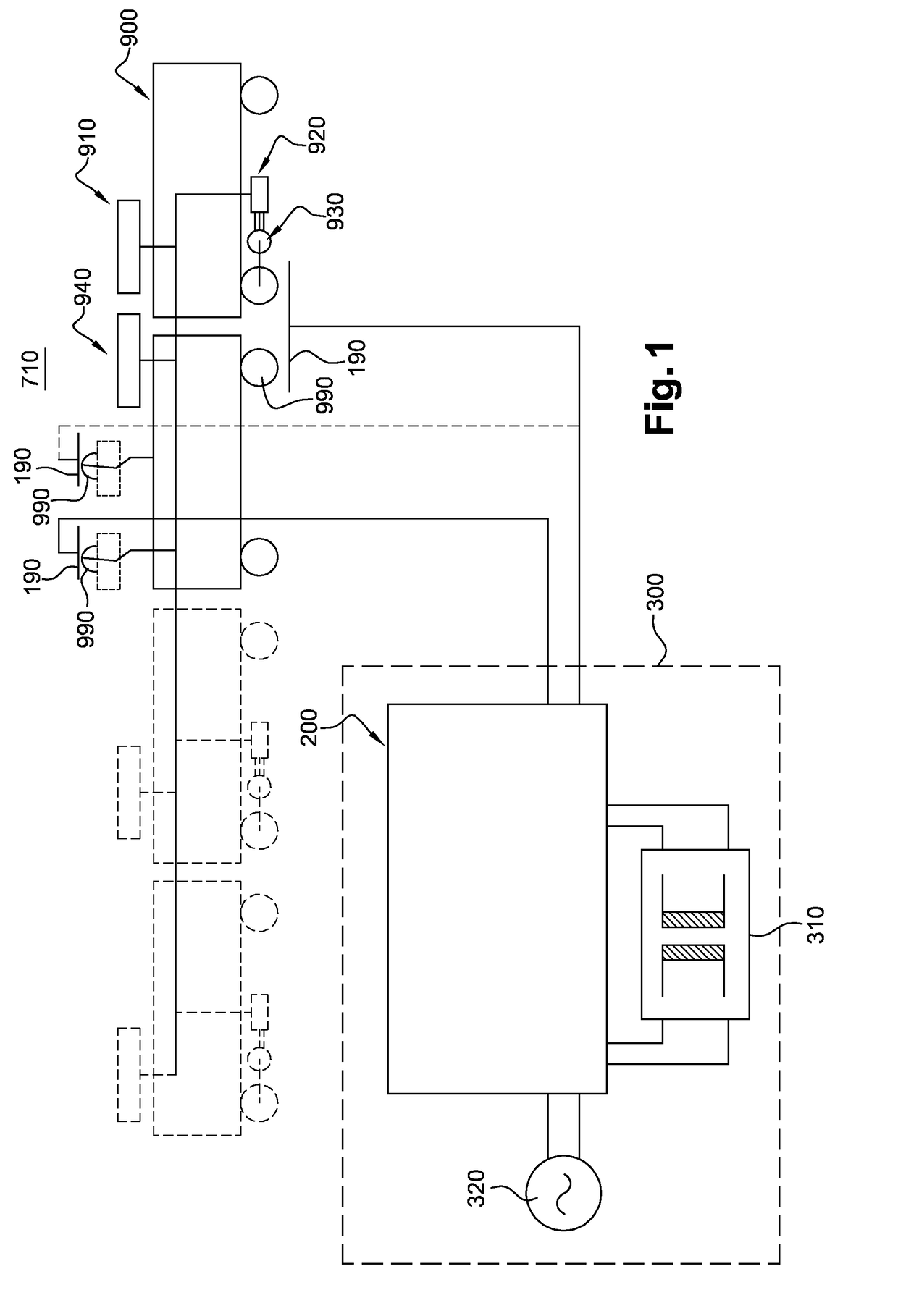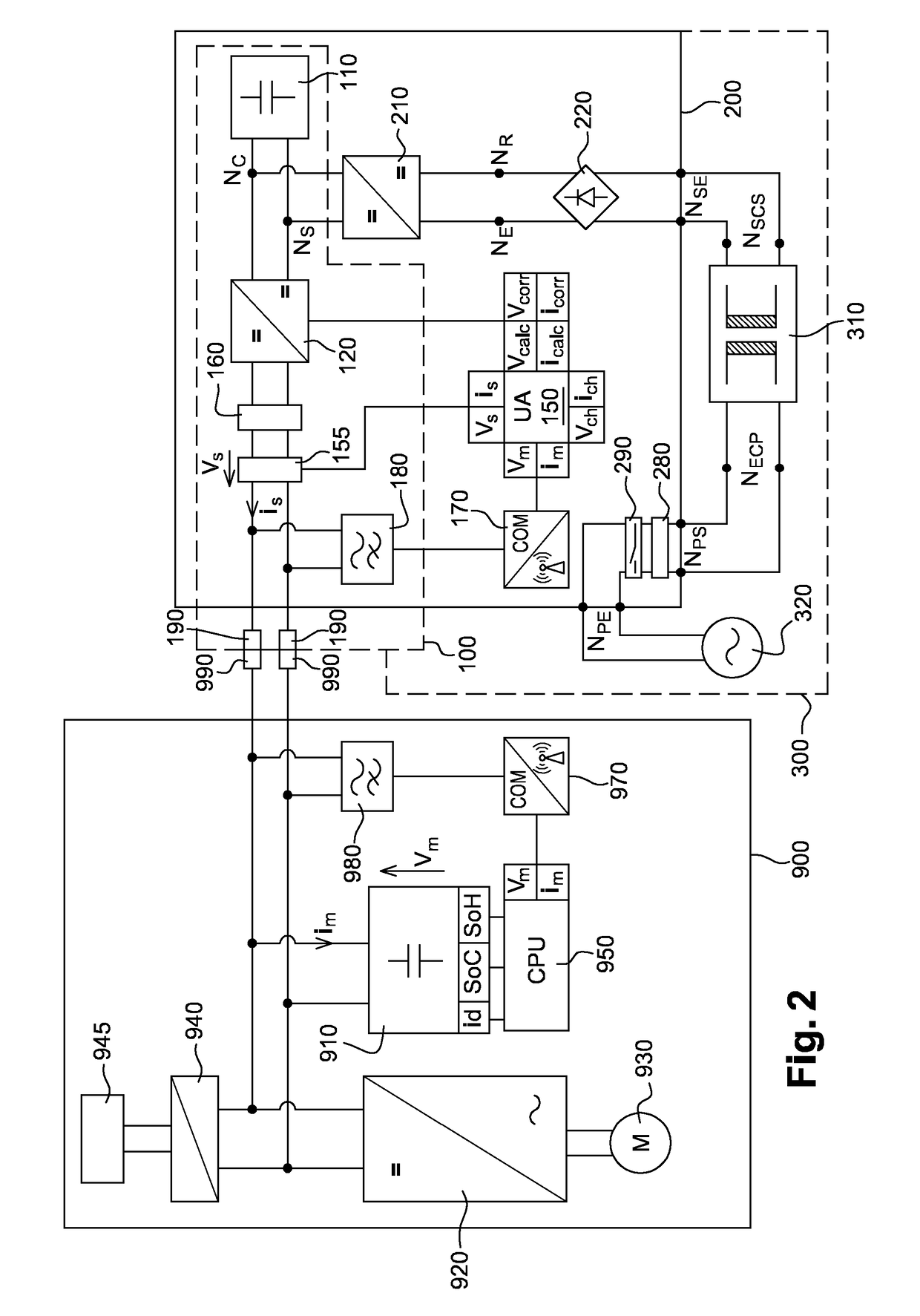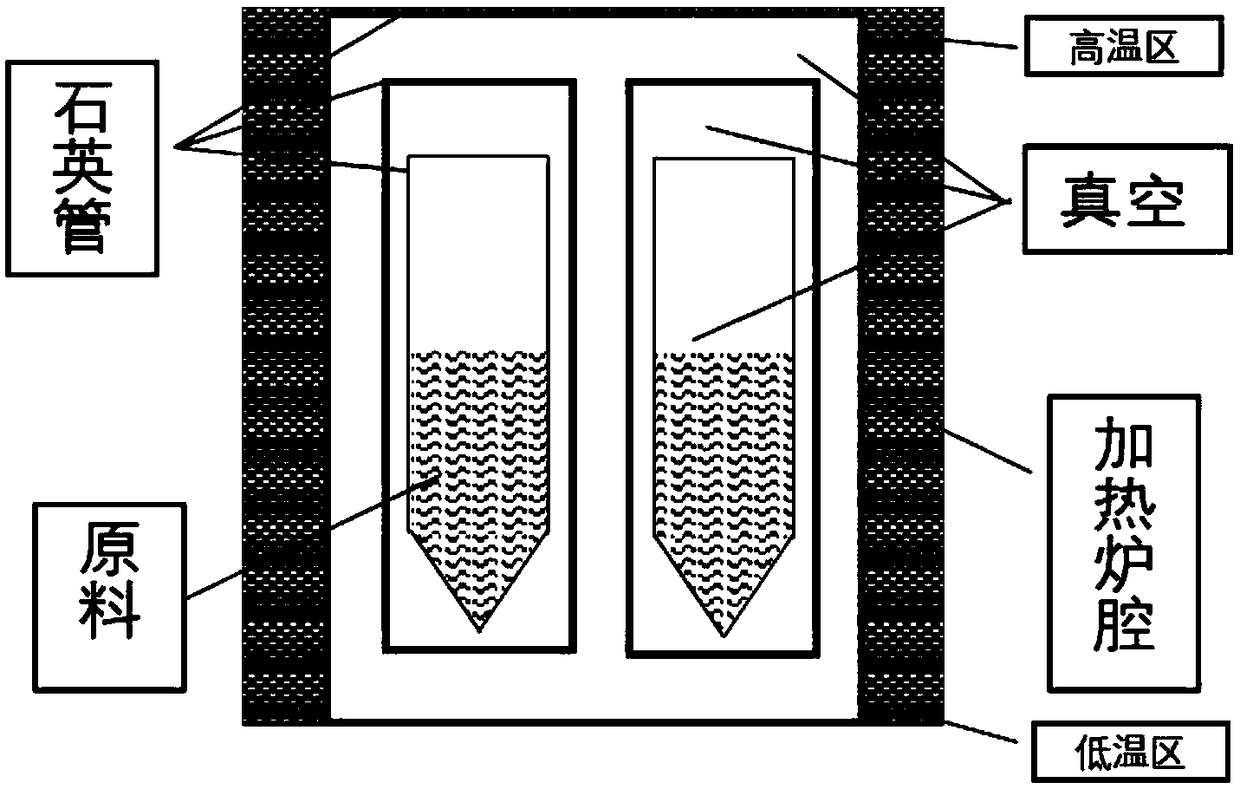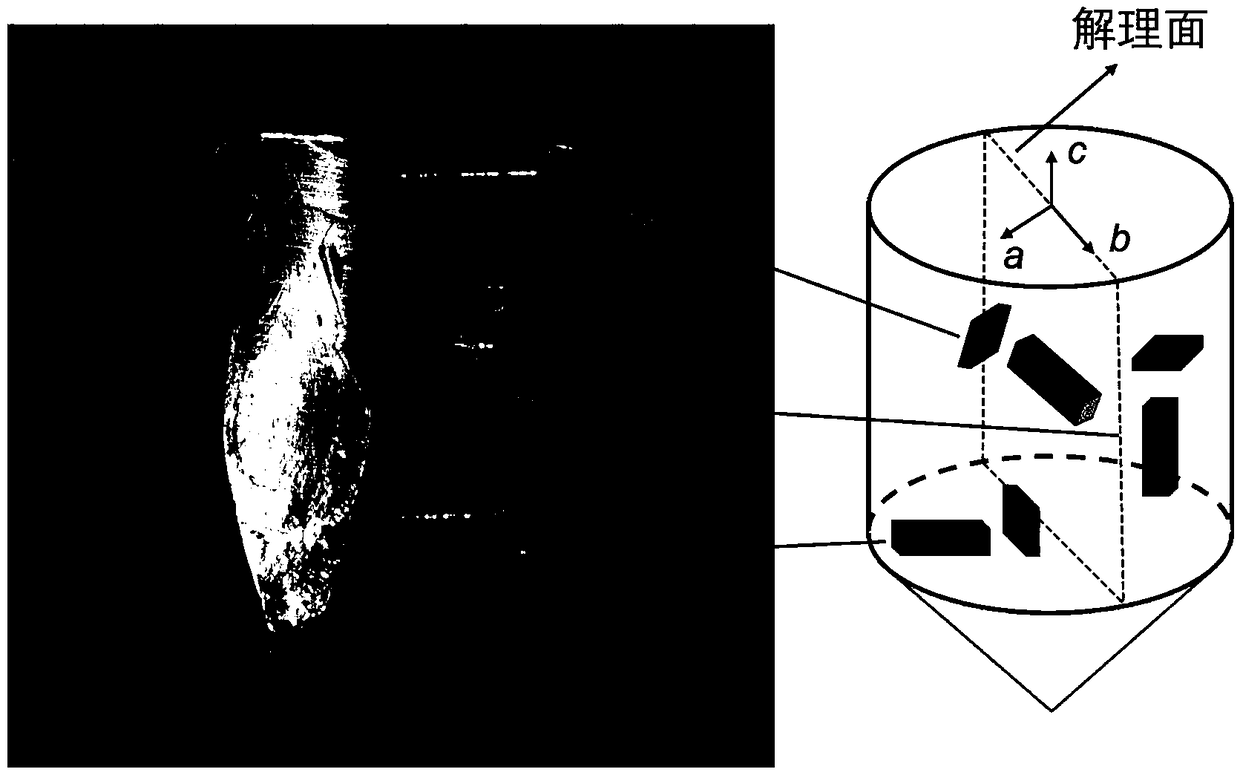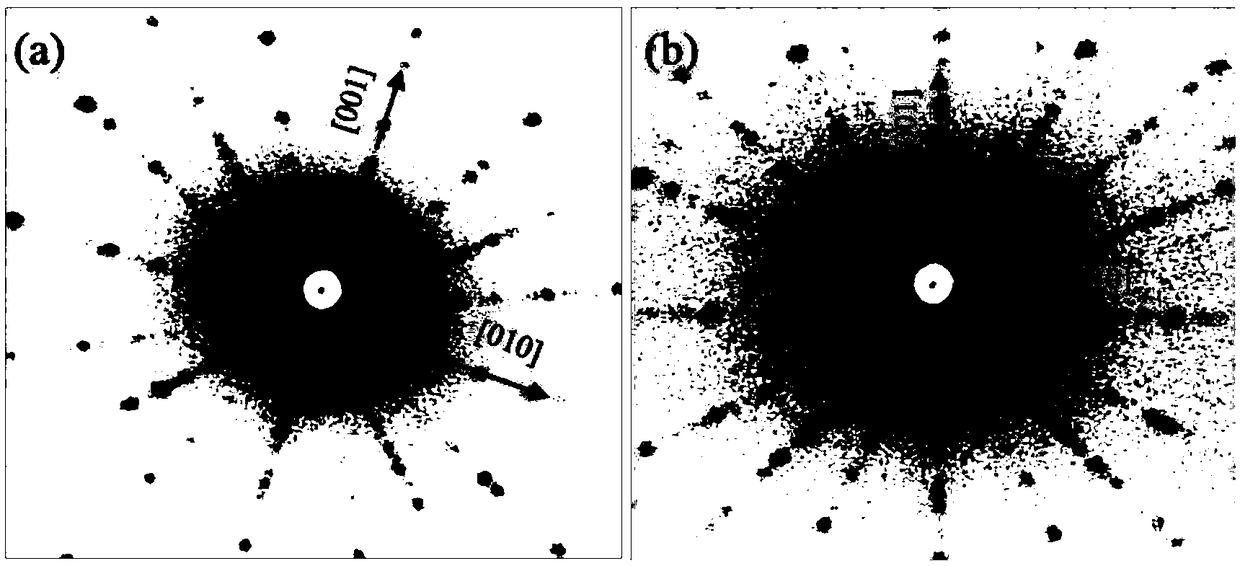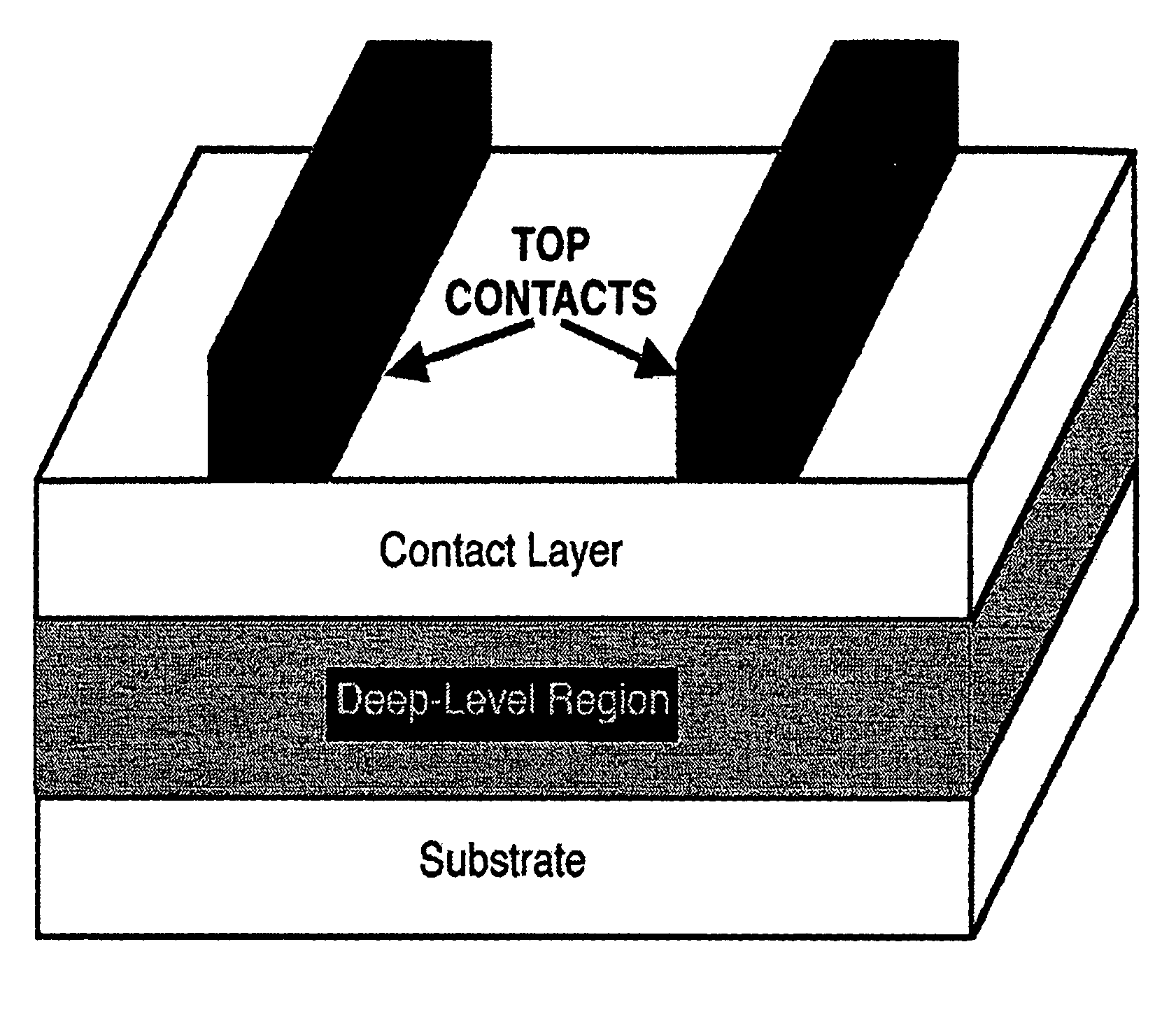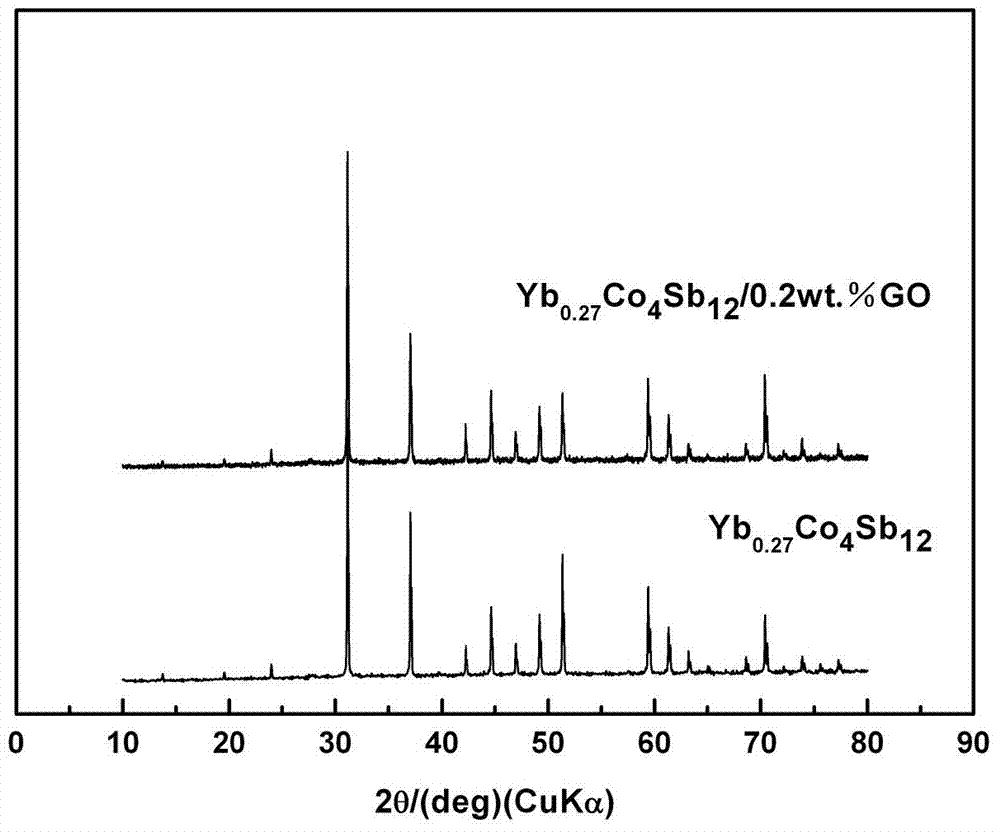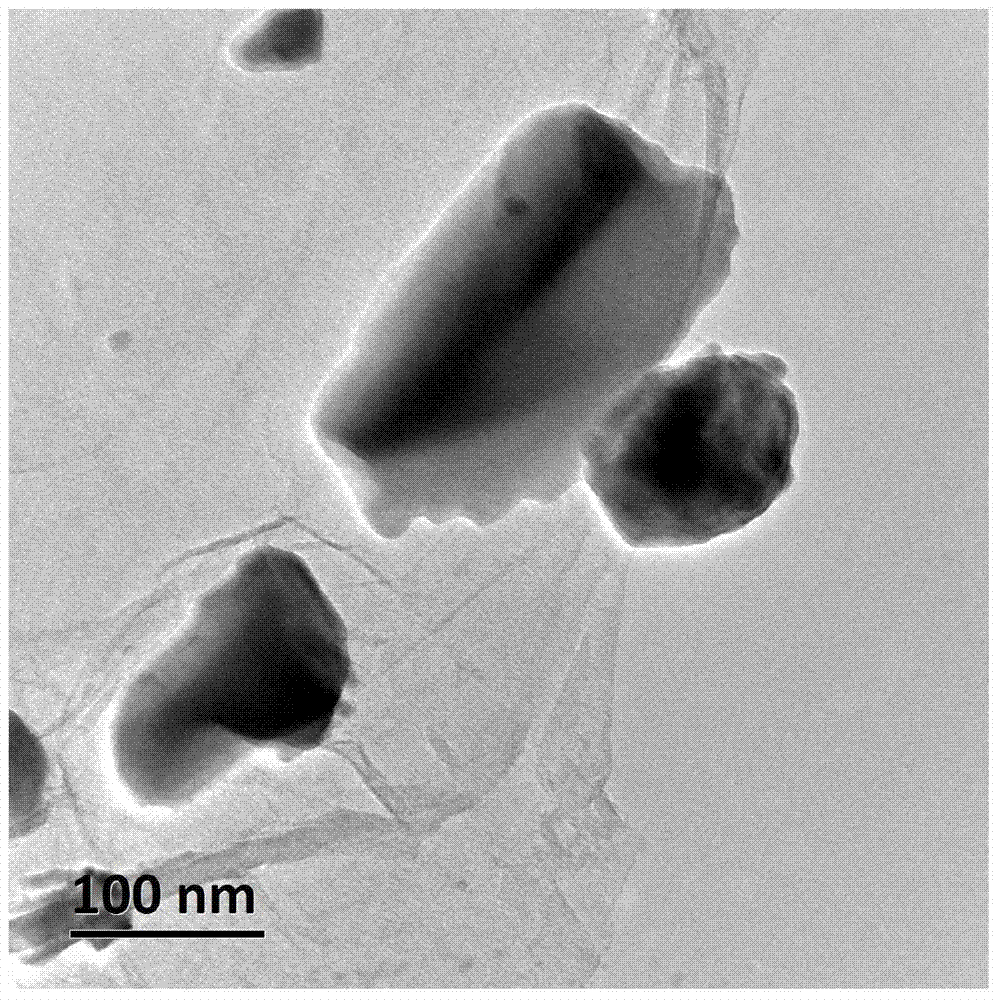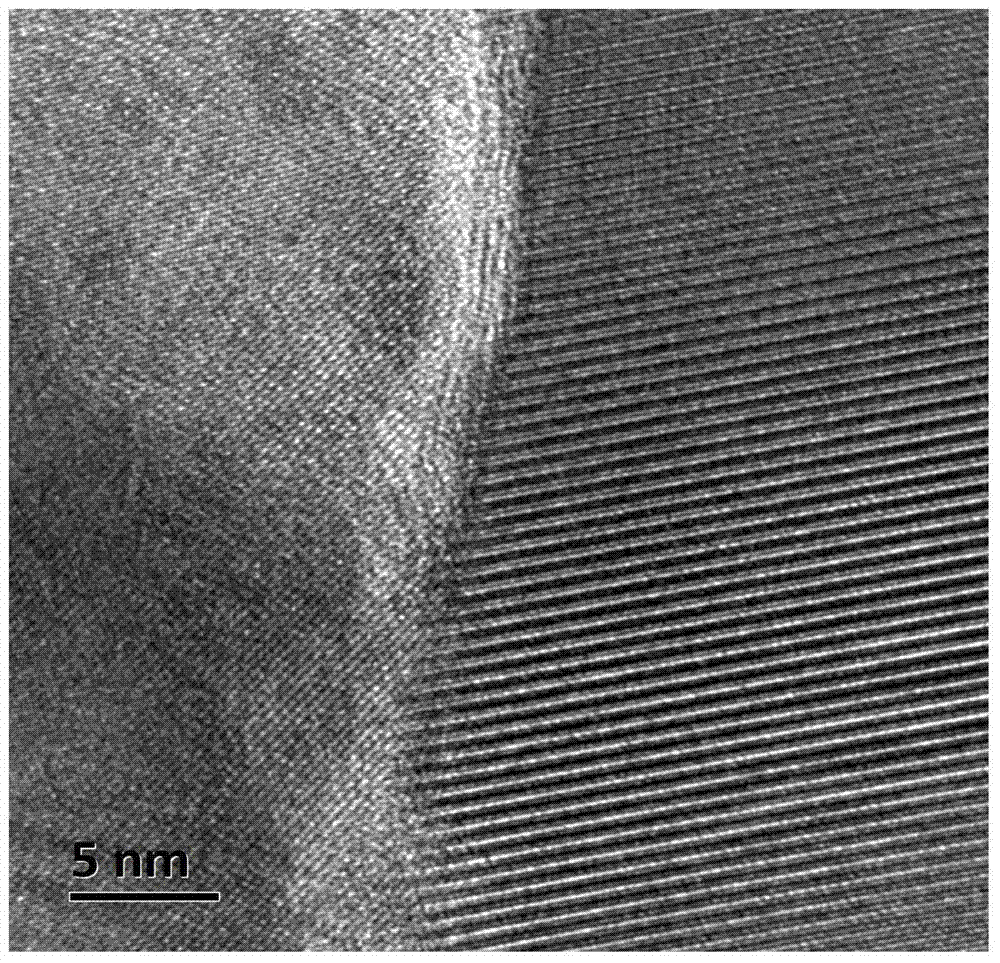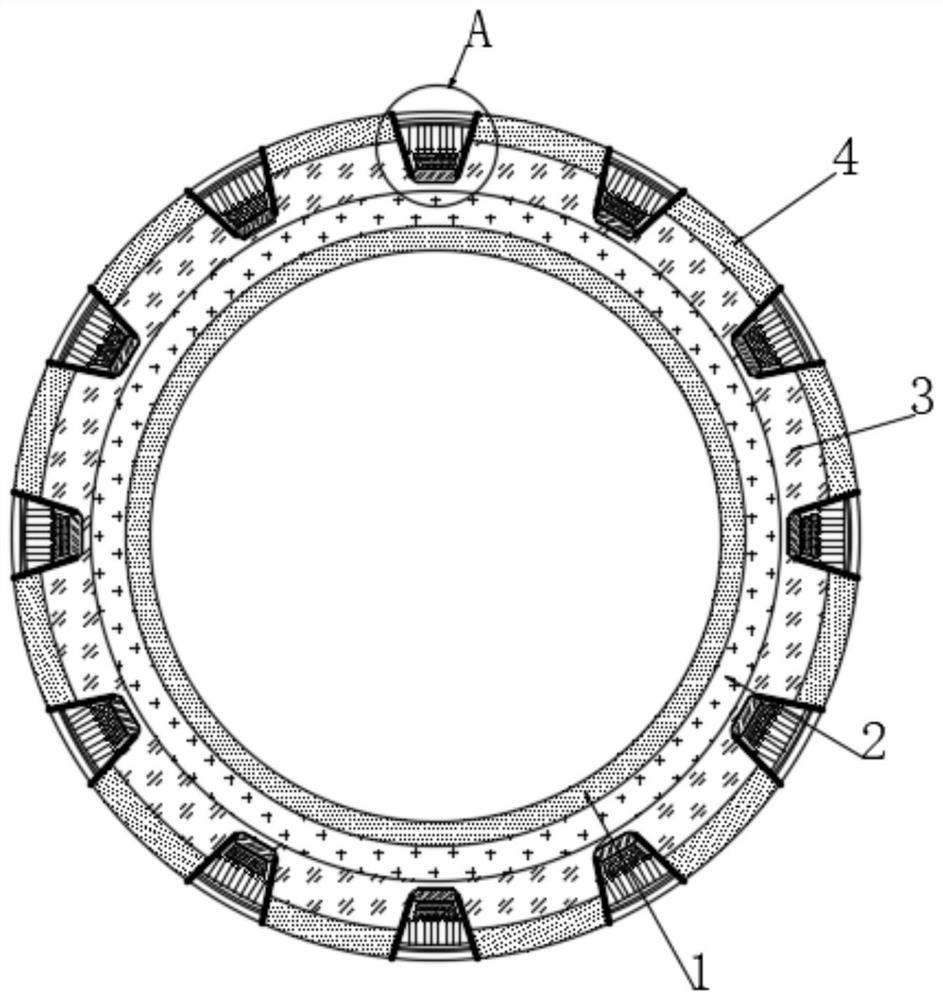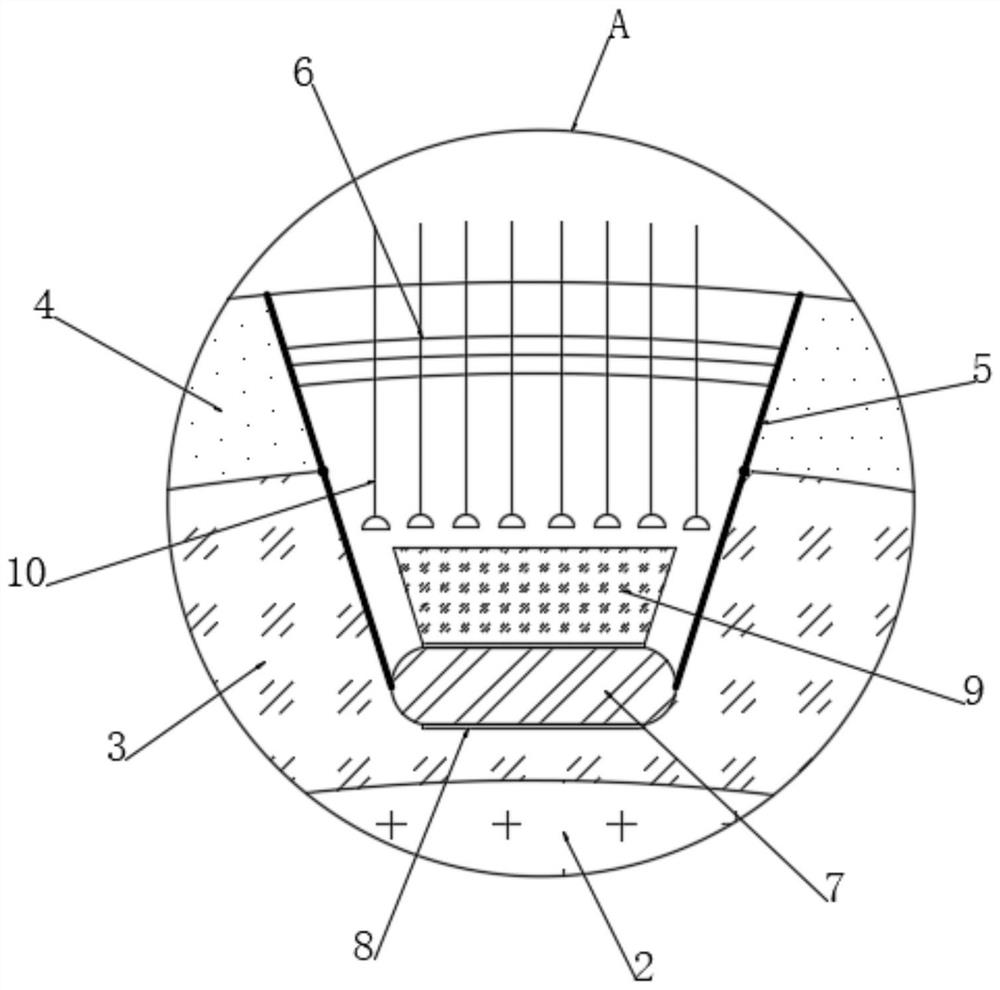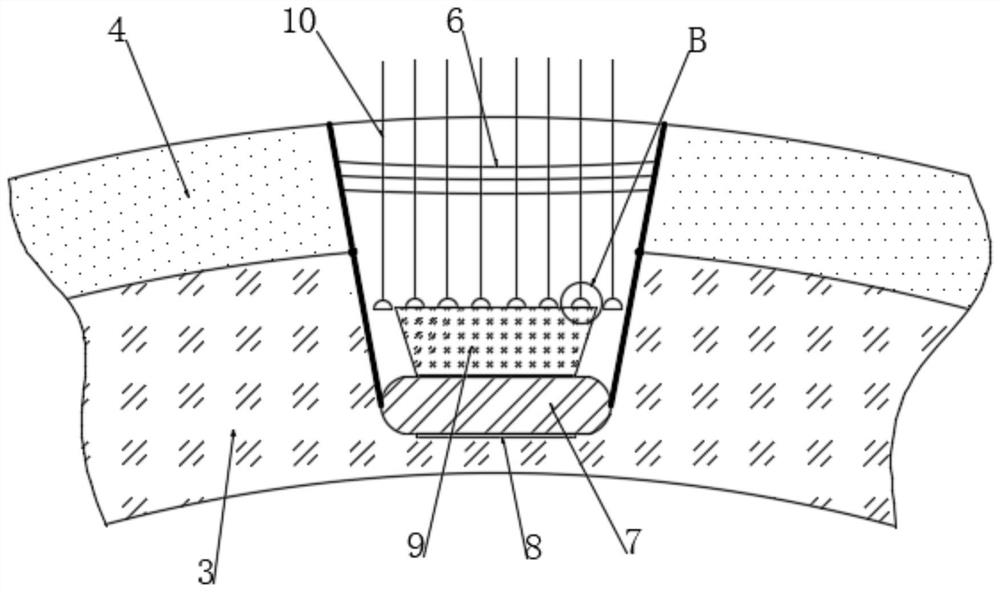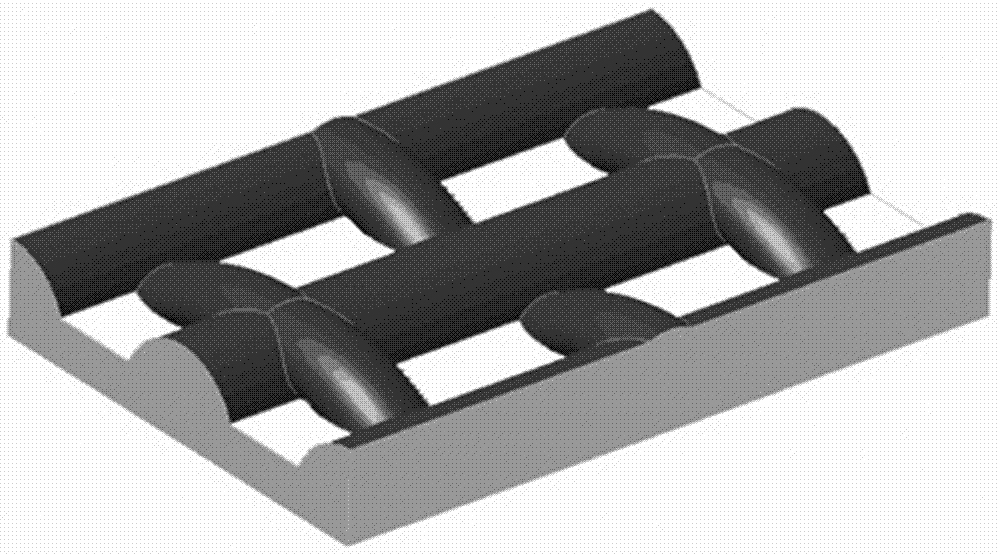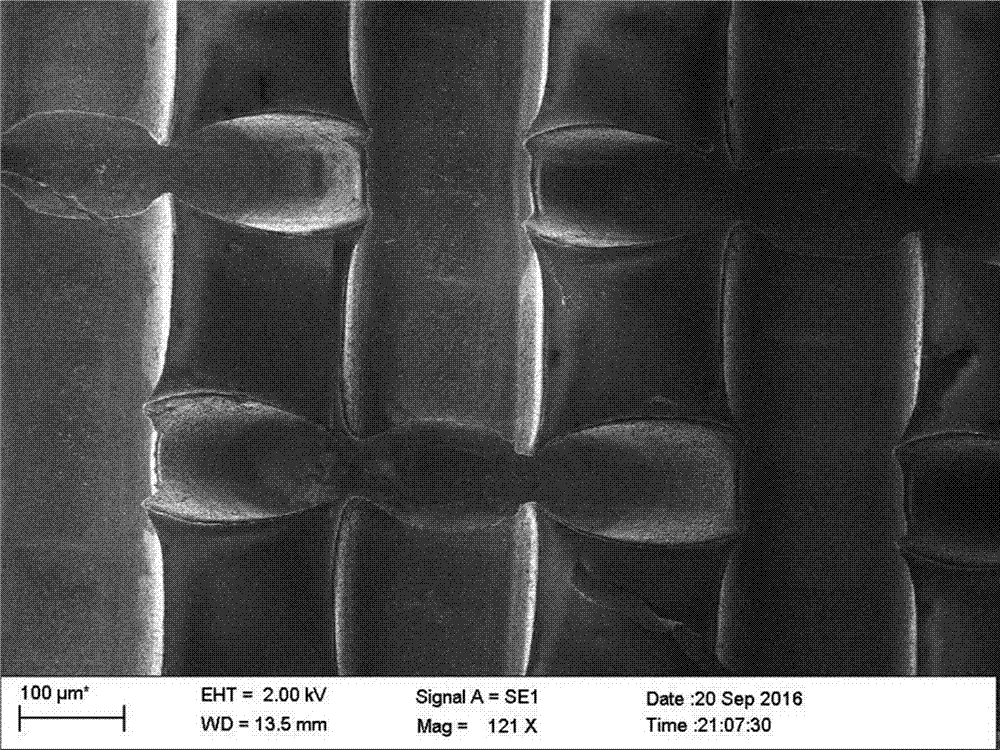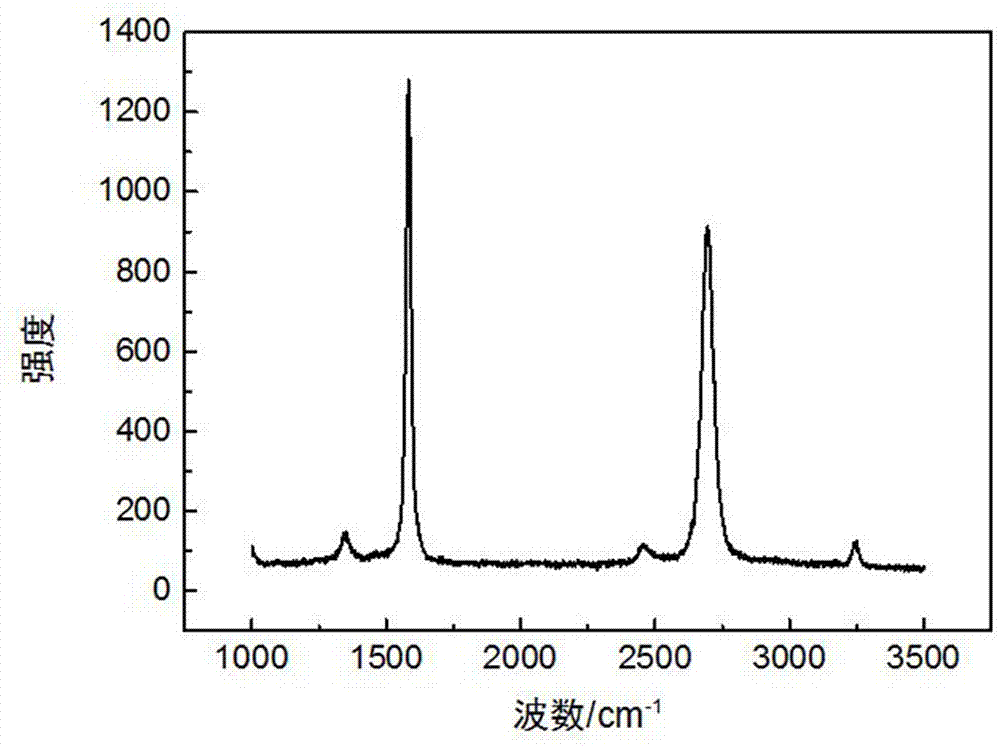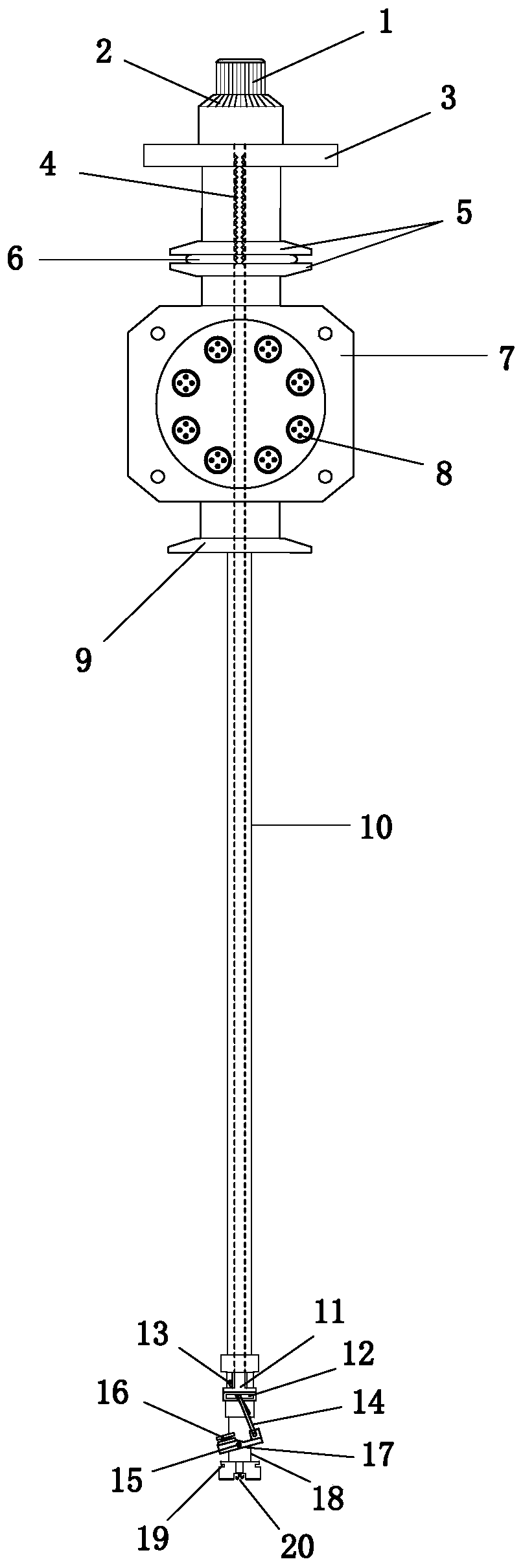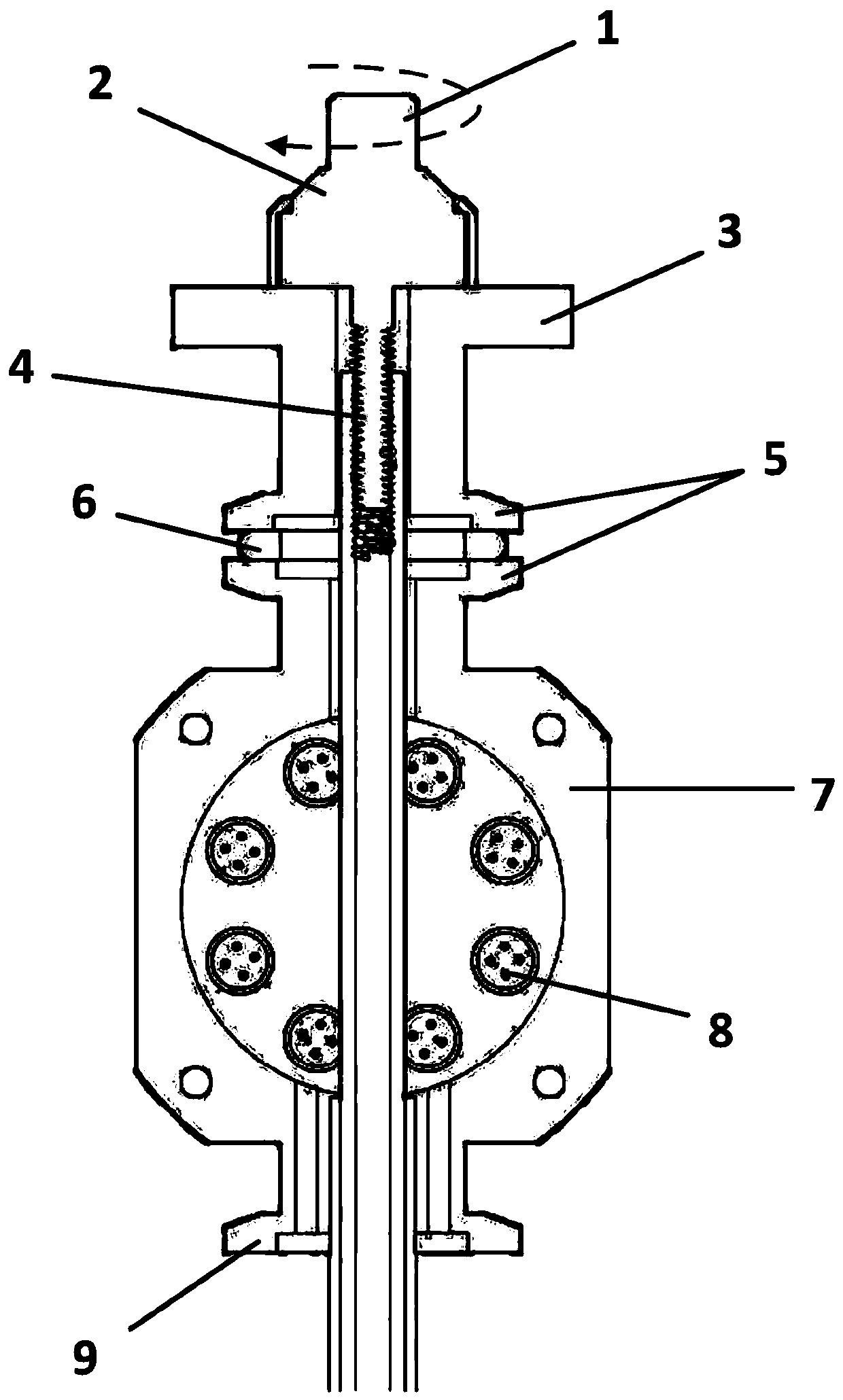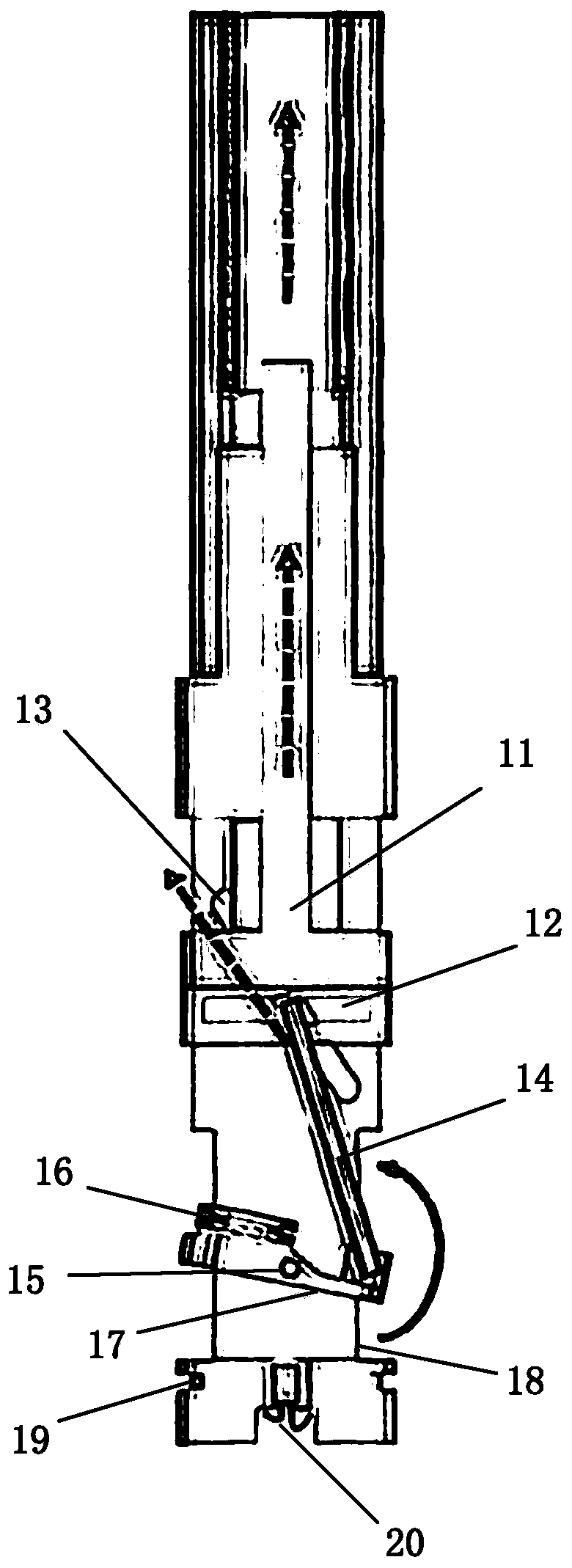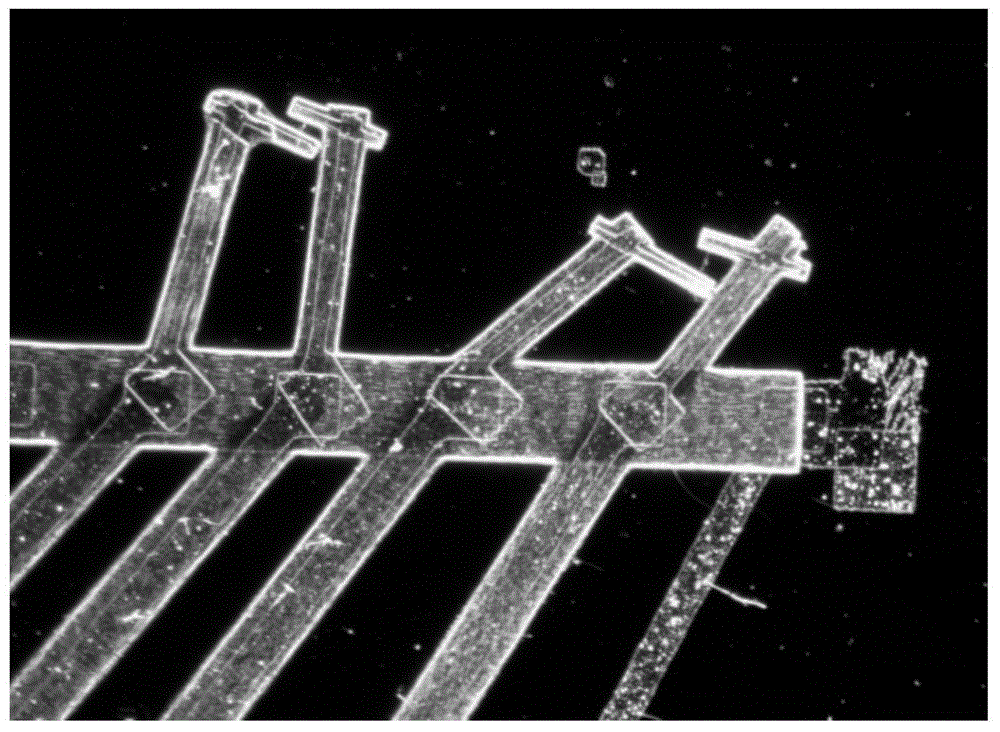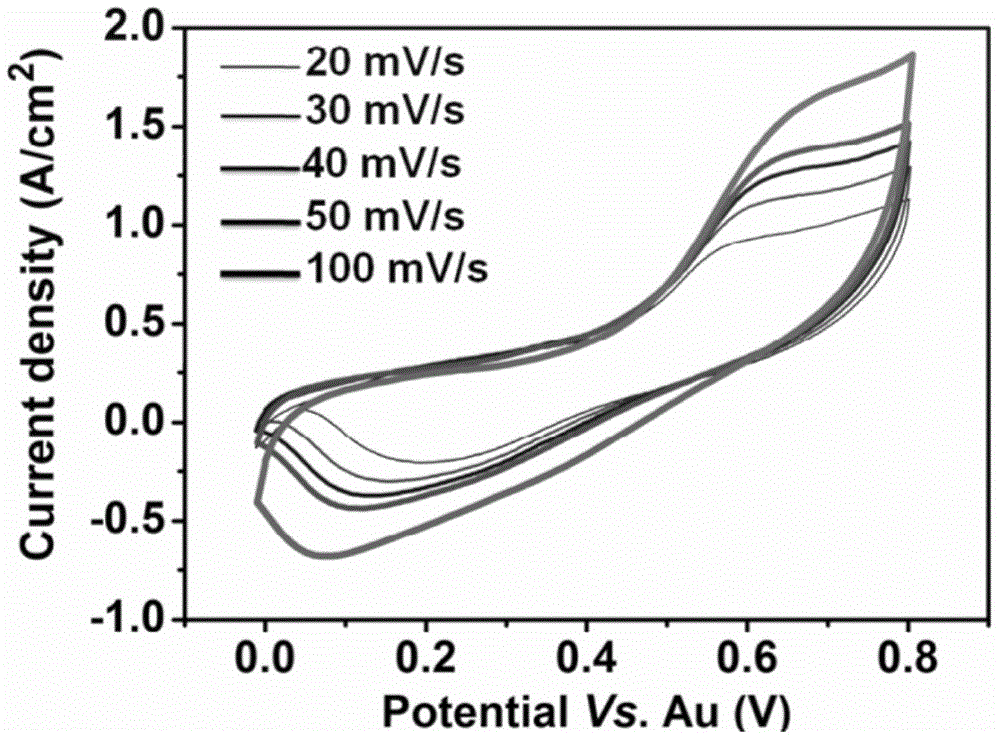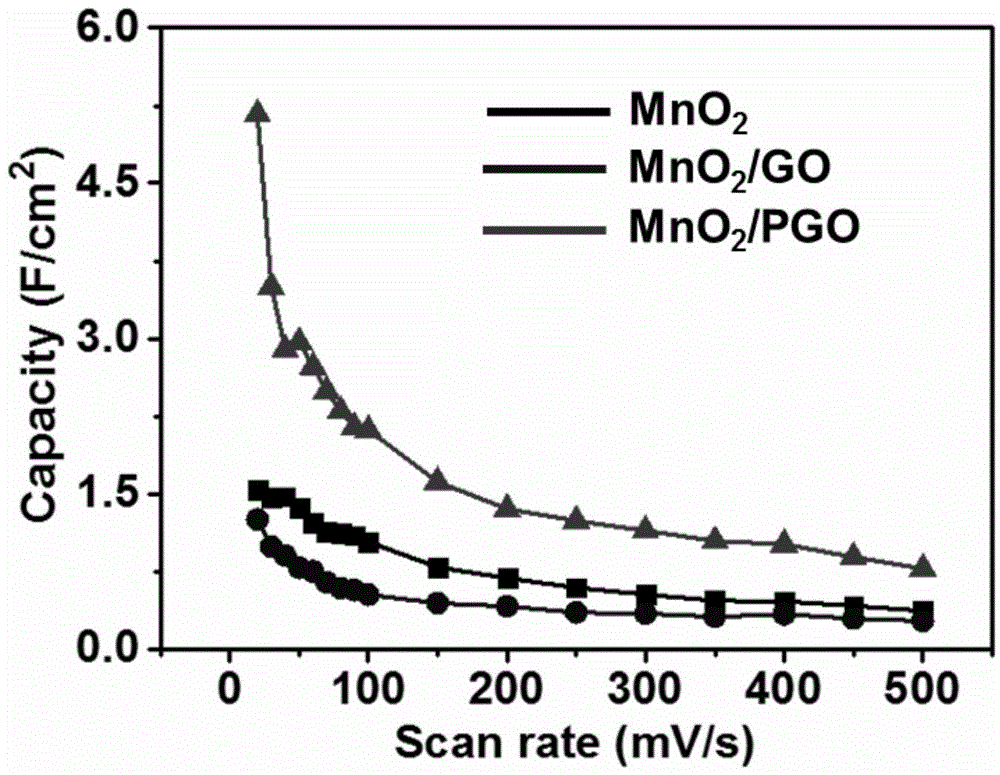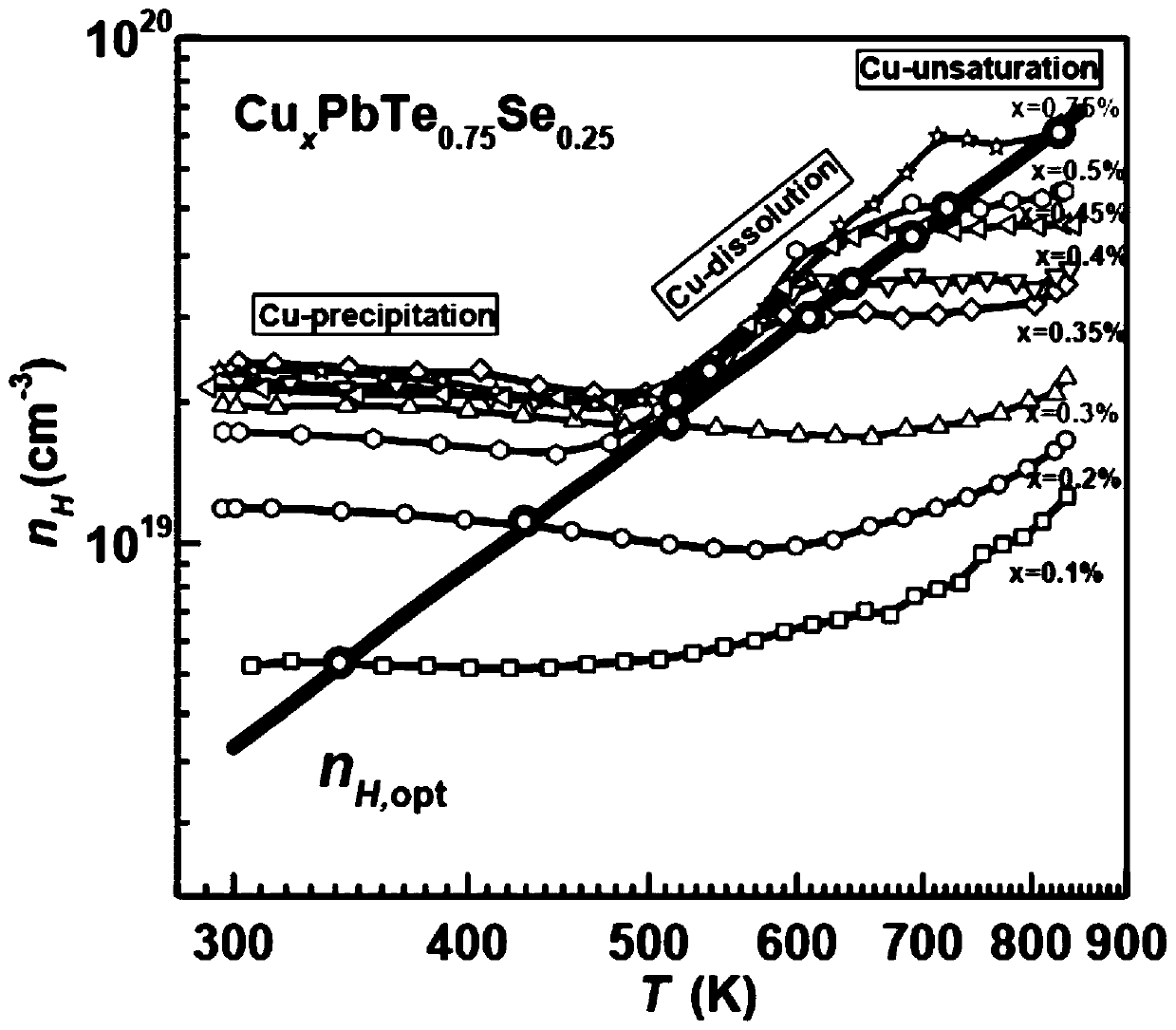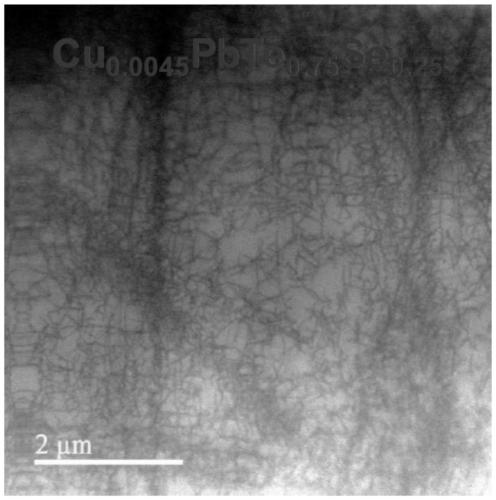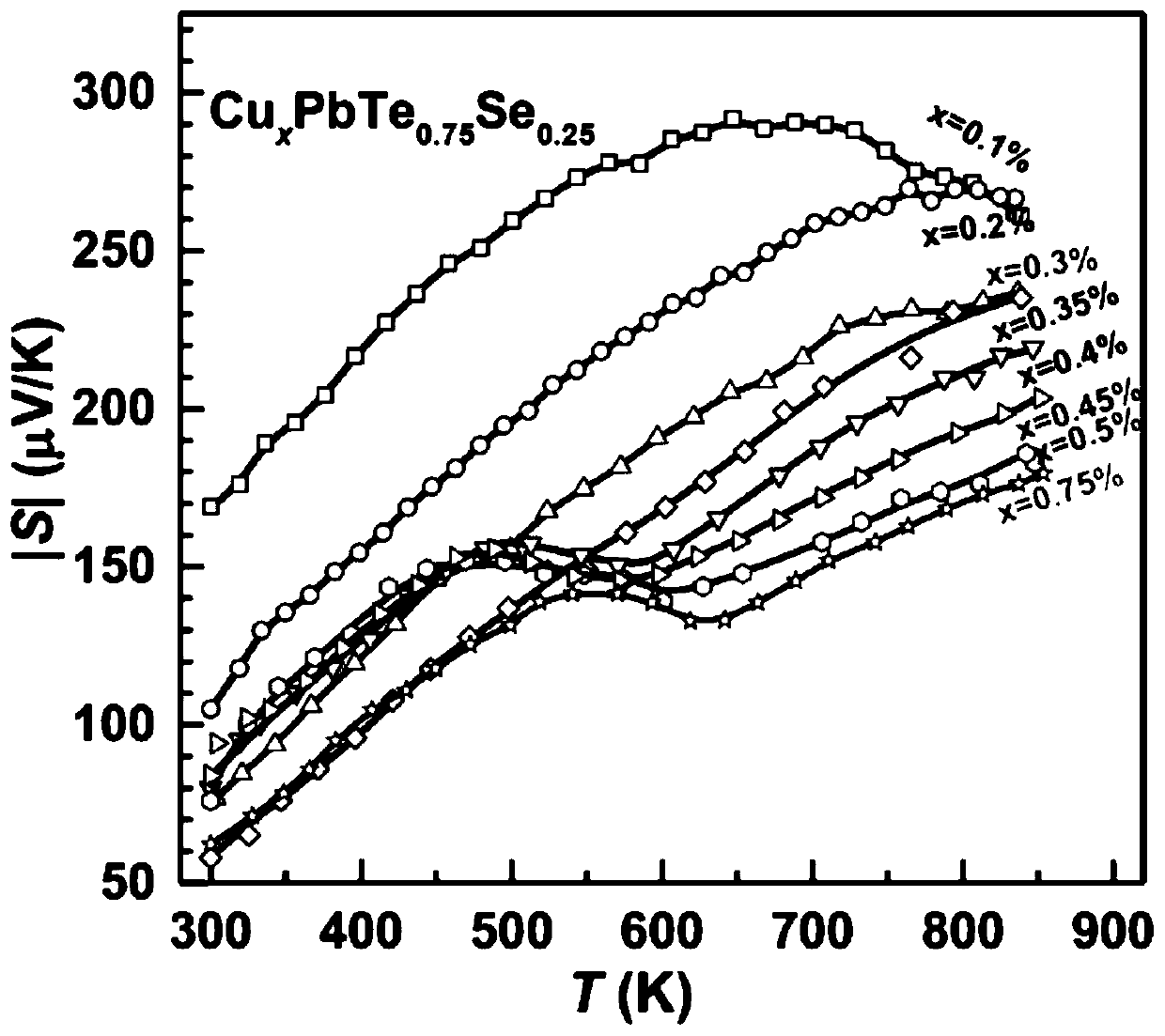Patents
Literature
Hiro is an intelligent assistant for R&D personnel, combined with Patent DNA, to facilitate innovative research.
99 results about "Electrical transport" patented technology
Efficacy Topic
Property
Owner
Technical Advancement
Application Domain
Technology Topic
Technology Field Word
Patent Country/Region
Patent Type
Patent Status
Application Year
Inventor
Method and apparatus for performing data flow ingress/egress admission control in a provider network
A method, apparatus and network for transporting layer-2 frames, such as Ethernet MAC, ATM AAL5, and Frame Relay, over MPLS, SONET / SDH, or OTN optical transport networks as well as electrical transport networks is disclosed. The method establishes "pseudo-wires" between, for example, routers, Layer-2 packet switches, or SONET / SDH switches. Inter-related ingress and egress resource tables may be used by provider edge nodes to negotiate consistently managed data tunnels across a provider network on behalf of data flowing from / to a diverse base of customer edge nodes. Detailed network resource information particular to each of the data flows is exchanged between provider edge nodes during the creation of pseudo-wires. Admission control algorithms are applied at the ingress and egress points in order to manage the data flows into a provider network and exiting from a provider network to customer equipment. By applying pseudo-wire shuffling and preemption techniques, the providers can make better use of their network resources by admitting more pseudo-wires.
Owner:CIENA
Method and apparatus for performing data flow ingress/egress admission control in a provider network
A method, apparatus and network for transporting layer-2 frames, such as Ethernet MAC, ATM AAL5, and Frame Relay, over MPLS, SONET / SDH, or OTN optical transport networks as well as electrical transport networks is disclosed. The method establishes “pseudo-wires” between, for example, routers, Layer-2 packet switches, or SONET / SDH switches. Inter-related ingress and egress resource tables may be used by provider edge nodes to negotiate consistently managed data tunnels across a provider network on behalf of data flowing from / to a diverse base of customer edge nodes. Detailed network resource information particular to each of the data flows is exchanged between provider edge nodes during the creation of pseudo-wires. Admission control algorithms are applied at the ingress and egress points in order to manage the data flows into a provider network and exiting from a provider network to customer equipment. By applying pseudo-wire shuffling and preemption techniques, the providers can make better use of their network resources by admitting more pseudo-wires.
Owner:CIENA
Narrow Graphene Nanoribbons from Carbon Nanotubes
ActiveUS20110253969A1Longer treatmentMaterial nanotechnologyDecorative surface effectsNanostructureNanotube
Disclosed is a method for making graphene nanoribbons (GNRs) by controlled unzipping of structures such as carbon nanotubes (CNTs) by etching (e.g., argon plasma etching) of nanotubes partly embedded in a polymer film. The GNRs have smooth edges and a narrow width distribution (2-20 nm). Raman spectroscopy and electrical transport measurements reveal the high quality of the GNRs. Such a method of unzipping CNTs with well-defined structures in an array will allow the production of GNRs with controlled widths, edge structures, placement and alignment in a scalable fashion for device integration. GNRs may be formed from nanostructures in a controlled array to form arrays of parallel or overlapping structures. Also disclosed is a method in which the CNTs are in a predetermined pattern that is carried over and transferred to a substrate for forming into a semiconductor device.
Owner:THE BOARD OF TRUSTEES OF THE LELAND STANFORD JUNIOR UNIV
Optical-electrical flex interconnect using a flexible waveguide and flexible printed circuit board substrate
A flex interconnect with an integrated electrical-to optical and optical-to-electrical transport layer, which enables the optical transport of critical high speed data without the need of expensive and bulky optical connectors. The flex interconnect assembly includes a flexible printed circuit substrate, which includes one or more electrical interconnects, formed on the flexible printed circuit substrate, for transmitting one or more electrical signals respectively. The flexible printed circuit substrate also includes an optical waveguide mounted onto the substrate. The optical waveguide includes an integral optical transport layer, including electrical-to-optical and optical-to-electrical interfaces connected at either end of the optical waveguide. With the integrated optical transport layer, the flex interconnect can receive electrical signals, convert and transmit them to optical signals, and then convert them back to electrical signals, all without expensive and bulky opto-electrical connectors. In one embodiment, the flex interconnect is used for transmitting both electrical and optical signals in a portable device, such as a cell phone, PDA, personal computer, and the like.
Owner:NAT SEMICON CORP
Large Scale High Quality Graphene Nanoribbons From Unzipped Carbon Nanotubes
A new method is disclosed for large-scale production of pristine few-layer graphene nanoribbons (GNRs) through unzipping of mildly gas-phase oxidized, and, optionally, metal-assisted oxidized, multiwalled and few-walled carbon nanotubes. The method further comprises sonication in an organic solvent. High-resolution transmission electron microscopy revealed nearly atomically smooth edges for narrow GNRs (2-30 nm). The GNRs exhibit ultra-high quality with low ratios of disorder (D) to graphitic (G) Raman bands (ID / IG). Further electrical transport through the valence-band of the GNRs exhibits metallic behavior with little disorder effect. At low temperatures, the GNRs exhibit high conductance and phase coherent electron transport through entire lengths. Sub 10 nm GNRs exhibit high on / off electrical switching useful for field effect transistors may also be prepared according to the present methods. The high yield synthesis of pristine GNRs enables facile fabrication of GNR devices, making these materials easily accessible for a wide range of fundamental and practical applications.
Owner:THE BOARD OF TRUSTEES OF THE LELAND STANFORD JUNIOR UNIV
Opto-electronic module with improved low power, high speed electrical signal integrity
An apparatus and method for receiving electrical signals and transmitting optical signals includes a substrate having an electrical circuit. An electrical-to-optical module is mounted on the substrate, and the module includes an array of photodetectors communicating with the electrical circuit. The photodetectors may include VCSEL arrays or PD arrays. The module receives electrical signals from the electrical circuit and provides a plurality of corresponding light signals. An electrical transport is embedded in the substrate, and the electrical transport electrically communicates with the array of photodetectors. An optical interface provides electrical communication between an optical fiber and the electrical circuit. A heat transfer device may be positioned adjacent the photodetectors to transfer heat generated by the photodetectors.
Owner:GLOBALFOUNDRIES INC
Single nanowire electrochemical device and assembly and in-situ characterization method thereof
ActiveCN101924202APerformance degradationReduce capacityCell electrodesSecondary cells servicing/maintenanceVanadium oxideMetal electrodes
The invention relates to a single nanowire electrochemical device and an assembly and in-situ characterization method thereof. The method comprises the following steps of: dispersing nanowire anodes of vanadium oxide nanowires, and the like, nano film cathodes of HOPG (Highly Oriented Pyrolytic Graphite), and the like or nanowire cathodes of silicon nanowires, and the like and nano film anodes of LiCoO2, and the like on a substrate; respectively making metal electrodes at both ends of the nanowires and the nano films as current collectors by adopting technologies, such as PECVD (Plasma-Enhanced Chemical Vapor Deposition), and the like; then, depositing silicon nitride or spinning a photoresist on the metal current collectors as protection layers of the current collectors by adopting the PECVD technology, and the like; and finally, dispensing a polymer electrolyte on the surface of the substrate to finish the assembly of the single nanowire electrochemical device. In the invention, charging and discharging tests are carried out on the electrochemical device, then in-situ electrical transport performance tests, micro-domain Raman spectrum analysis, and the like are carried out on the single nanowire electrodes in different charging and discharging states, the direct relation among the electrical transport, the structure and the electrochemical performance of the nanowire electrode material is established, a platform is provided for battery diagnosis, and the like and a support power supply can be provided for the nano device.
Owner:武汉楚理佳纳新能源科技有限公司
Molybdenum disulfide/silicon heterogeneous film component with hydrogen sensitivity effect as well as preparation method and application thereof
InactiveCN104049022AEliminate dependenciesObvious response characteristicsMaterial analysis by electric/magnetic meansDirect current magnetron sputteringElectrical transport
The invention discloses a molybdenum disulfide (MoS2) / silicon (Si) heterogeneous film component with a hydrogen sensitivity effect as well as a preparation method and application thereof. The MoS2 / Si heterogeneous film component comprises a Si substrate and a MoS2 film layer which is deposited on the surface of the Si substrate by a direct current magnetron sputtering technology. According to the preparation method, by depositing the MoS2 film on the surface of the Si substrate, the MoS2 / Si heterogeneous film component having an H2 sensitivity effect is prepared by virtue of H2 adsorption of the MoS2 film and electrical transport amplification action of a semiconductor heterogeneous interface. Test results show that under the condition of pure H2, when impressed voltage is -5V, the electric current of the MoS2 / Si heterogeneous film component is reduced by two orders of magnitude; meanwhile, the heterogeneous film component shows obvious response to H2 concentration change. Compared with an existing semiconductor type H2 sensing component, the MoS2 / Si heterogeneous film component has advantages of having obvious H2 response performance, and being good in repeatability, high in reliability and free of dependence on oxygen atmosphere condition and noble metal.
Owner:CHINA UNIV OF PETROLEUM (EAST CHINA)
Use of deep-level transitions in semiconductor devices
InactiveUS20050056864A1Easy to useDesigning can be facilitatedLaser detailsLaser active region structureDevice materialEngineering
The invention relates to the design, fabrication, and use of semiconductor devices that employ deep-level transitions (i.e., deep-level-to-conduction-band, deep-level-to-valence-band, or deep-level-to-deep-level) to achieve useful results. A principal aspect of the invention involves devices in which electrical transport occurs through a band of deep-level states and just the conduction band (or through a deep-level band and just the valence band), but where significant current does not flow through all three bands. This means that the deep-state is not acting as a nonradiative trap, but rather as an energy band through which transport takes place. Advantageously, the deep-level energy-band may facilitate a radiative transition, acting as either the upper or lower state of an optical transition.
Owner:YALE UNIV
Narrow graphene nanoribbons from carbon nanotubes
Disclosed is a method for making graphene nanoribbons (GNRs) by controlled unzipping of structures such as carbon nanotubes (CNTs) by etching (e.g., argon plasma etching) of nanotubes partly embedded in a polymer film. The GNRs have smooth edges and a narrow width distribution (2-20 nm). Raman spectroscopy and electrical transport measurements reveal the high quality of the GNRs. Such a method of unzipping CNTs with well-defined structures in an array will allow the production of GNRs with controlled widths, edge structures, placement and alignment in a scalable fashion for device integration. GNRs may be formed from nanostructures in a controlled array to form arrays of parallel or overlapping structures. Also disclosed is a method in which the CNTs are in a predetermined pattern that is carried over and transferred to a substrate for forming into a semiconductor device.
Owner:THE BOARD OF TRUSTEES OF THE LELAND STANFORD JUNIOR UNIV
Supported ceramic membranes and electrochemical cells including the same
InactiveUS20070042225A1Enhancement of chemicalEnhancement of electrical transportSludge treatmentIsotope separationSlurryOxygen
Supported thin film membranes of ceramic materials and electrochemical cells including supported thin film membranes. The microstructure of the support is particularly well suited for the well suited for subsequent infiltration with electrochemically active species (as solutions, slurries, or salts) to enhance chemical or electrical transport to the membrane and maintains satisfactory gas flow to the membrane after infiltration. This invention may be useful in electrochemical separations or catalytic reactors including, but not limited to, solid oxide fuel cells and oxygen separation membranes.
Owner:NEXTECH MATERIALS
Manganite epitaxial thin film and preparation method thereof
InactiveCN103774227AStrong ferromagnetismGood electrical transportPolycrystalline material growthAfter-treatment detailsChemical solutionManganese
The invention discloses a manganite epitaxial thin film. The manganite epitaxial thin film is of a layered structure and comprises a single crystal basal layer and a manganite epitaxial thin film layer growing on the single crystal basal layer in a stacking manner. The invention aslo discloses a method for preparing the manganite epitaxial thin film by adopting a chemical solution approach. The adjustment of physical properties such as ferromagnetic / paramagnetic curie temperature and electrical transport property of the manganite epitaxial thin film is realized by adjustment of the components. The manganite epitaxial thin film has ferromagnetic property and electrical transport and colossal magnetoresistance effects, is compatible with a semiconductor integrated circuit technology and has wide application prospect in information industries such as magnetoresistance sensors and magnetic memory materials. The preparation method is simple to operate and low in cost; the manganite epitaxial thin film is good in repeatability and suitable for large-scale production.
Owner:EAST CHINA NORMAL UNIVERSITY
A method for preparing a flexible thermoelectric thick film material with excellent electrical transport performanceby adding a sintering aid
ActiveCN109192851AReduce contact resistanceImprove electrical transport performanceThermoelectric device manufacture/treatmentThermoelectric materialsIn plane
A method for preparing a flexible thermoelectric thick film material with excellent electric transport performance by adding a sintering aid includes such steps as 1) uniformly mixing that thermoelectric material powder and the sintering aid to obtain a mixed powder, adding a sintering aid to the thermoelectric thick film material, adding a sintering aid to the thermoelectric thick film material,adding a sintering aid to the thermoelectric thick film material, and adding a sintering aid to the thermoelectric thick film material. 2) dissolving that polymer resin in an appropriate solvent to obtain a solution of the polymer resin; 3) uniformly mix that mixed powder and the polymer resin solution to prepare a thermoelectric slurry; 4) prin that thermoelectric paste onto a substrate by a printing method; 5) level that wet film of the slurry, drying and sinter. The invention has the advantages that the sintering aid is environmentally friendly and low in price, the electric transport performance of the flexible thermoelectric thick film material can be remarkably improved by adding the sintering aid, the preparation method of the thermoelectric thick film material is simple and controllable, the preparation period is short, the sintering aid is suitable for industrial production, and the development of the in-plane flexible thermoelectric device is expected to be promoted.
Owner:WUHAN UNIV OF TECH
Selective and conformal passivation layer for 3D high-mobility channel devices
InactiveUS9984940B1Increase deposition rateReduce the probability of depositionSemiconductor/solid-state device detailsSolid-state devicesElectricityCelsius Degree
A scaled dielectric stack interlayer, compatible with subsequent high temperature processing with good electrical transport & reliability properties is provided. A method for forming a conformal aSi:H passivation layer on a semiconductor device is described. A patterned semiconductor wafer is placed in in a process chamber with a first layer formed thereon and a second layer formed thereon, the first layer and the second layer being two different materials Next, a SixH(2x+2) based deposition up to a temperature of 400 degrees Celsius is used on the first layer and the second layer thereby forming a conformal aSi:H passivating layer is formed at a higher rate of deposition on the first layer selectively and a lower rate of deposit on the second layer.
Owner:IBM CORP +1
Gas cylinder transportation cart system for power grid and control method
InactiveCN107804359ASimple structureFully automatedSupporting partsHand carts with multiple axesElectricityGas cylinder
The invention belongs to the field of electric power transportation, and in particular relates to a gas cylinder transport trolley system and control method for power grids that can safely and automatically erect gas cylinders that fall to the ground and can automatically transport the gas cylinders onto the vehicle; the invention includes an L-shaped frame , a rotary drive device, a backguy, a clip and a turntable; the rotary drive device is arranged on the vertical part of the frame body, and the output part of the rotary drive device is connected to one end of the backguy; the other end of the backguy is connected to the clip; the The bottom of the frame is provided with an opening, and the rotating plate is located at the opening, and the rotating plate is connected to the bottom of the frame through the rotating shafts on both sides; the bottom surface of the bottom of the frame is provided with casters; Devices, baffles, turntables, and pull wires are all equipped with corresponding sensors or inductive switches. The use of each sensor or inductive switch in conjunction with each other realizes the automation of the system and also ensures the safety of the system; the system provides A control method is also provided on the basis of the structure.
Owner:HAIBEI POWER SUPPLY COMPANY STATE GRID QINGHAI ELECTRIC POWER +1
Bracket-suspending vacuum sleeve circulating liquid nitrogen superconducting circuit
InactiveCN101699570AReasonable designSimple structureSuperconductors/hyperconductorsSuperconductor devicesLiquid nitrogenSuperconducting circuits
The invention relates to a bracket-suspending vacuum sleeve circulating liquid nitrogen superconducting circuit which comprises leads, a liquid nitrogen tube, a composite outer tube and liquid nitrogen, wherein the leads and the liquid nitrogen tube are respectively fixedly suspended in the center of the liquid nitrogen tube and the center of the composite outer tube by a polygonal lead bracket and a liquid nitrogen tube bracket which are arranged at intervals. The circuit can be laid in grooves, and the pressurization injection and overflow of the liquid nitrogen are set discontinuously for monitoring and maintaining a station of a vacuum state of a vacuum tube. The bracket suspended vacuum sleeve circulating liquid nitrogen superconducting circuit of the invention has reasonable design, simple structure, convenient manufacture and laying, and low cost in maintenance and monitoring, and is suitable for long-distance high-capacity electrical transport, thereby having good popularization and use value.
Owner:董兰田
Regulation method of high-temperature thermoelectricity Sr3Co4O9 thin-film electrical resistivity
ActiveCN106350774ARealize continuous controlResistivity anisotropyThermoelectric device manufacture/treatmentVacuum evaporation coatingSingle crystalCobalt
The invention provides a regulation method of high-temperature thermoelectricity Sr3Co4O9 thin-film electrical resistivity, and belongs to the field of a functional film material. The method includes steps of growing a Sr3Co4O9 thin film extended along a C axis on a single crystal substrate inclined at different angles through pulsed laser deposition, and regulating the electrical resistivity of the extended thin film along the inclination direction through the inclining angle of the c axis of the single crystal substrate. The method can reflect the electrical transport anisotropy of a laminar cobalt-based oxide material.
Owner:KUNMING UNIV OF SCI & TECH
Vacuum sealed electrical wire outlet structure
PendingCN107834754APrevent internal and external leakageSimple structureSupports/enclosures/casingsEngineeringScrew thread
The invention discloses a vacuum sealed electrical wire outlet structure, comprising a wiring cover, an inner insulation sleeve, an outer insulation sleeve, a sealing ring, a wiring terminal, hexagonnuts and a cable lug. A wiring hole is set on the wiring cover. The wiring terminal penetrates the wiring hole. The inner insulation sleeve, the outer insulation sleeve and the sealing ring sleeve thewiring terminal. The inner insulation sleeve and the outer insulation sleeve are respectively set at the inner side and the outer side of the wiring cover. The sealing ring is set between the inner insulation sleeve and the outer insulation sleeve. A plurality of hexagon nuts are in threaded connection with the upper side and the lower side of the wiring terminal. The cable lug sleeves the wiringterminal. The hexagon nuts at the upper side and lower side of the wiring terminal are screwed tightly and the inner insulation sleeve and the outer insulation sleeve correspondingly resist against the wiring hole in a sealed mode. The vacuum sealed electrical wire outlet structure is simple in structure, low in cost and good in sealing effect and is applied to an occasion having a strict sealingrequirement for a motor. On the premise of ensuring electrical transport, the interior and exterior leakage of the motor is avoided.
Owner:NANJING CIGU TECH CORP LTD
Environment-friendly sulfur group stannide thermoelectric material and preparing method thereof
InactiveCN106676322AImprove thermoelectric performanceImprove thermoelectric conversion efficiencyElectricityLead telluride
The invention relates to a high-performance environment-friendly sulfur group stannide thermoelectric material and a preparing method thereof. The chemical general formula of the thermoelectric material is Sn1.03-yMgyTe(Cu2Te)x(0<x<=0.05, 0<y<=0.12). According to the preparing method, a metal elementary substance with purity larger than 99% is used as a raw material, material matching is carried out according to the stoichiometric ratio of Sn1.03-yMgyTe(Cu2Te)x, after vacuum packaging, high-temperature melting and annealing heat treatment are carried out, the material is ground into powder, and after vacuum hot-press sintering and slow cooling are carried out, a sheet material is obtained and is the novel sulfur group stannide thermoelectric material of the target component. According to the design, in the SnTe material, collaborative optimization of an electrical transport property and a hot transport property is achieved to improve thermoelectric performance of the material. Compared with the prior art, the invention develops a novel high-performance environment-friendly Sn1.03-yMgyTe(Cu2Te)x thermoelectric material, the zT value reaches 1.4 at 900 K, and the material is an environment-friendly high-performance thermoelectric material with potentials for replacing a traditional p-type lead telluride material.
Owner:TONGJI UNIV
Multiferroic composite magnetoelectric film and preparation method thereof
InactiveCN106591807AIncrease the areaImprove performanceLiquid/solution decomposition chemical coatingComposite filmMagnetic memory
The invention discloses a multiferroic composite magnetoelectric film and a preparation method thereof. The magnetoelectric composite film comprises a (001)PMN-PT substrate and a manganese-lanthanum oxide film (La1-xRexMnO3, Re=Sr, Ca, Ba and the like) deposited on the substrate. The invention belongs to the technical field of films. The method is preparing a manganese-lanthanum oxide epitaxial film on the (001)PMN-PT substrate through a wet chemical method (sol-gel method), and comprises the following steps: preparing a precursor solution, carrying out pre-treatment on the PMN-PT substrate and carrying out deposition and heat treatment on the film on the substrate, and finally obtaining the needed composite magnetoelectric film. The manganese-lanthanum oxide / (001)PMN-PT composite magnetoelectric film disclosed by the invention has ferromagnetic performance, electrical transport performance and colossal magnetoresistance effect, and has a wide application prospect in the information industry and the devices of magneto-resistance sensors, ferromagnetic film devices, spin electronic devices, magnetic memory materials and the like.
Owner:XI AN JIAOTONG UNIV
System for charging electrical energy storage elements of a vehicle
ActiveUS20180037122A1Short timeBatteries circuit arrangementsCharging stationsElectric vehicleElectrical transport
The field of the present invention is that of so-called “green” vehicles and more particularly that of electric vehicles. It relates in particular although not exclusively to the field of self-powered electrical transport means and to the Systems for powering same. More specifically, the present invention relates to the device for charging the energy storage means used in parallel with a source of electrical energy by using energy storage devices as buffer devices.
Owner:FORSEE POWER
P type SnS single-crystal material and preparation method thereof
InactiveCN108842184ARemove the effects of mobilityImprove electrical transport performancePolycrystalline material growthThermoelectric device manufacture/treatmentElectricityThermoelectric materials
The invention provides a preparation method of a P type SnS single-crystal material. By using a vertical temperature gradient single temperature area solidification method to prepare the P type SnS single-crystal material, the influence of the existence of a crystal boundary on a migration rate of the P type SnS single-crystal material is effectively eliminated, the carrier mobility of an interlayer height is reasonably utilized, and the electrical transport property is obviously improved; and as Na is used as a valid P type dopant, the electrical property is optimized. The P type SnS single-crystal material prepared by the preparation method of the P type SnS single-crystal material, provided by the invention, has the advantages that the carrier mobility reaches up to 156 cm2.V(-1).s(-1),the mean ZT value reaches up to 0.57, and the theoretical heat-to-electric conversion efficiency is 6.8%-10.4%. Compared with an existing P type polycrystal SnS thermoelectric material, the P type SnS single-crystal material prepared by the preparation method of the P type SnS single-crystal material, provided by the invention, has the advantage that the conversion efficiency of the P type SnS crystal thermoelectric material is obviously enhanced; and the P type SnS single-crystal material prepared by the preparation method of the P type SnS single-crystal material, provided by the invention,has large dimension and can be produced and applied on a large scale.
Owner:BEIHANG UNIV
Use of deep-level transitions in semiconductor devices
InactiveUS20060226440A1Easy to useUseful resultPhotovoltaic energy generationSemiconductor devicesDevice materialEngineering
The invention relates to the design, fabrication, and use of semiconductor devices that employ deep-level transitions (i.e., deep-level-to-conduction-band, deep-level-to-valence-band, or deep-level-to-deep-level) to achieve useful results. A principal aspect of the invention involves devices in which electrical transport occurs through a band of deep-level states and just the conduction band (or through a deep-level band and just the valence band), but where significant current does not flow through all three bands. This means that the deep-state is not acting as a nonradiative trap, but rather as an energy band through which transport takes place. Advantageously, the deep-level energy-band may facilitate a radiative transition, acting as either the upper or lower state of an optical transition.
Owner:YALE UNIV
Composite thermoelectric material and preparing method thereof
ActiveCN104733604ALow thermal conductivityThe electrical transport performance remains unchangedThermoelectric device manufacture/treatmentThermoelectric device junction materialsThermoelectric materialsMetallurgy
The invention discloses a composite thermoelectric material and the preparing method thereof. The composite thermoelectric material comprises a solid thermoelectric material and oxidized graphene. The preparing method comprises the steps of mixing solid thermoelectric material powder and oxidized graphene solution, conducting ultrasonic treatment, and obtaining the composite thermoelectric material through suction filtration, drying, grinding and sintering. Compared with an N-type solid matrix thermoelectric material, the composite thermoelectric material has the advantages that heat conductivity is reduced greatly, electrical transport property is basically unchanged, and then thermoelectricity merit figure ZT is increased by over 25%; compared with a P-type solid matrix thermoelectric material, the composite thermoelectric material has the advantages that conductivity and Seebeck coefficient are both improved, heat conductivity is effectively restrained, and thermoelectricity merit figure ZT is increased by over 50%; meanwhile, compared with the N-type solid matrix thermoelectric material and the P-type solid matrix thermoelectric material, the composite thermoelectric material containing oxidized graphene has the advantage that ZT can be increased greatly within the whole temperature range.
Owner:SHANGHAI INST OF CERAMIC CHEM & TECH CHINESE ACAD OF SCI
Thermal shrinkage and cold expansion type self-on-off cable sheath
ActiveCN111768914AEfficient conductionSpeed up distributionClimate change adaptationPower cables with screens/conductive layersThermal dilatationThermodynamics
The invention discloses a thermal shrinkage and cold expansion type self-on-off cable sheath, and belongs to the field of cables. According to the thermal shrinkage and cold expansion type self-on-offcable sheath, through arranging a thermal shrinkage and cold expansion mechanism, when external temperature is high, a transverse temperature sensing rod is heated to expand, the upper ends of the two thermal shrinkage cold expansion plates are close to each other and are in a thermal shrinkage state. At the moment, the self-on-off heat-conducting rod is contacted with the heat-conducting block,the heat is dissipated to the outside of the outer sheath along the self-on-off heat conduction rod. Compared with the prior art, heat is directly dissipated from the heat conduction block to the outside of the outer sheath by taking air as a heat dissipation medium, the heat dissipation efficiency is obviously improved. When temperature is low in winter, the transverse temperature sensing rod shrinks, at the moment, the distance between the two thermal shrinkage and cold expansion plates is large, the two thermal shrinkage and cold expansion plates are in a cold expansion state, the self-on-off heat conduction rods do not make contact with the heat conduction blocks, heat at the heat conduction blocks is dissipated out of the outer protection layer through air serving as a medium, the heat dissipation efficiency is low, the temperature of the cable is effectively kept, and the normal power transmission efficiency at the low temperature is effectively guaranteed.
Owner:DATANG LIAOYUAN POWER PLANT
Preparation method of arched graphene three-dimensional network
The invention discloses a preparation method of an arched graphene three-dimensional network. On the basis that graphene grows on a conventional copper substrate through chemical vapor deposition, the number of layers and the continuity of graphene are controlled by introducing trace metallic nickel steam, so that the graphene three-dimensional network growing on a three-dimensional copper-catalyzed template has the best self-supporting property and the best electrical transport performance suitable for stress sensing detection during transferring, and is transferred to a flexible target substrate with a soft gel half-coating method during separation transferring of the graphene three-dimensional network, and the graphene three-dimensional network with the special arched structure is prepared.
Owner:NANJING UNIV OF AERONAUTICS & ASTRONAUTICS
Rotation angle sample rod for electric transport measurement
PendingCN110568287APrecise and stable rotationSolve the problem of insufficient space utilizationElectrical testingMeasurement instrument housingTurn angleElectrical transport
The invention discloses a rotation angle sample rod for electrical transport measurement. The rotation angle sample rod comprises an angle adjusting knob, an angle adjusting dial, a vertical sliding block, a horizontal sliding groove, an inclined sliding groove, a transmission rod and a sample table fixing shaft; the angle adjusting knob is used for manually adjusting the rotation angle of the sample rod by controlling the vertical sliding block to move; the angle adjusting dial is used for displaying the range of the knob; the horizontal sliding groove is located in the center of the verticalsliding block and used for transversely limiting a screw at the upper end of the transmission rod; the inclined sliding groove is formed in a sample rod shell and is used for longitudinally limitinga screw at the upper end of the transmission rod; a screw at the lower end of the transmission rod is connected with a sample table through a rotating shaft hole in the back surface of the sample table and is used for overturning the sample table; the sample table fixing shaft is used for fixing the sample table; and when the sample table is rotated through the sample table fixing shaft, the screwat the upper end of the transmission rod is limited at the intersection of the horizontal sliding groove and the inclined sliding groove. With the rotation angle sample rod adopted, the problem thatthe space utilization rate of an existing sample rod is insufficient is solved.
Owner:HUAZHONG UNIV OF SCI & TECH
In-situ representation performance testing method based on single nano-wire electrode material
ActiveCN104701205AImprove performanceSemiconductor/solid-state device testing/measurementHybrid capacitor electrodesPorous grapheneNanowire
The invention discloses an in-situ representation performance testing method based on single nano-wire electrode material. The method comprises the steps of dispersing single nano-wires on an insulating layer as an electrode active material of a super-capacitor; setting up the two ends of single nano-wires on current collectors made from metal materials, and injecting an electrolyte to package, so as to obtain symmetric single nano-wire electrochemical super-capacitor devices; taking single nano-wires as an anode, taking another single nano-wire as a cathode, and then performing in-situ electrical transport property test on the single nano-wire electrode, so as to stand the symmetric single nano-wire electrochemical super-capacitor devices in different charging and discharging conditions. The in-situ representation performance testing method provided by the invention has the beneficial effects of being capable of explaining an essential reason that a coaxial nano-wire structure formed by covering an MnO2 (Manganese Dioxide) nano-wire covered by graphene is excellent in performance when the essential reason that a coaxial nano-wire structure can be taken as an electrode material of the super-capacitor, and an energy storage device with high power density can be provided for nano-devices.
Owner:WUHAN UNIV OF TECH
High-performance PbTe-based N-type thermoelectric material and preparation method thereof
PendingCN111200055AAchieving Spontaneous Dynamic OptimizationImprove solubilityThermoelectric device manufacture/treatmentThermoelectric device junction materialsHigh densityPhysical chemistry
The invention relates to a high-performance PbTe-based N-type thermoelectric material and preparation thereof. The chemical formula of the thermoelectric material is CuxPbTe0.75Se0.25, wherein x is greater than 0 and less than or equal to 0.75%. Compared with the prior art, by using heterovalent interstitial copper atom doping, electrons can be released at interstitial positions after copper atomsenter crystal lattices, and the carrier concentration is adjusted, so that the material shows the properties of an N-type semiconductor. Due to the fact that the added interstitial copper atoms havethe solubility which is continuously increased along with the temperature in a PbTe0.75Se0.25 material system, the carrier concentration which is increased along with the temperature rise can be obtained in the temperature rise process, dynamic optimization of the carrier concentration is achieved, and the electrical transport performance of the material is enhanced. Besides, high-density intragranular dislocations can be introduced into the material due to aggregation of the interstitial copper atoms, and remarkable lattice strain can be introduced into the material due to the dislocation defects, so that the lattice thermal conductivity of the material is greatly reduced, and the thermal performance of the material is greatly optimized.
Owner:TONGJI UNIV
Power module and electric transportation apparatus incorporating the same
InactiveUS20060022355A1High currentLower resistanceConversion constructional detailsSemiconductor/solid-state device detailsDevice materialEngineering
A power module includes a plurality of first semiconductor devices disposed so as to define a first layer in a substantially common plane, a plurality of second semiconductor devices disposed so as to define a second layer in a substantially same plane, and at least one metal plate electrically connected to at least two semiconductor devices selected from among the plurality of first and second semiconductor devices. The first layer and second layer are stacked such that the plurality of second semiconductor devices do not overlap the plurality of first semiconductor devices.
Owner:YAMAHA MOTOR CO LTD
Features
- R&D
- Intellectual Property
- Life Sciences
- Materials
- Tech Scout
Why Patsnap Eureka
- Unparalleled Data Quality
- Higher Quality Content
- 60% Fewer Hallucinations
Social media
Patsnap Eureka Blog
Learn More Browse by: Latest US Patents, China's latest patents, Technical Efficacy Thesaurus, Application Domain, Technology Topic, Popular Technical Reports.
© 2025 PatSnap. All rights reserved.Legal|Privacy policy|Modern Slavery Act Transparency Statement|Sitemap|About US| Contact US: help@patsnap.com
